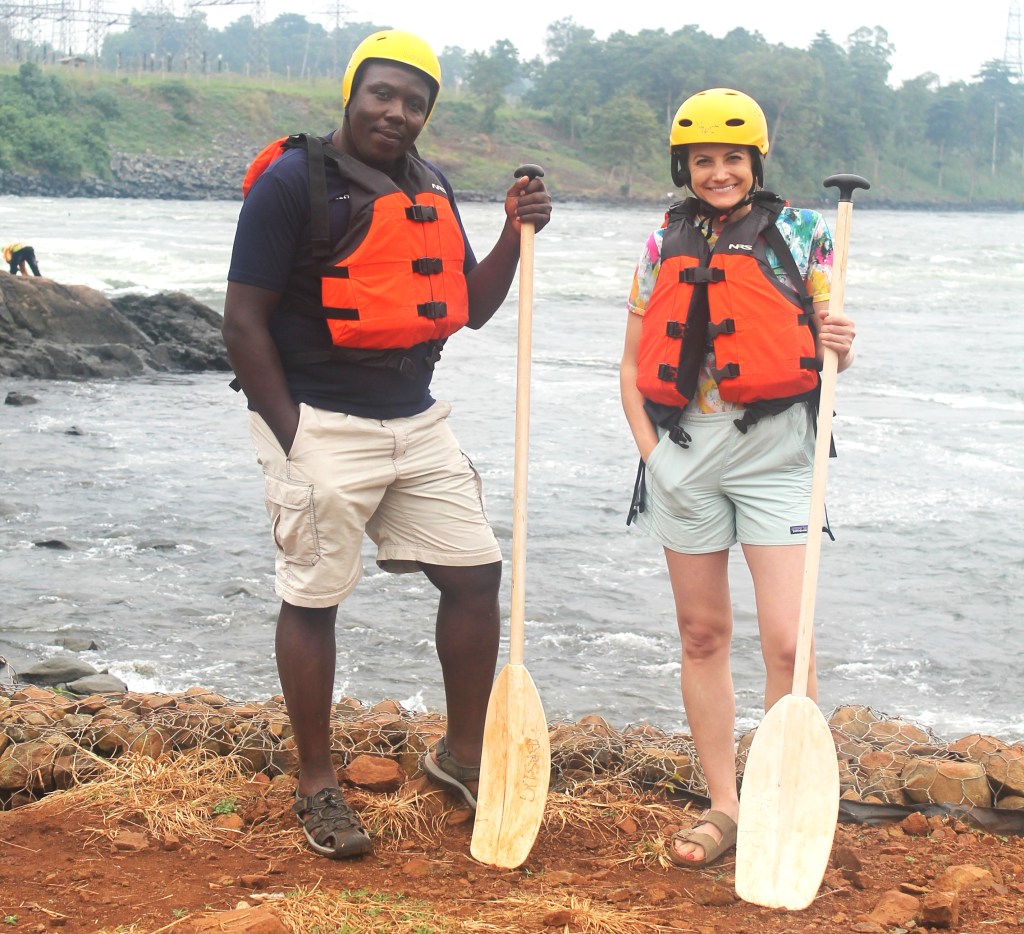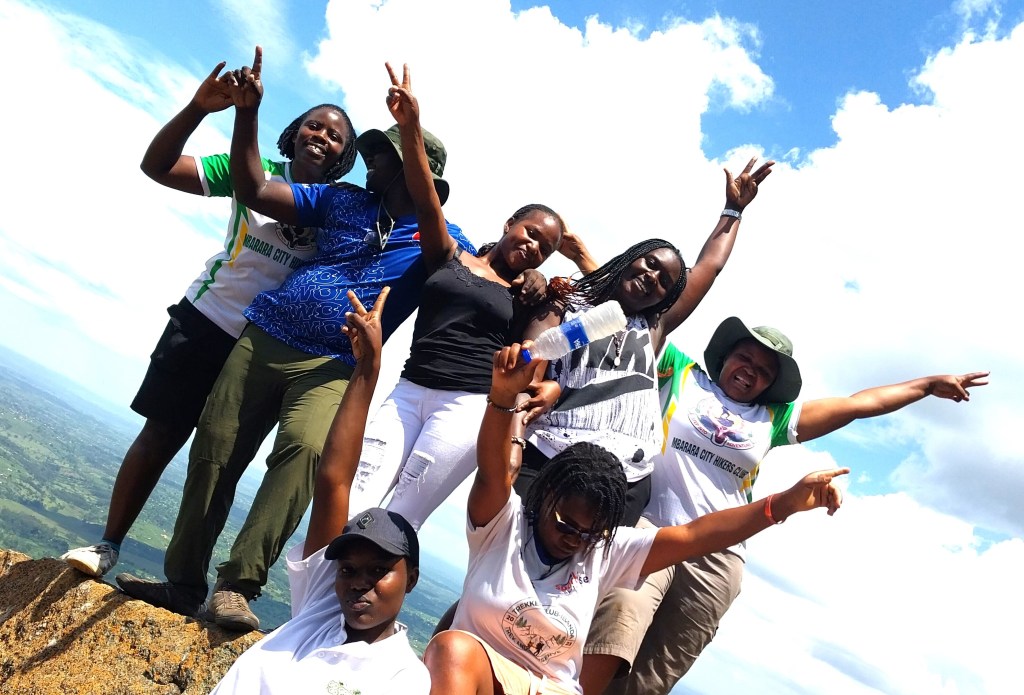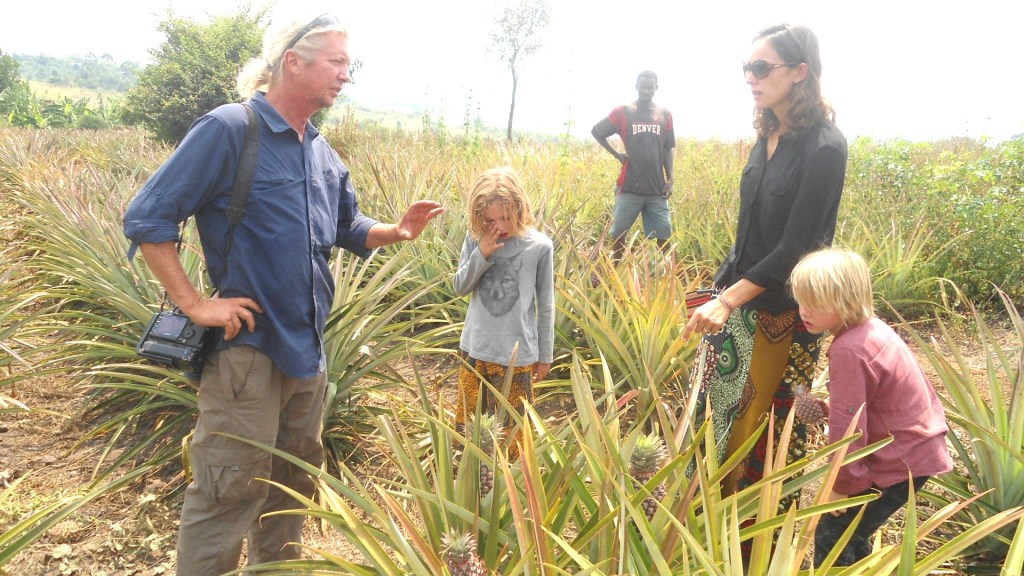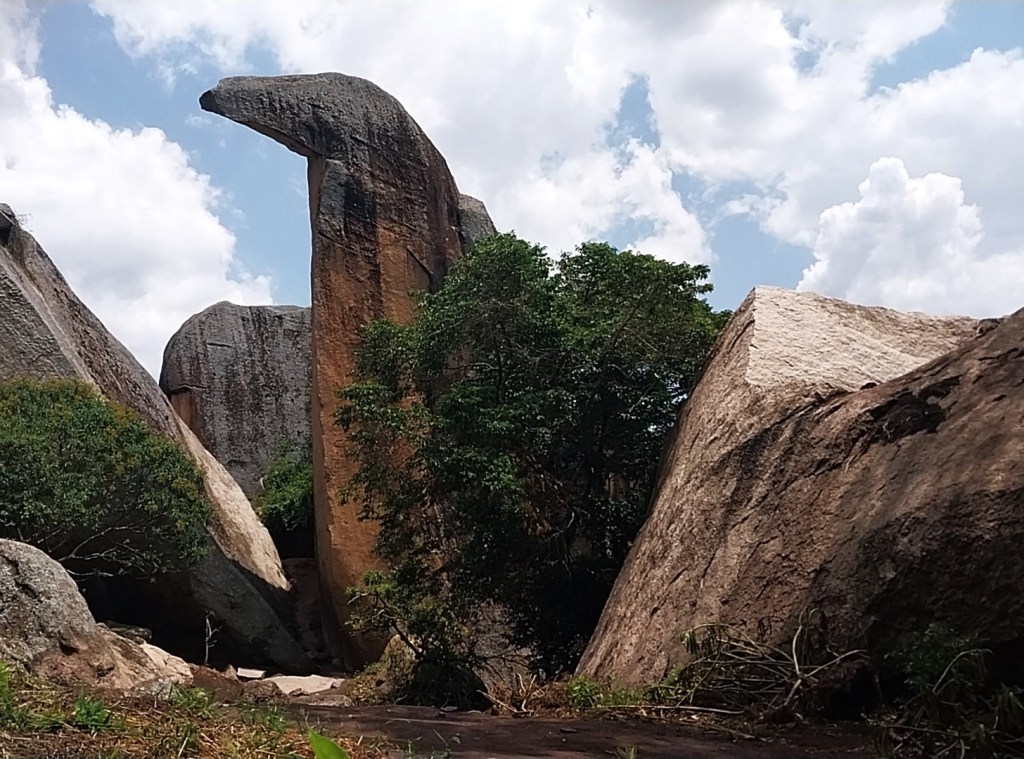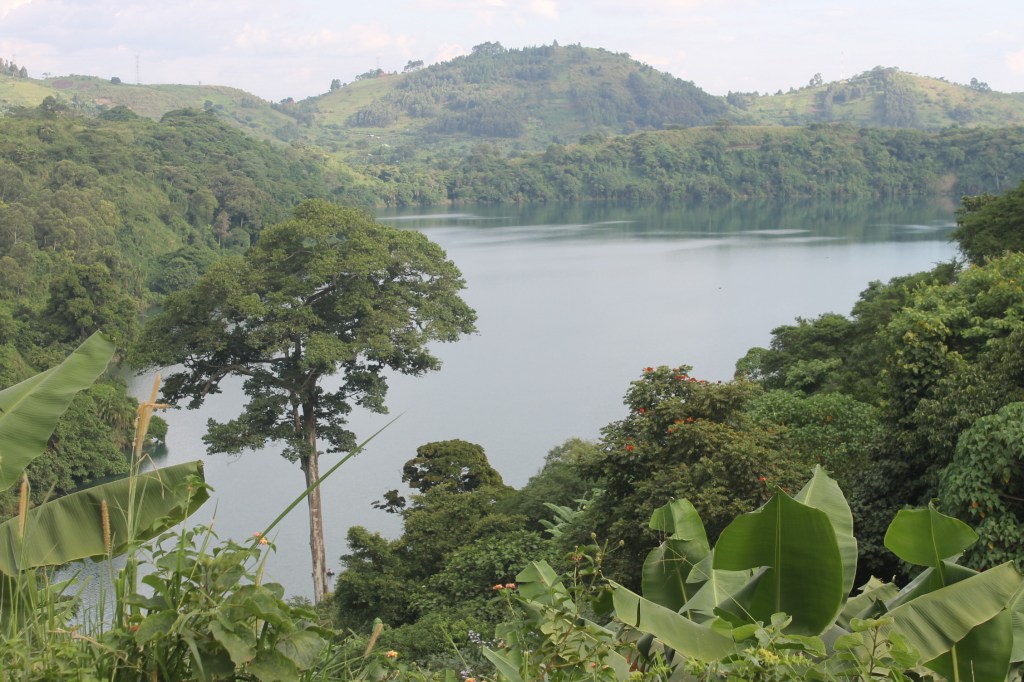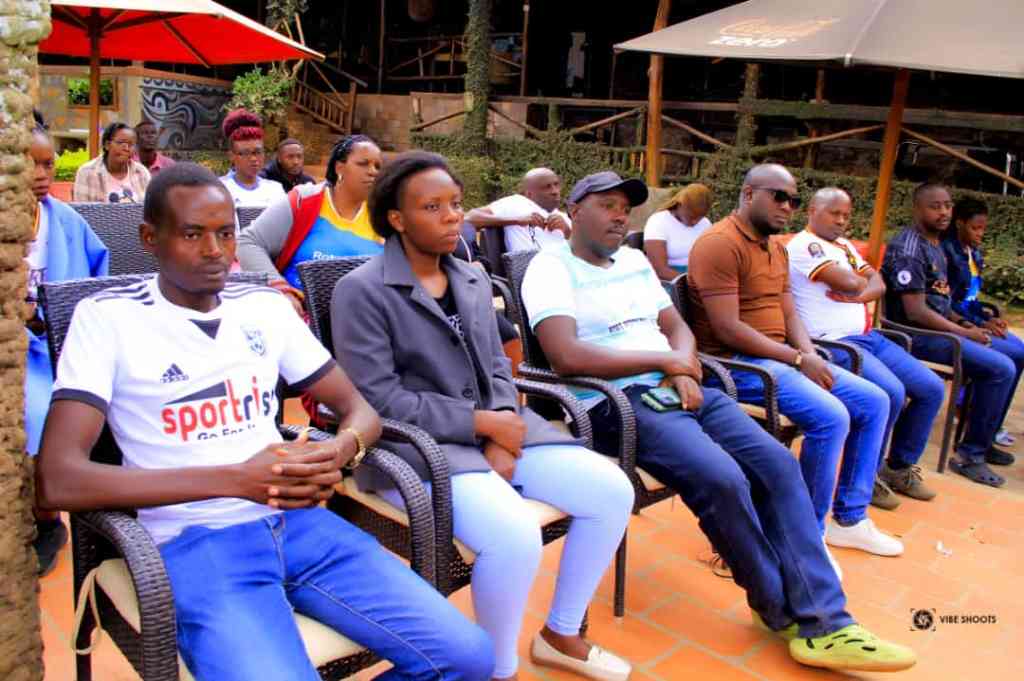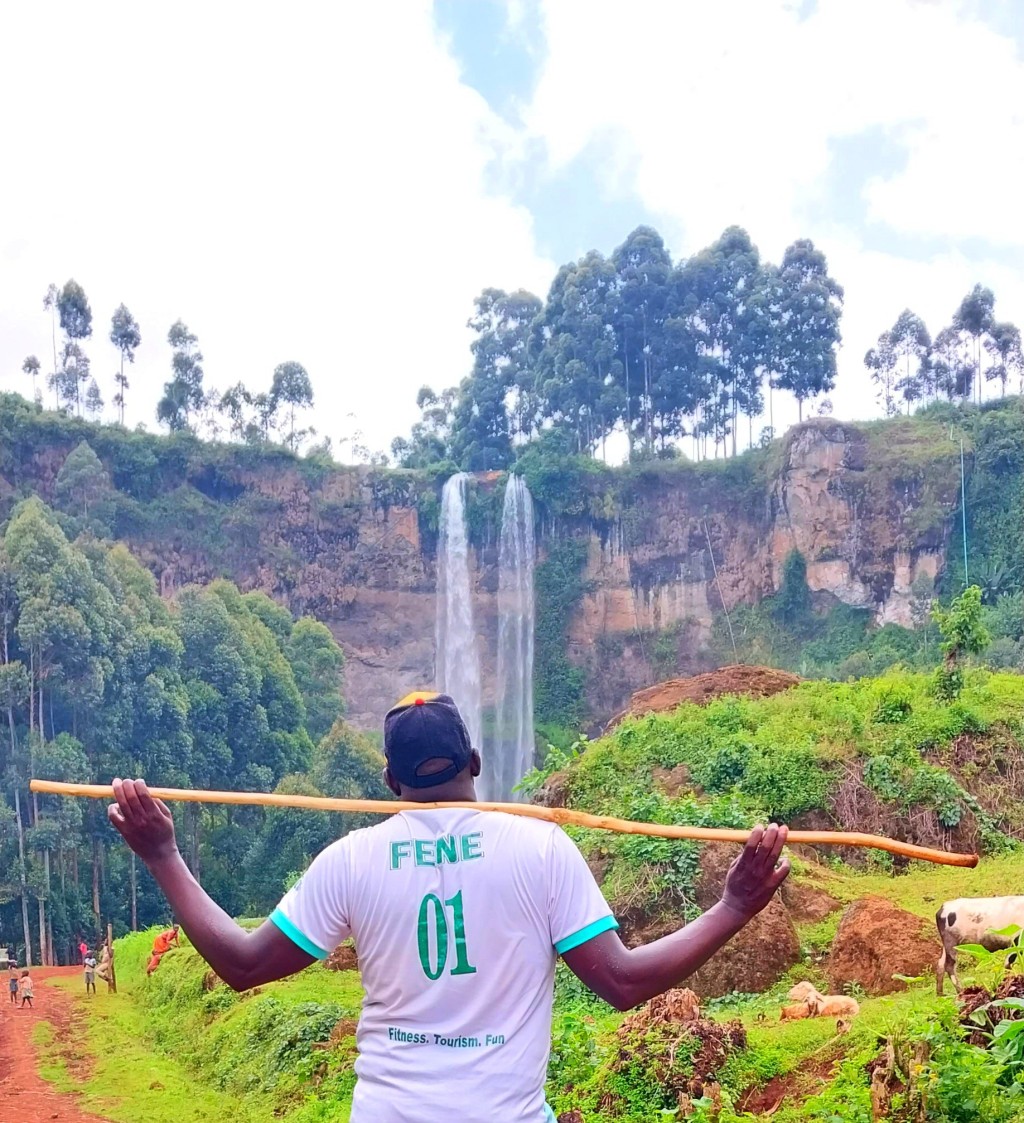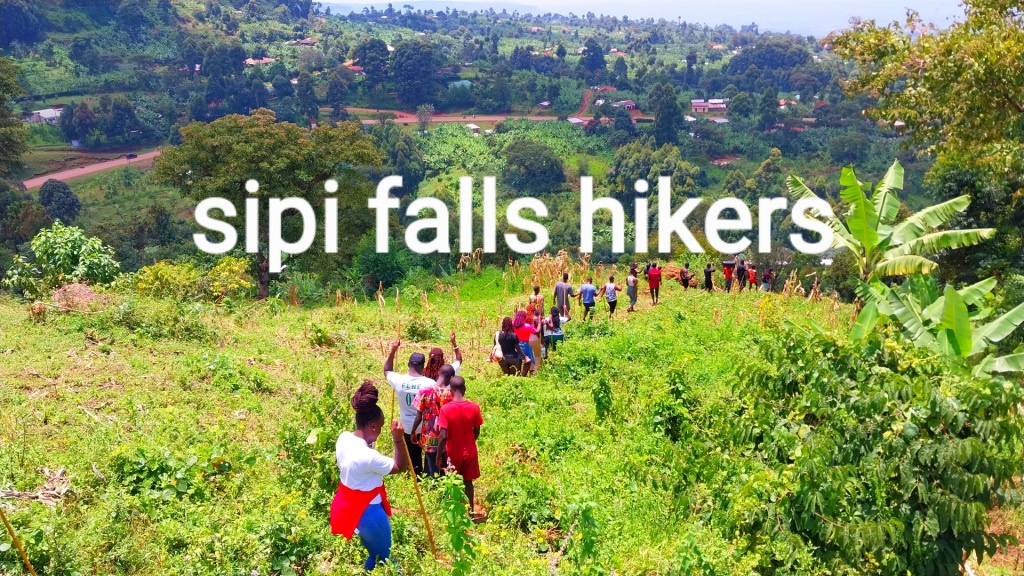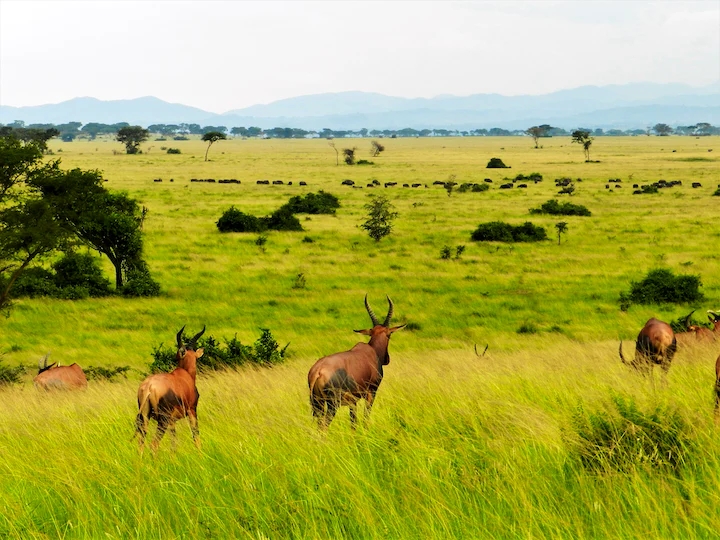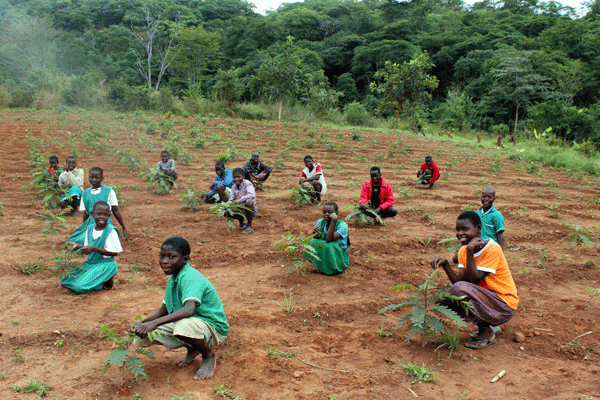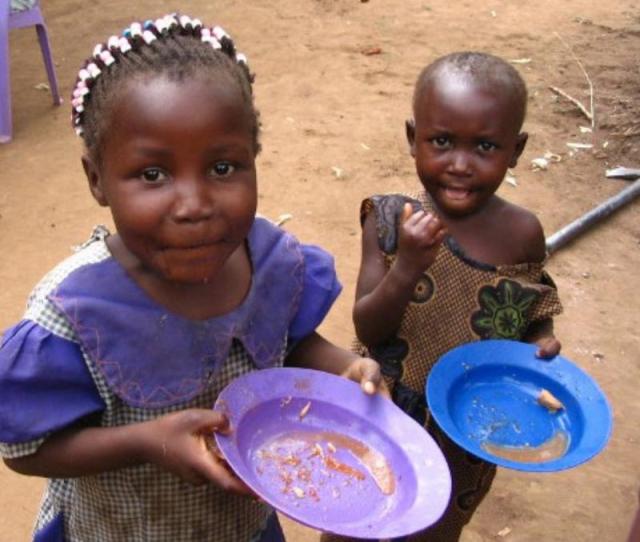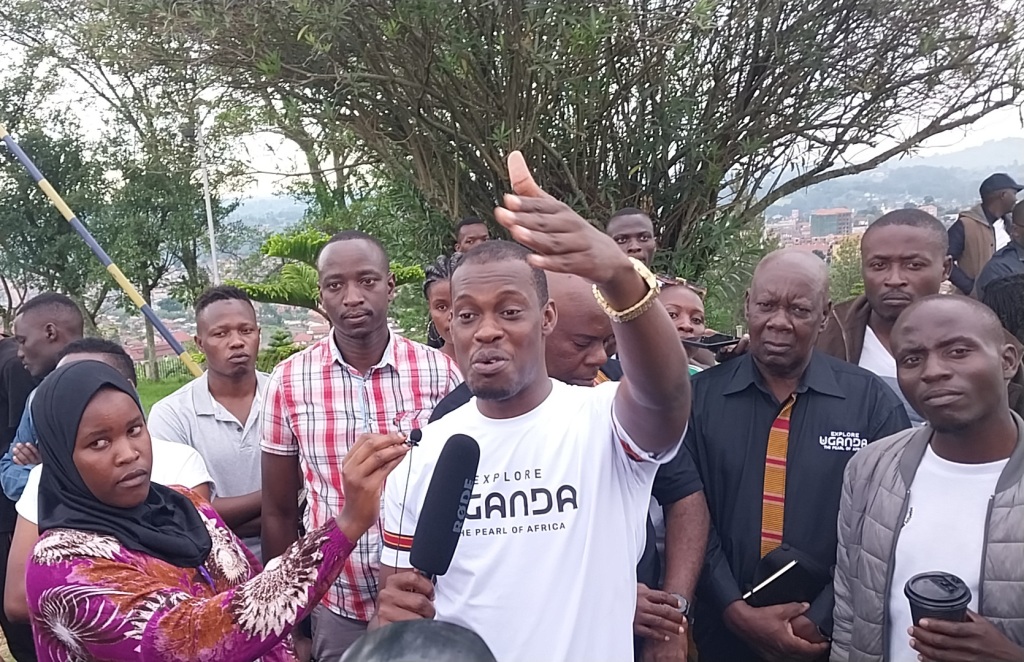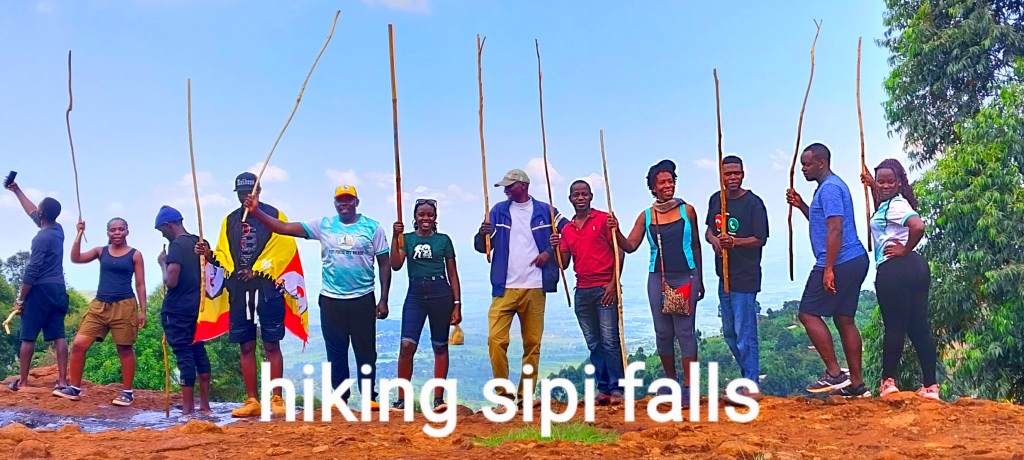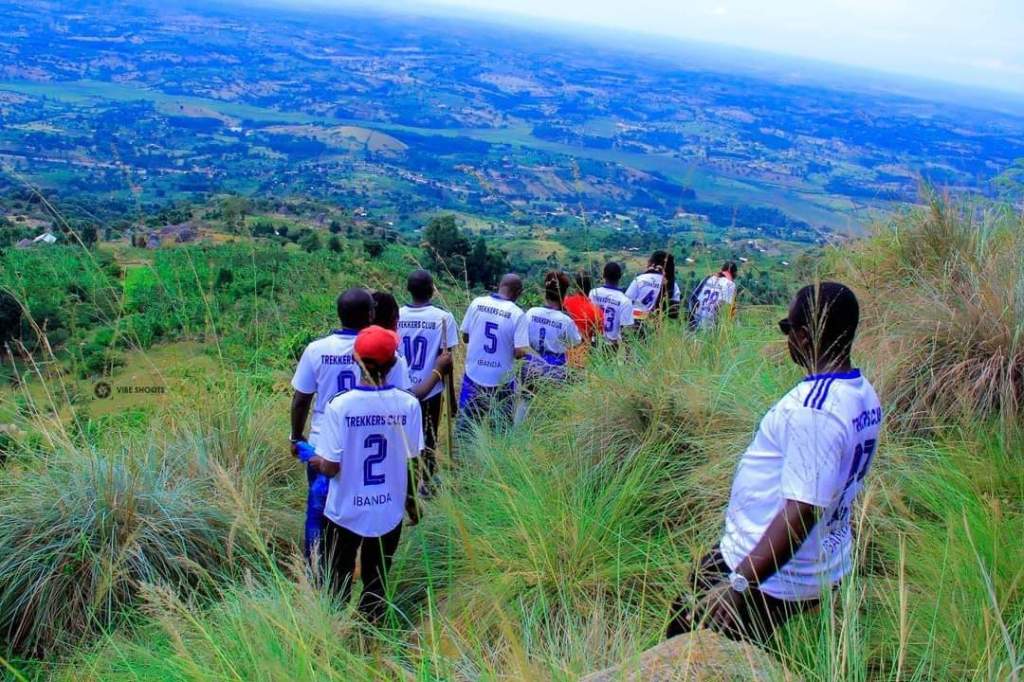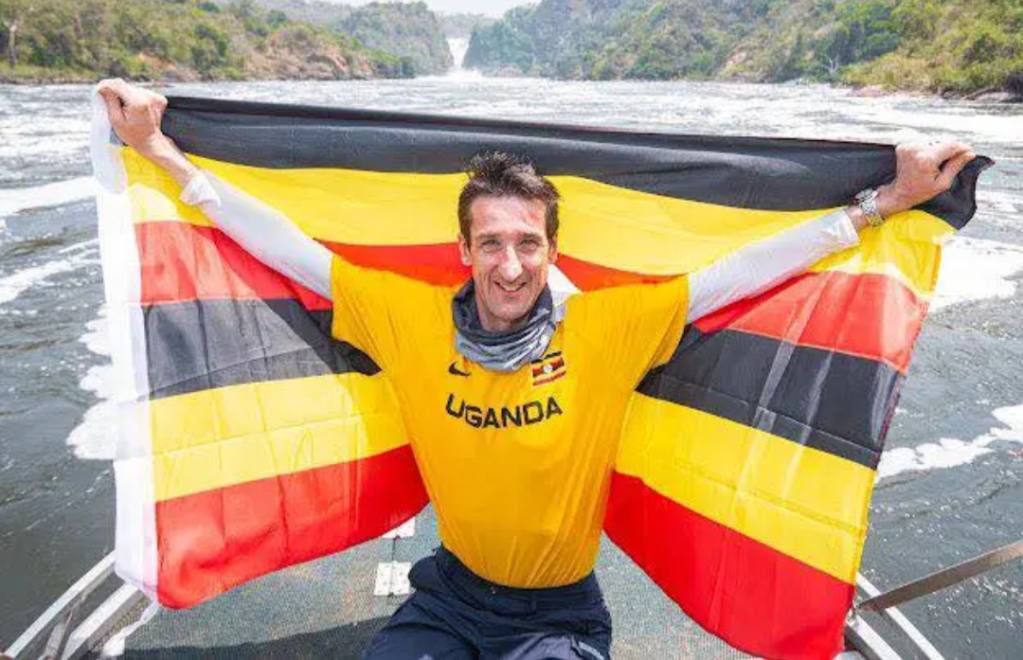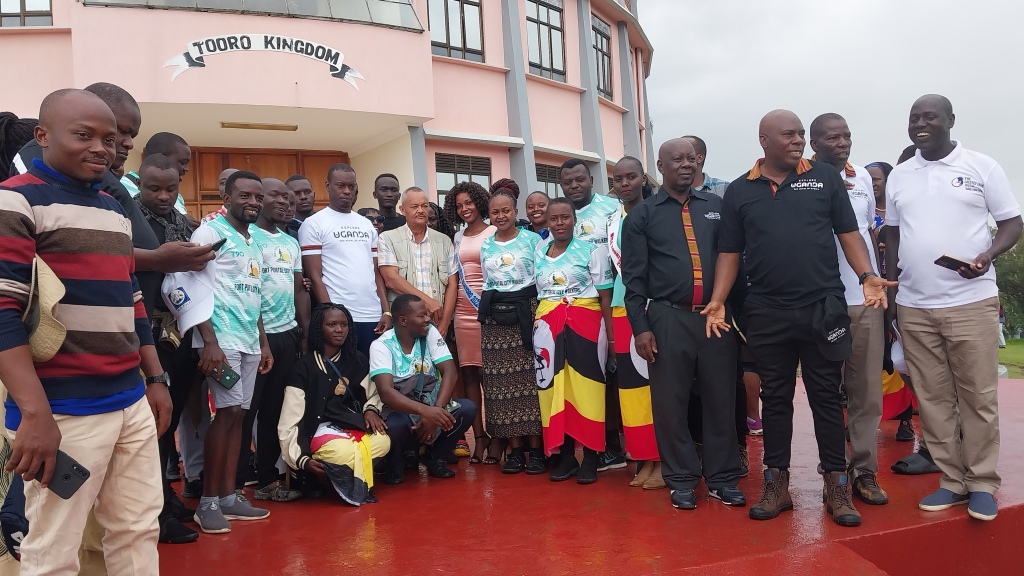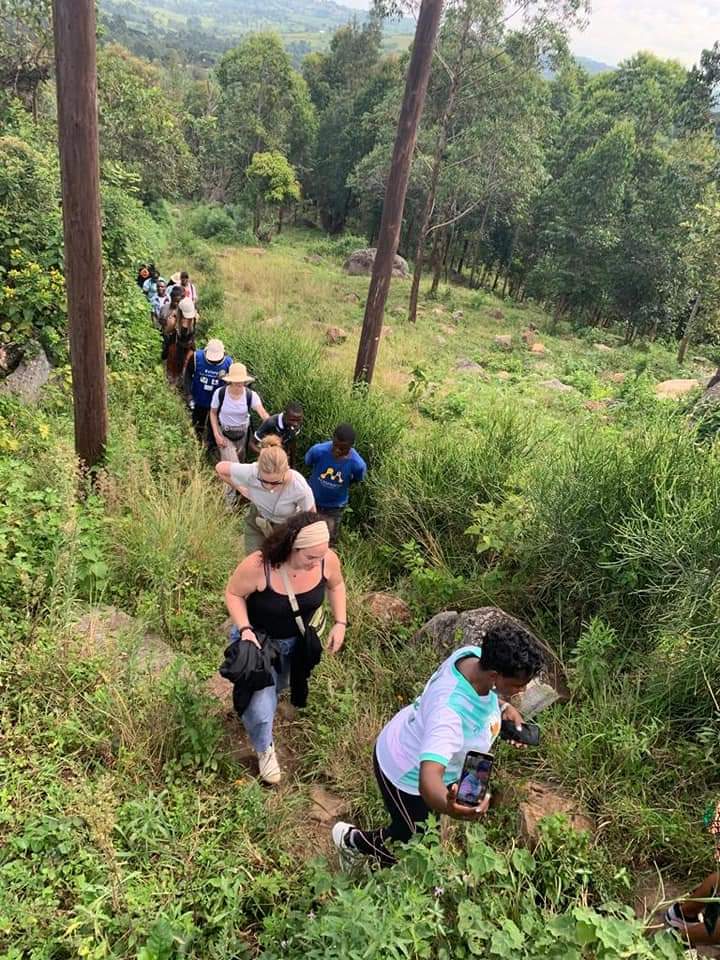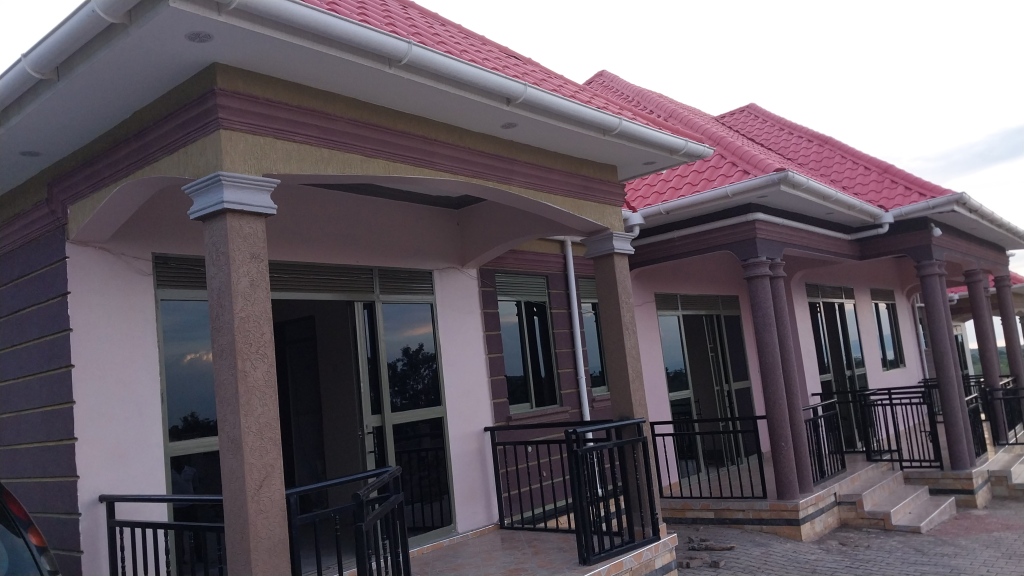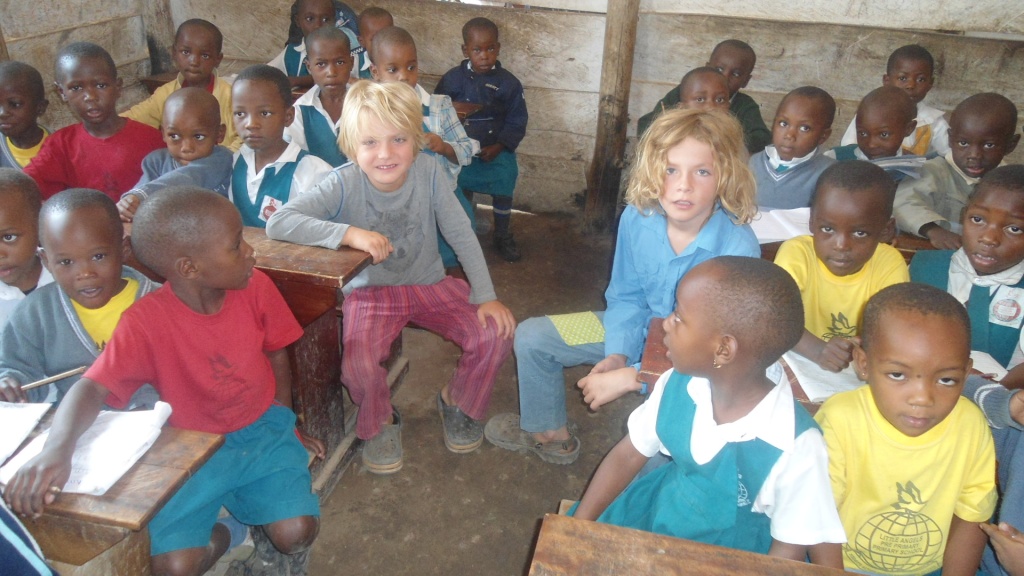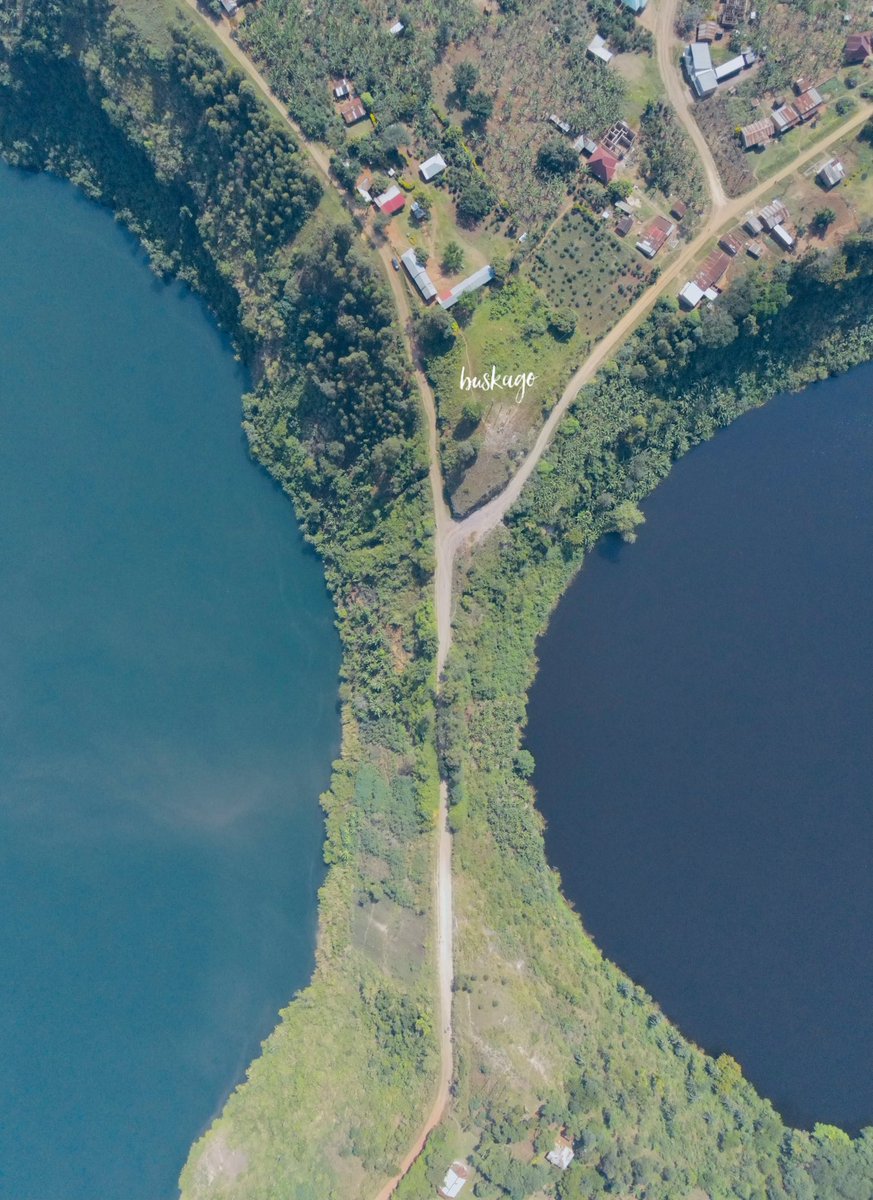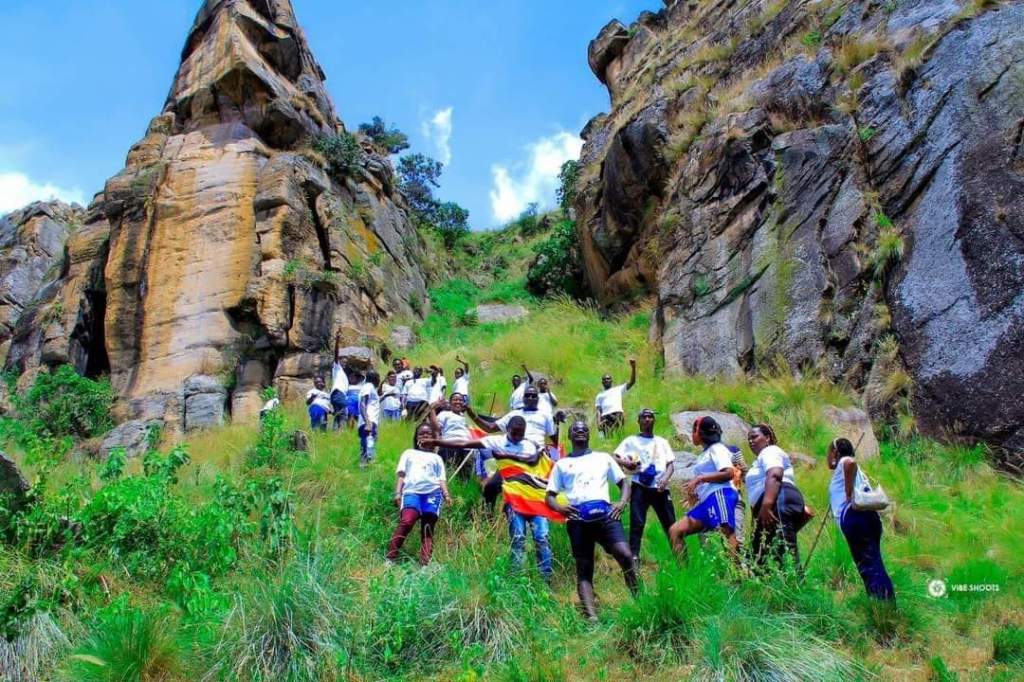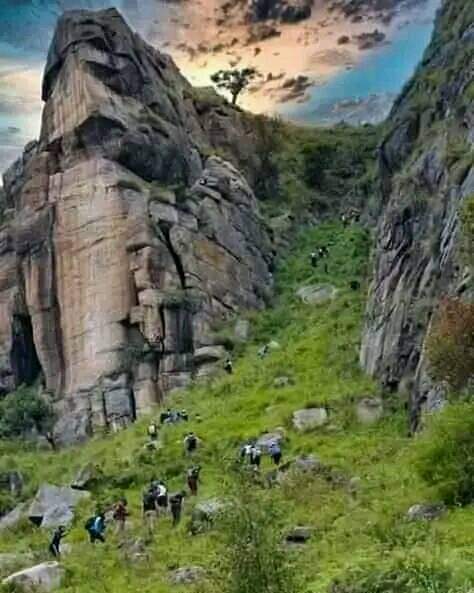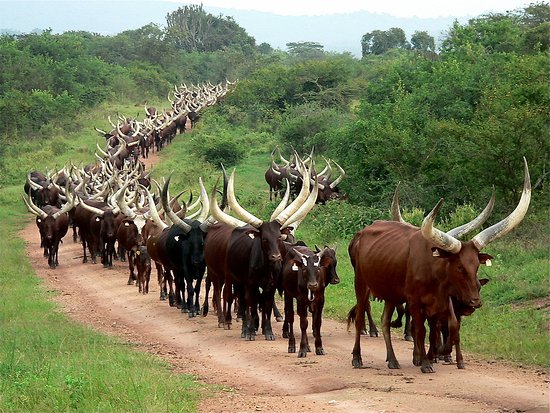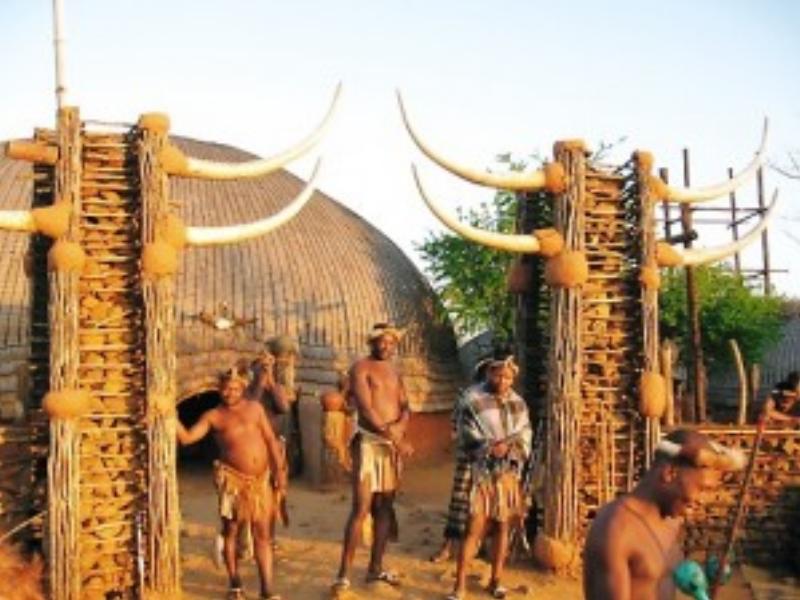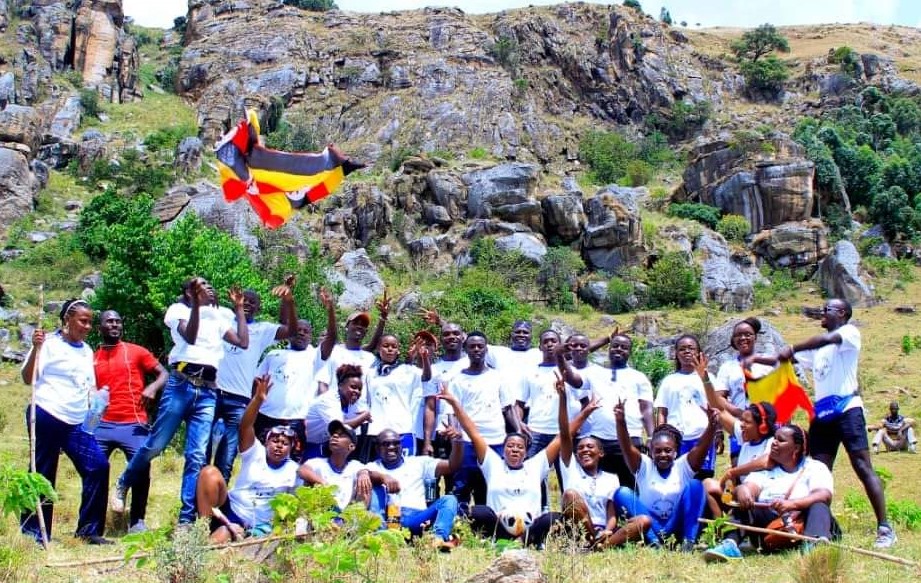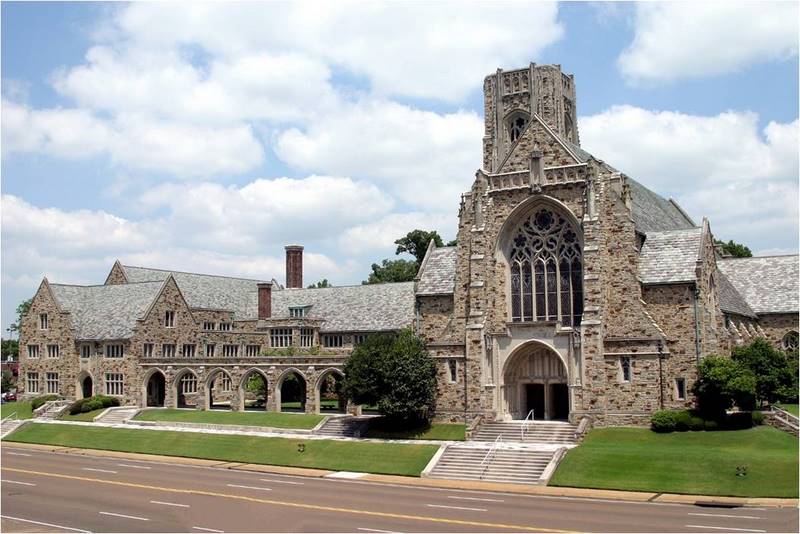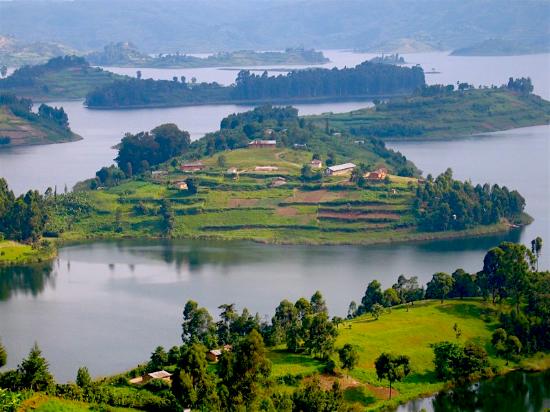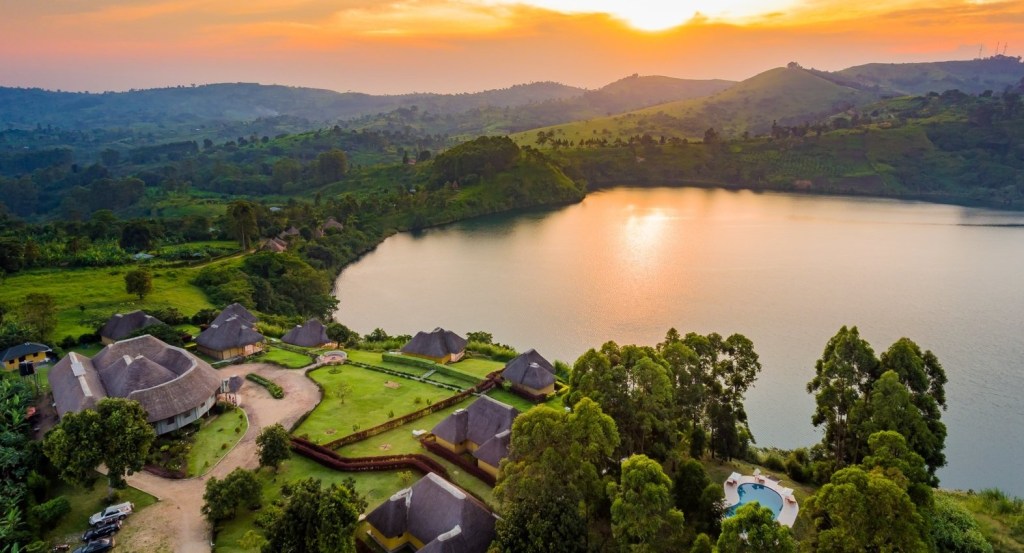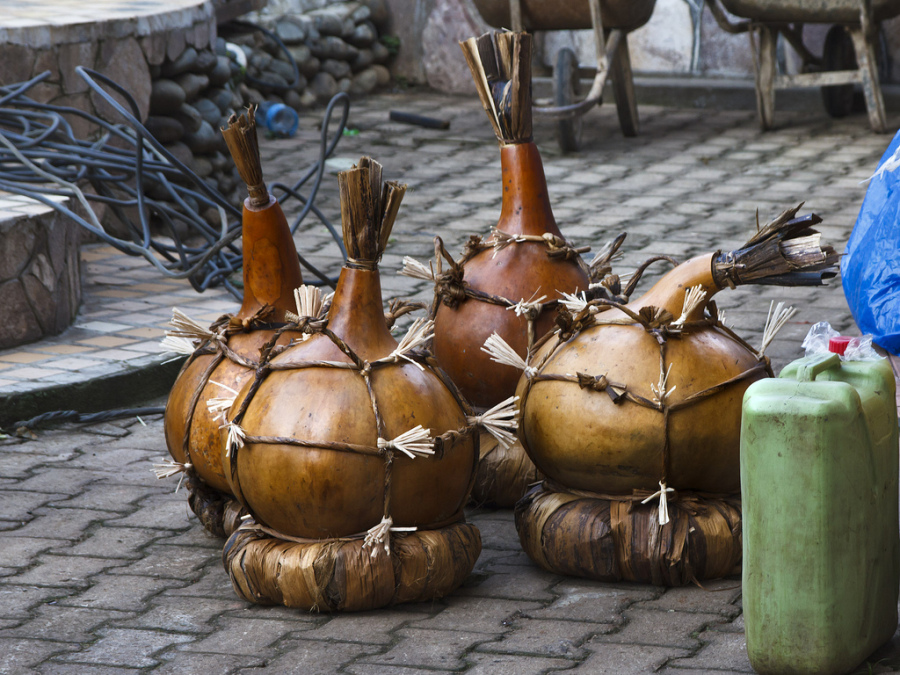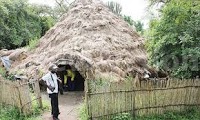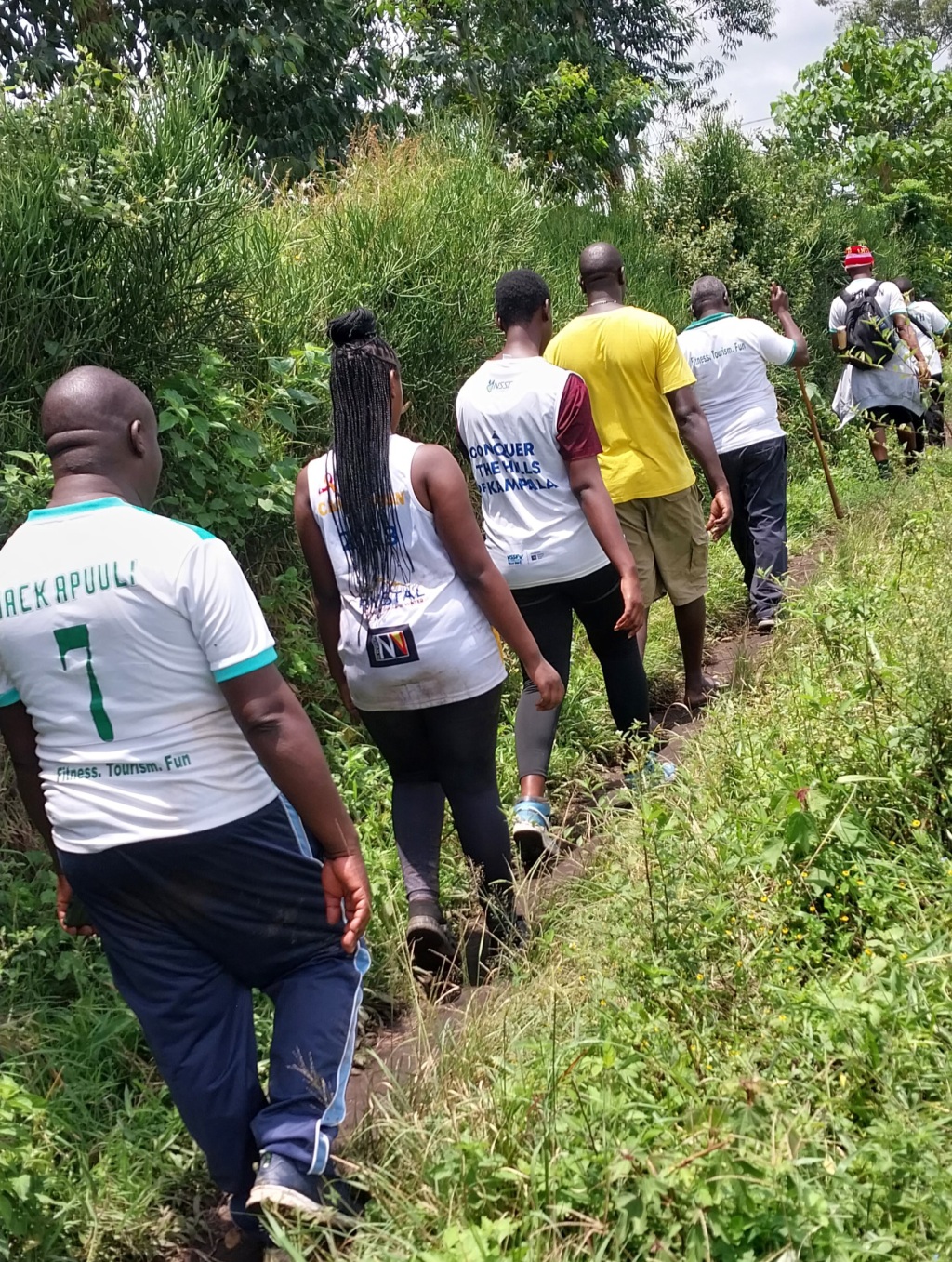Empowering East Africa through Community-Based Tourism: Where Travel Meets Transformation
Our Impact Goal: To increase the household income of every participating family by 20% annually while contributing to Community Social Services for all and maintaining the ecological and cultural integrity of the region.
Nature. Culture. Community. Progress.
With Community-Based Tourism Models, we move beyond the tourism lens to bridge the gap between sightseeing and sustainable development. By integrating community-led learning with regional economic growth, we turn every journey into a catalyst for prosperity—proving that the most satisfying travel is the one that leaves a lasting legacy for both people and nature.
Our Impact: Beyond the Lens
We exist for Community-Based Tourism and its impact to the East African Communities. At Kitara Foundation, we don’t just measure tourism success in footfall; we measure it in the resilience of our landscapes and the prosperity of the guardians of these landscapes; the very essence of Community-Based Tourism
| Nature & Conservation | Culture & Heritage | People & Economy |
| Community-Based Tourism protects the biodiversity and beauty of the Region by making nature an economic asset for those who live alongside it. | Community-Based Tourism preserves indigenous wisdom by integrating cultural storytelling into every immersive learning experience. | Community-Based Tourism transforms “tourists” into “partners,” funneling resources directly into community-led businesses, services and education. |
WELCOME TO KITARA FOUNDATION FOR SUSTAINABLE TOURISM
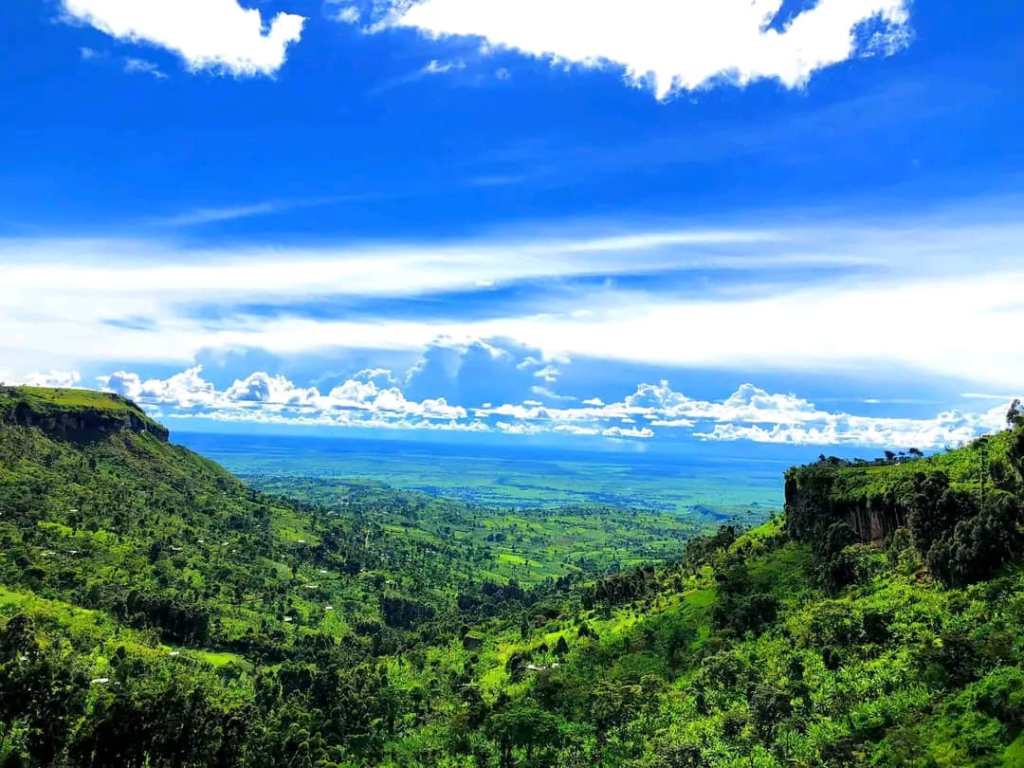
As a Non-Profit organization, Kitara Foundation is dedicated to re-enforcing and promote sustainable Community-Based Tourism experiences through building partnerships with grassroot Community-Based Tourism Organizations and building travel partnerships.
Your Satisfying Adventure waits on the Region; Discover your role in Nature Conservation, Culture preservation and Community Building with Kitara Foundation and its partner Community-Based Tourism Organizations.
Your partnership and journey with Kitara Foundation will support local initiatives hence benefiting communities on the region, be sure your stay will contribute to positive change on the region.
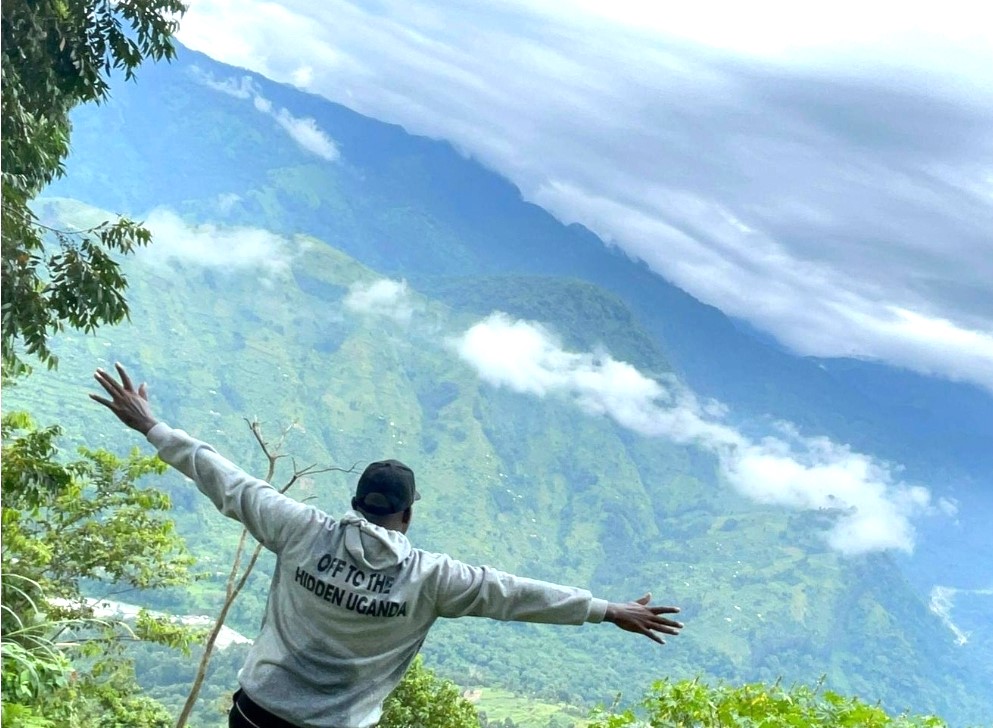
Join our Mission: As a non-profit organization, we rely on support of visitors, volunteers and donors to continue building our mission. Many of our partner Community-Based Tourism Organizations are already building solution to the tourism’s biggest challenges, not because of frameworks, certifications or pressure, but because of Identity, Passion, Care and Belonging.
Our Tourism Sustainability Theory: Building Sustainable Societies is not about changing who they are, but to understand the importance of what they are already doing. Its not about introducing something new, its about strengthening and celebrating what has quietly worked for generations.
Our Community-Based Tourism Sustainability Model: Guests are welcomed by people who grew up from the same community, food served at the table comes from the fields you can see from the window, accommodation is by the same buildings that have lived and are restored not replaced, Stories of the land, the traditions, the families, and the crafts are shared as naturally as the meal.
Strategic Partnerships: Scaling Proven Impact We invite collaboration with philanthropic organizations and grant-makers who share our vision for the East Africa Region. We don’t just seek funding; we seek partners to help us scale our proven model of community-led Tourism, conservation and economic resilience.
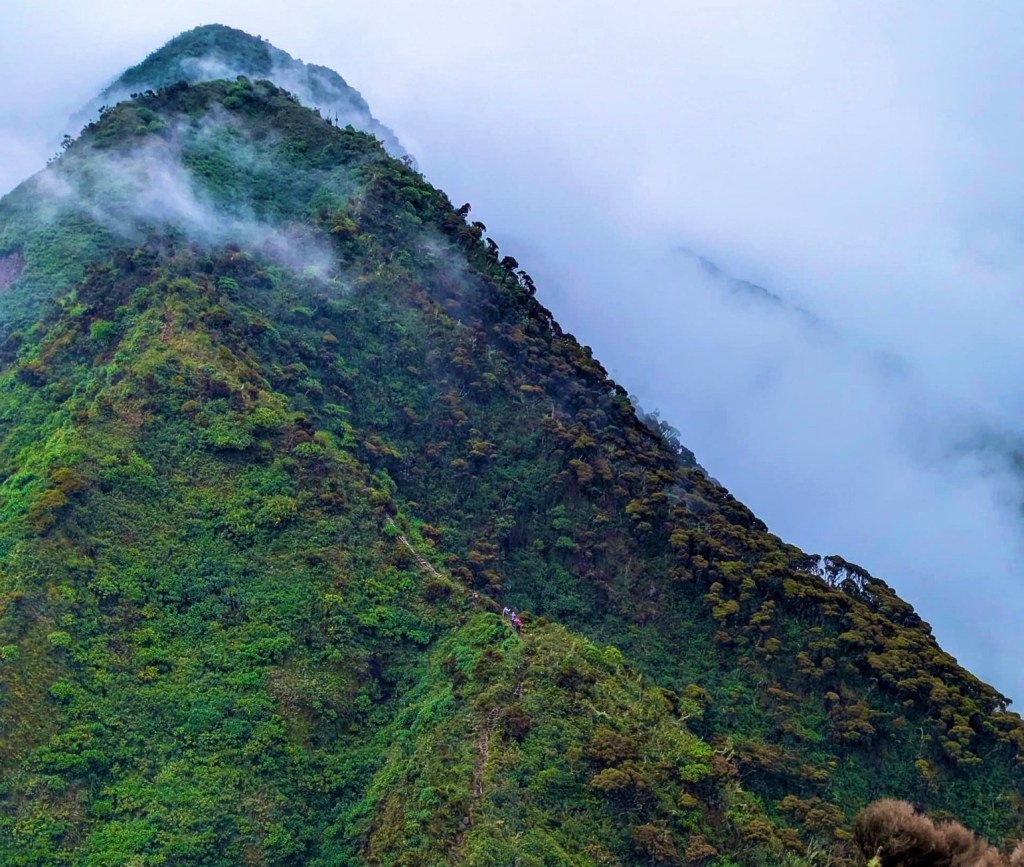
The Kitara Experience: Travel with Purpose
“Choose Kitara Foundation to immerse yourself in the breathtaking beauty of East Africa’s hidden gems while directly empowering the local guardians of these landscapes. Our Community-Based Tourism model transcends traditional travel, turning your journey into a direct contribution toward conservation and social development. By connecting with passionate hosts and like-minded travelers, you don’t just visit remote communities—you join a movement that preserves heritage, restores nature, and fuels regional prosperity.”
📍 Hidden Gems: Access remote, untouched East African landscapes.
🤝 Direct Impact: Fuel community social development and economic growth.
🌿 Active Conservation: Directly fund the preservation of vital ecosystems.
🌍 Global Connection: Build lasting bonds with local hosts and fellow travelers.
The Kitara Foundation Difference
We have moved the needle from passive observation to Active Contribution.
Community Learning: 80% of our programs are led by local experts, ensuring authentic knowledge exchange.
Sustainable Income: We prioritize local supply chains, ensuring tourism revenue stays within the community. 20% of every tourism fees is reserved as Community Development Fund
Proven Transformation: Our model proves that when travelers engage with the heart of a culture, their satisfaction—and their impact—doubles.
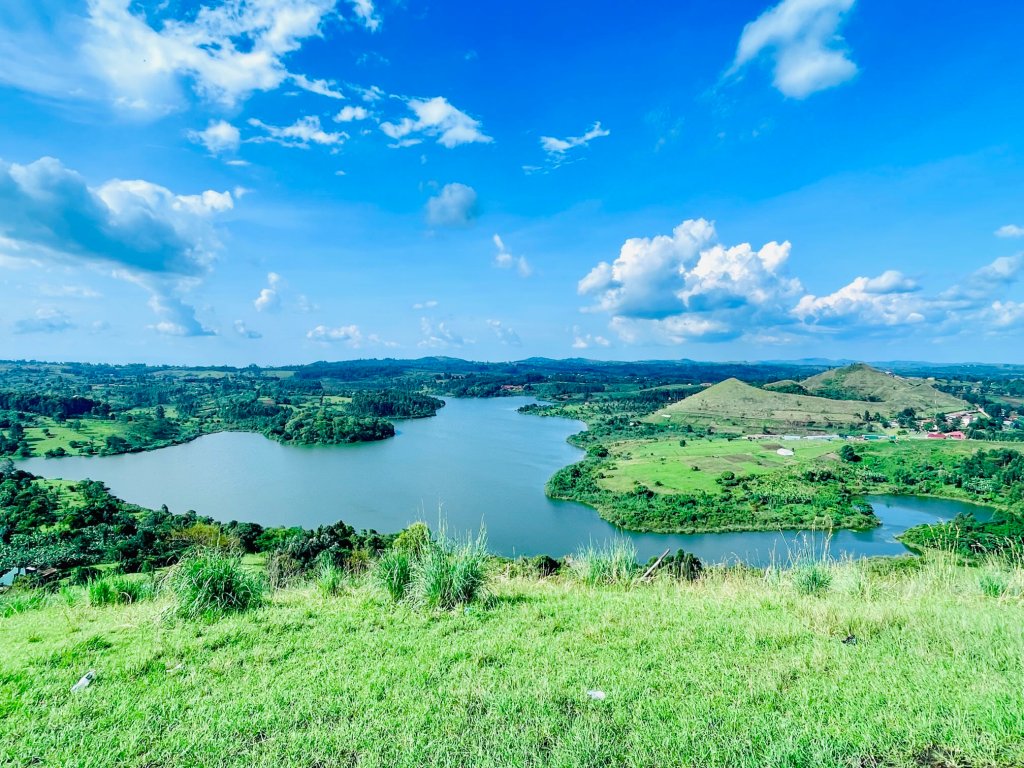
Ready to make a Difference? Join us in East Africa’s best Community-Based Nature and Cultural Adventure experiences that open to a better world. Your visit, volunteering or donation helps sustain these Community projects that support livelihoods and Community Development.
This is Kitara Foundation where your journey in East Africa creates a better world for present and future generations. Book your Experience, Volunteer with us, Make a donation and make a lifetime memory in East Africa.
From our blog
-
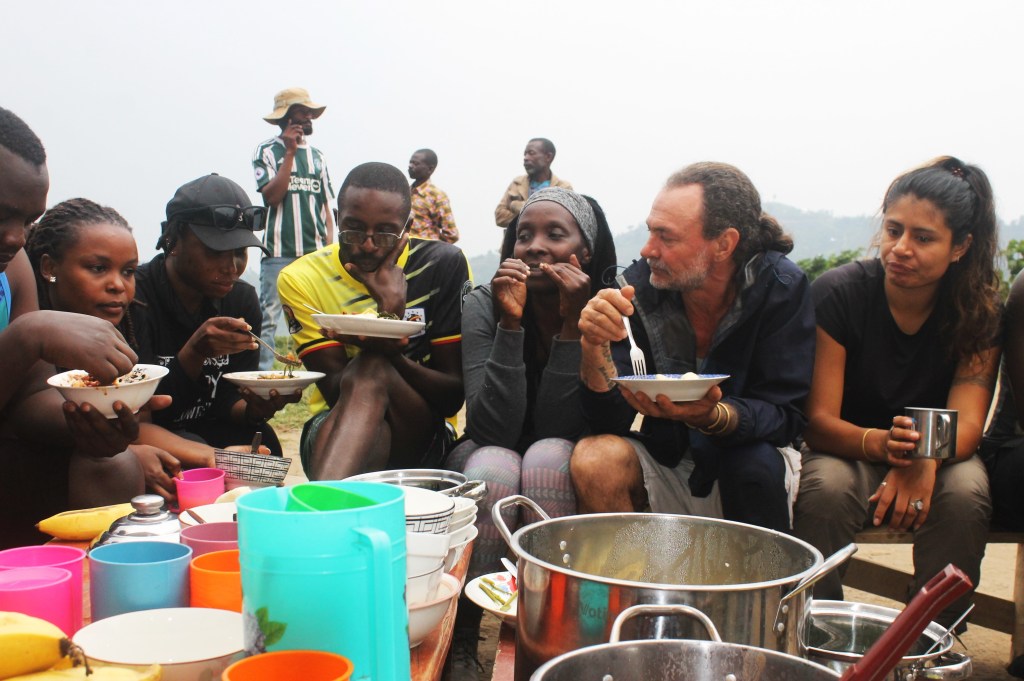
The Future of Tourism; Home is the New 5-Star Suite and the Village Square is the Ultimate Lobby
The Tourism Heartbeat Revolution; Why the Future of Travel is the Village, Not the Resort For decades, the “Main Course” of travel has been luxury and isolation while local culture was just a “side dish.” We’ve built walls around beauty—fencing off National Parks and gating 5-star hotels—while the local communities that preserve our heritage remain spectators to their own economy. We’re challenging the industry to rethink the entire structure. The current model is extractive; the future must be…
-

Traveling to UGANDA and RWANDA Made Easy
Overview Imagine standing face-to-face with a mountain gorilla in the misty rainforests of Africa. Picture yourself rafting the legendary Nile, spotting lions on the savannah, and experiencing cultures that have thrived for millennia. Uganda and Rwanda aren’t just destinations—they’re transformative experiences that travelers remember for a lifetime. Our carefully curated itineraries combine world-class wildlife encounters, authentic cultural immersion, and meaningful community impact—all while supporting conservation efforts that protect these irreplaceable ecosystems. Why Uganda & Rwanda Stand Out Uganda:…
-
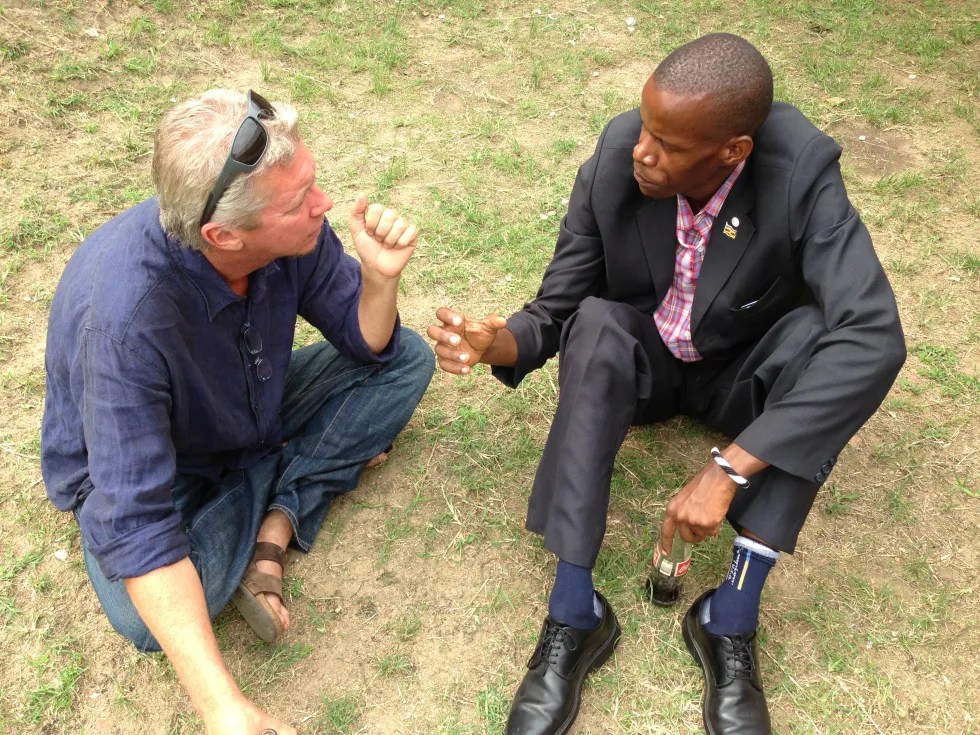
Uganda; A Life-Changing Journey
Original Travel Story By Peter Carol (Alice, Australia) on a visit to Kamwenge Uganda in 2012 and would later become the National Geographic Travelers of the Year 2013; https://www.nationalgeographic.com/travel/article/the-carroll-family Months ago, while traveling through Namibia, we realized that the only way to truly understand Africa was to find an organization that allowed us to live within a village or with a local family. We wanted to see firsthand what lay behind the endless convoys of brand-new NGO and…
-
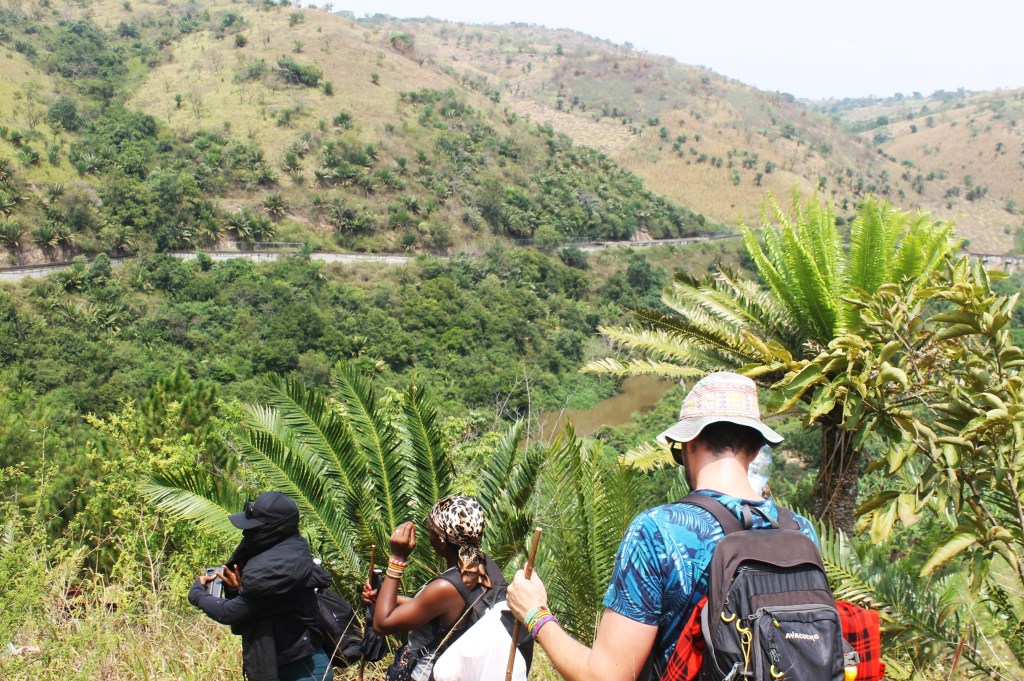
Transformative Trips to East Africa; Traveling for Learning, Action, and Change
Welcome to a new era of exploration. At Kitara Foundation for Sustainable Tourism, we believe that travel should be more than a collection of photographs—it should be a catalyst for personal growth and global impact. East Africa is not just a destination; it is a living classroom. We invite you to move beyond the role of a “tourist” and become a Global Citizen Traveler. Our Mission: Beyond the Horizon The partnership between Kitara Foundation and Community Based Tourism…
-
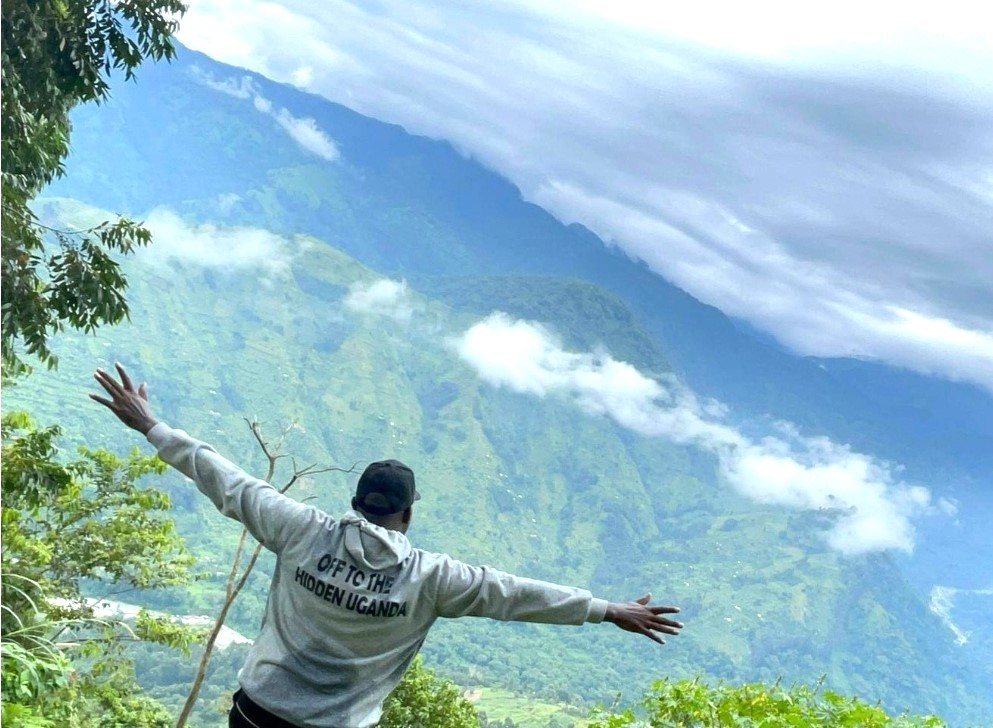
Where to Go in East Africa (Uganda and Rwanda) in 2026 and Beyond
As we step into 2026, the traveler’s map of East Africa is being redrawn. No longer is a safari just about the “Big Five”; it is about the Big Connection. The future of travel in Uganda and Rwanda lies in Community-Based Tourism (CBT)—an immersive, ethical, and deeply personal way to experience the “Pearl of Africa” and the “Land of a Thousand Hills.” The most significant shift this year is the rise of the 20% Community Fund. When you…
-

A Story of the Most Significant Change; The 20% Community Fund Revolutionizing Tourism in Uganda
Community-Based Tourism Organizations (CBTOs) in Uganda have long held immense potential, offering travelers authentic cultural experiences while providing vital income for local communities. However, a persistent challenge has been the equitable distribution of tourism revenue, with communities often receiving a disproportionately small share. This is the story of a game-changing initiative, the “20% Community Fund,” spearheaded by Kitara Foundation in partnership with Equera, and how it’s igniting a revolution in grassroots community development across Uganda. For too long,…
-

Community Based Tourism Organizations in Uganda; A New Travel Narrative
Uganda, the “Pearl of Africa,” is undergoing a profound transformation. While its mist-covered mountains and diverse wildlife have long drawn visitors, a new narrative is emerging—one where the heartbeat of the country, its people, takes center stage. This is the story of Community Based Tourism (CBT), a movement that is redefining the Ugandan travel experience from a mere sightseeing tour into a meaningful human connection. Kitara Foundation Leading the CBT Revolution At the forefront of this movement is the Kitara…
-
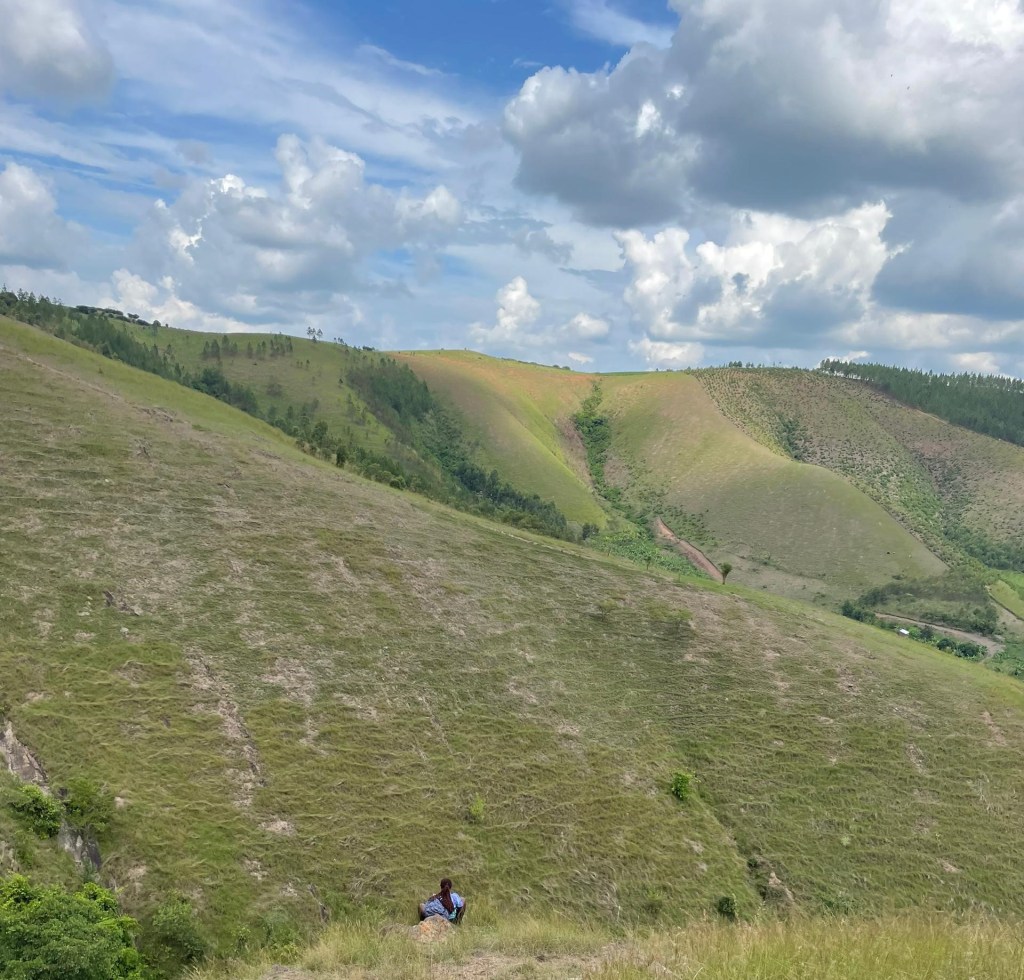
Implementing Community Based Tourism (CBT) Centers in Uganda
The Kitara Foundation for Sustainable Tourism seeks to revolutionize the Ugandan tourism landscape by establishing Community-Based Tourism (CBT) Centers. These centers will serve as hubs for authenticity, ensuring that the benefits of tourism flow directly to local households. By shifting from “spectator tourism” to “immersion tourism,” we aim to preserve Uganda’s heritage while driving socio-economic transformation. Leveraging three years of grassroots success, the Kitara Foundation is scaling its proven Community-Based Tourism model to transform the landscape of Ugandan…
-

Interaction between the Divine Intent and Natural Process of the Creation of Man
The Intersection of Chronology, Theology, and Biological History Between the Divine Intent and Natural Process of Creation. 1. The Timeline of Record-Keeping If we use the Ussher-style chronology (placing Adam at ~4004/4005 BC), we see a significant “silence” before the written record begins. 2. The Connection: The Birth of Inquiry Why did both records appear “at the same time”? This suggests a massive shift in human consciousness. A. The Transition to Literacy By the 6th century BC, humanity…
-
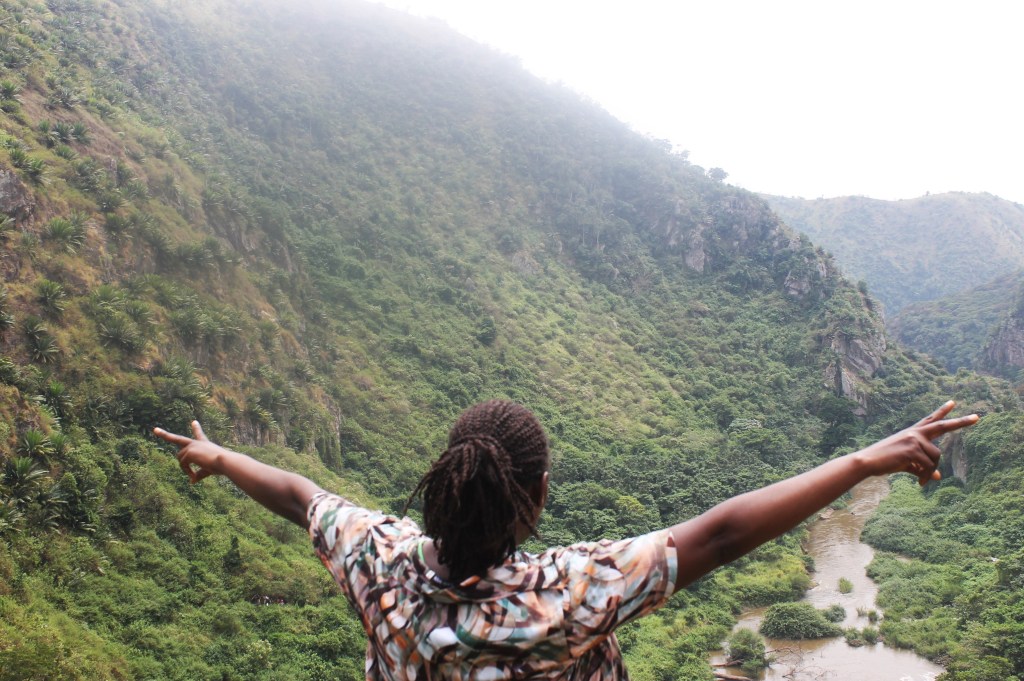
The Primordial Jurassic Vibes : A Saga of Cycads and Cascades
On the final dawn of January, as the year 2026 began to shed its nascent skin, a legion of more than fifty intrepid souls—the Fort Portal City Walkers—assembled for a journey into the prehistory of the Pearl of Africa. This was no mere excursion; it was a jurisdictional takeover of the senses. By 7:30 AM, the heart of Fort Portal pulsated with an electric camaraderie, a kaleidoscopic gathering of weekend warriors and seasoned explorers. A specialized contingent had…
-

DISCOVER UGANDA 2026 ROAD TRIP SERIES
Rediscover the beauty of the Pearl of Africa with Kitara Foundation’s 2026 Road Trip Series in partnership with Uganda Hiking Club https://ugandahikingclub.com/. We’ve redesigned our expeditions to offer more than just a drive; these are immersive journeys into the heart of our culture, landscapes, and hidden gems. Whether you are looking for the rugged plains of Karamoja, the misty hills of Kigezi, or the tropical breeze of the Ssese Islands, there is a seat waiting for you. 1.…
-
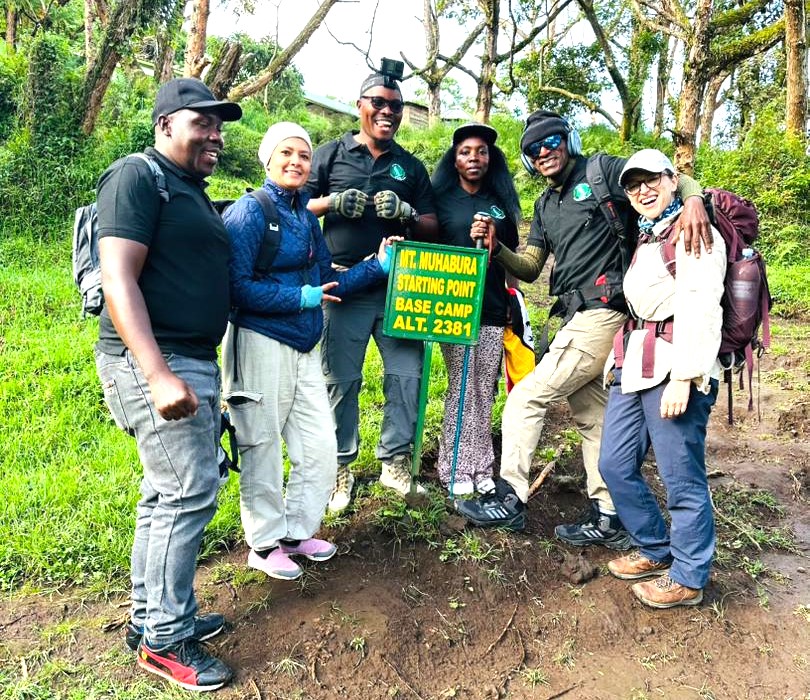
Transformative Hiking Experience at Mount Muhabura
The Silent Ascent: Finding Stillness on the Slopes of Mount Muhabura On November 22, 2025, the Uganda Hiking Club stood at the base of Mount Muhabura. Known as “The Guide” in the local Rufumbira language, the volcanic cone loomed over the Kisoro landscape, its peak piercing the morning mist. While reaching the summit at 4,127 meters was a physical triumph, the true story of the hike lay in the internal journey of our members—a transition from the “noise”…
-
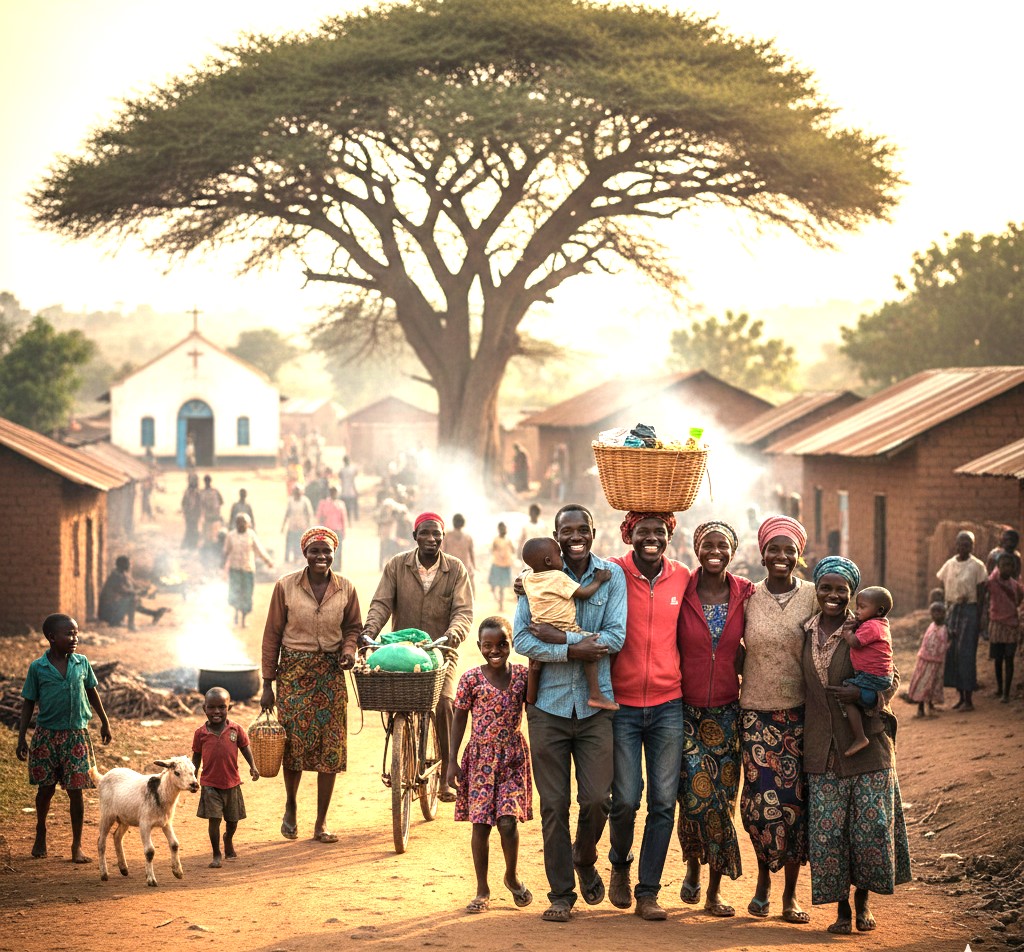
The Essence of Ubuntu: Cultural Roots and Modern Identity
The Heartbeat of Togetherness: Ubuntu and the Sacred Home Return In the fast-paced rhythm of modern African life, where careers and education often pull individuals toward bustling urban centers like Kampala, Nairobi, or Dar es Salaam, there remains an invisible, unbreakable thread pulling them back to the soil of their ancestors. This is not merely a matter of nostalgia; it is the living embodiment of Ubuntu—the profound African philosophy that “I am because we are.” The Great Home…
-

Community-Based Tourism in Uganda: Strategies for 2026
Kitara Foundation for Sustainable Tourism is a leading non-profit organization dedicated to transforming Uganda’s tourism landscape. We believe that tourism, when managed sustainably, is the most powerful tool for poverty alleviation, cultural preservation, and environmental conservation. Based in the heart of the “Tourism Capital,” Fort Portal City, our foundation serves as a bridge between rural communities and the global travel market. Justification Uganda’s tourism sector is a primary driver of foreign exchange, yet the economic benefits often fail…
-
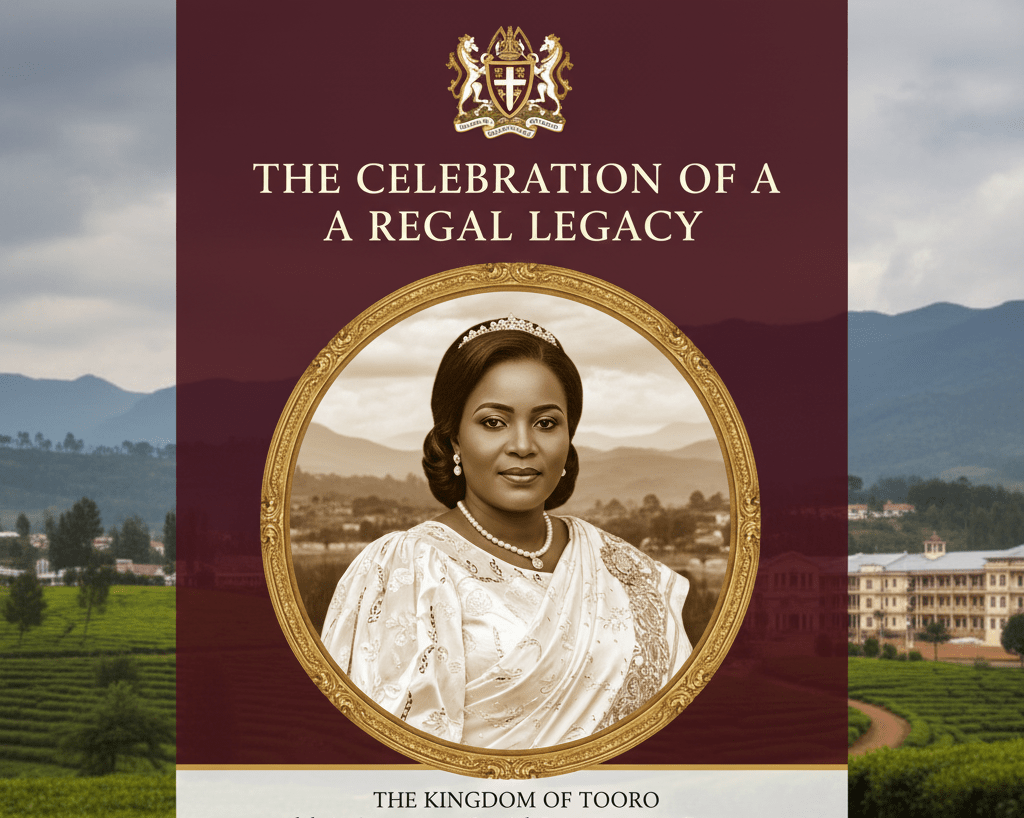
Queen Mother Damali Adyeeri: A Symbol of Cultural Resilience
Omugo Tibaitwa Damali Adyeeri was the principal wife of Omukama Daudi Kasagama Kyebambe III, the 10th King of Tooro Kingdom, a traditional kingdom located in modern-day Uganda. Key details about Omugo Damali Tibaitwa: Omugo Damali Tibaitwa is a notable figure in the history of the Tooro Kingdom, particularly in the context of the monarchy’s conversion to Christianity and the line of succession that followed. The history of the Tooro Kingdom is often told through the lens of its…
-

Cultivating the Future: Agriculture Tourism Transforming Communities
At the Kitara Foundation, we believe that the soul of Uganda lies in its soil and its people. For decades, agriculture has been the backbone of our economy, while tourism has been our window to the world. Today, these two pillars are merging into a powerful force: Agriculture Tourism (Agritourism). By integrating Community-Based Tourism (CBT) with our growing agricultural sector, we are witnessing a revolutionary shift in how rural communities thrive, creating a sustainable model for economic growth…
-
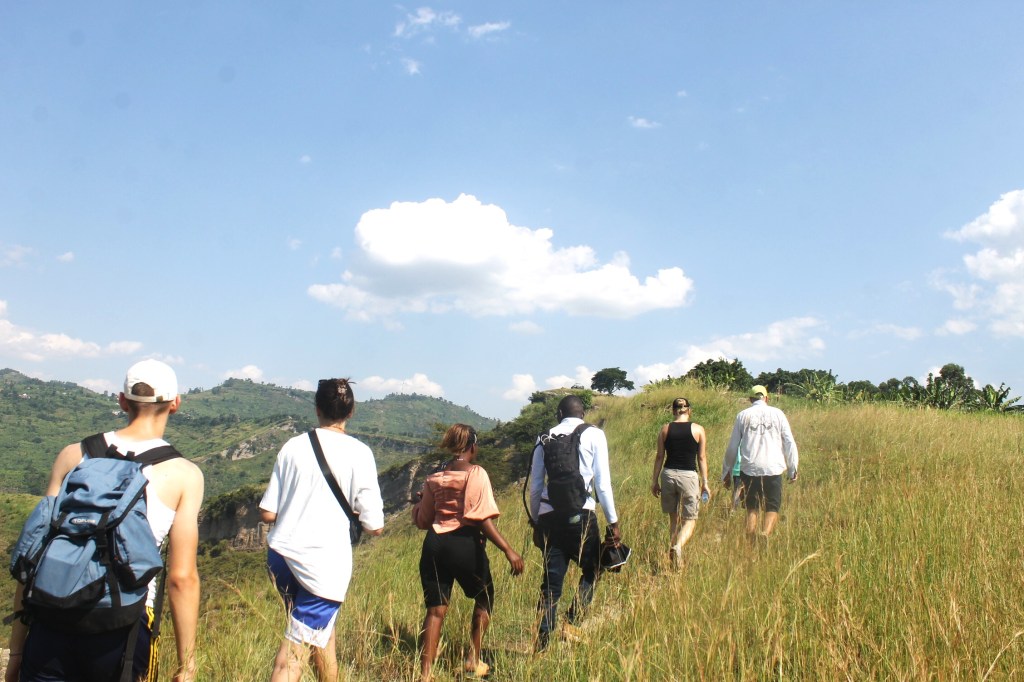
Transforming African Tourism: Professionals and Protectors
The Future of Tourism in Africa: A Continent of Professionals and Protectors Africa is currently standing at a pivotal crossroads. For decades, the global narrative of African tourism was written by outsiders, focusing on “sights to see” rather than “people to meet.” But a new dawn is breaking. The future of tourism on this continent is no longer about being a passive backdrop for snapshots; it is about becoming a Continent of Professionals and Protectors. At the Kitara…
-

Discover Sustainable Tourism with Uganda’s Indigenous Pathfinders
Meet the Mountain and Forest Pathfinders of Uganda In the heart of Africa, where the mist clings to ancient peaks and the canopy of the rainforest breathes life into the world, lies a secret known only to those who have walked these lands for millennia. At the Kitara Foundation for Sustainable Tourism, we believe that the true essence of travel is not found in a guidebook, but in the footsteps of the people who have guarded our natural…
-
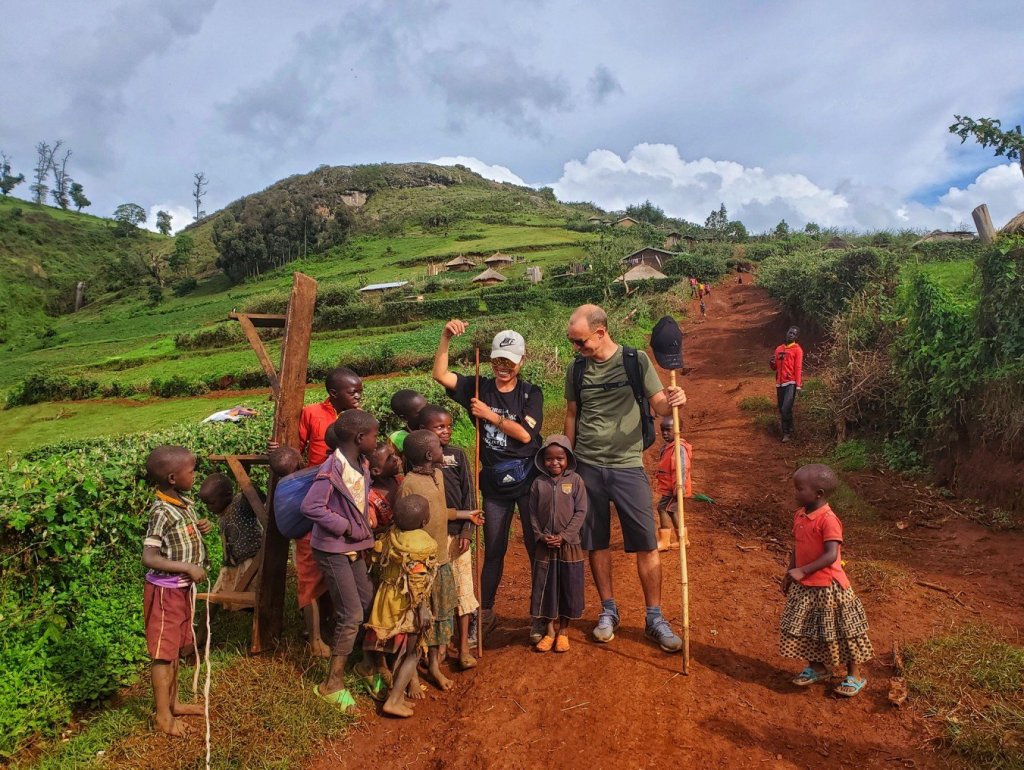
From Service to Stewardship: Transforming Uganda’s Tourism Sector
Training for the Nation’s Dream of an Ideal Tourism: In the grand tapestry of Uganda’s Vision 2040, tourism is not merely a sector; it is a heartbeat. The “Nation’s Dream” is to transform the Pearl of Africa into a competitive, upper-middle-income society where the beauty of our landscapes and the warmth of our people are the primary drivers of prosperity. However, an ideal tourism industry—one that is sustainable, inclusive, and world-class—cannot be built on raw talent alone. It…
-
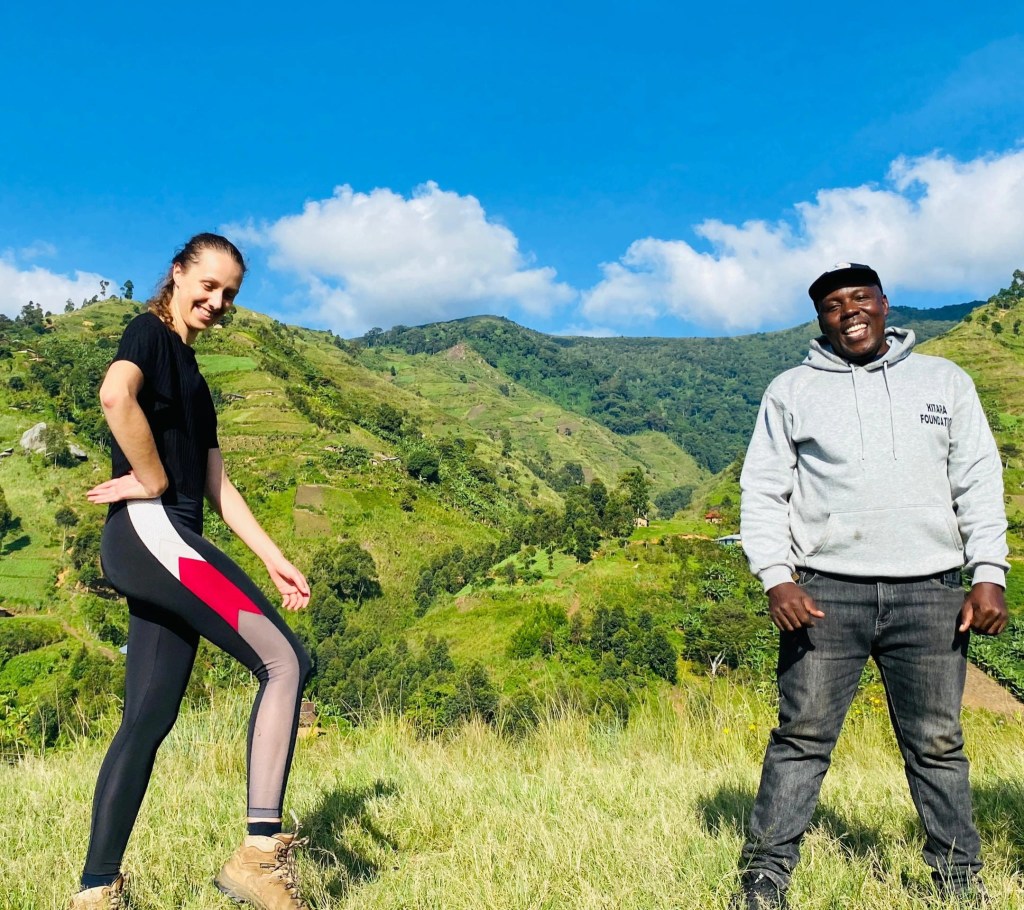
Meet Uganda’s Guardians: The Faces Behind Uganda’s Wild Landscapes
The Nature’s Guardians: Cultural Treasures of the Pearl of Africa While Uganda’s mist-covered mountains and golden savannahs are breathtaking, the true magic of the “Pearl of Africa” lies in the people who wake up to these views every day. In the world of Community-Based Tourism (CBT), we call them The Guardians. They are more than just hosts; they are the traditional custodians of the land, the keepers of ancient medicinal secrets, and the primary stakeholders in the survival…
-
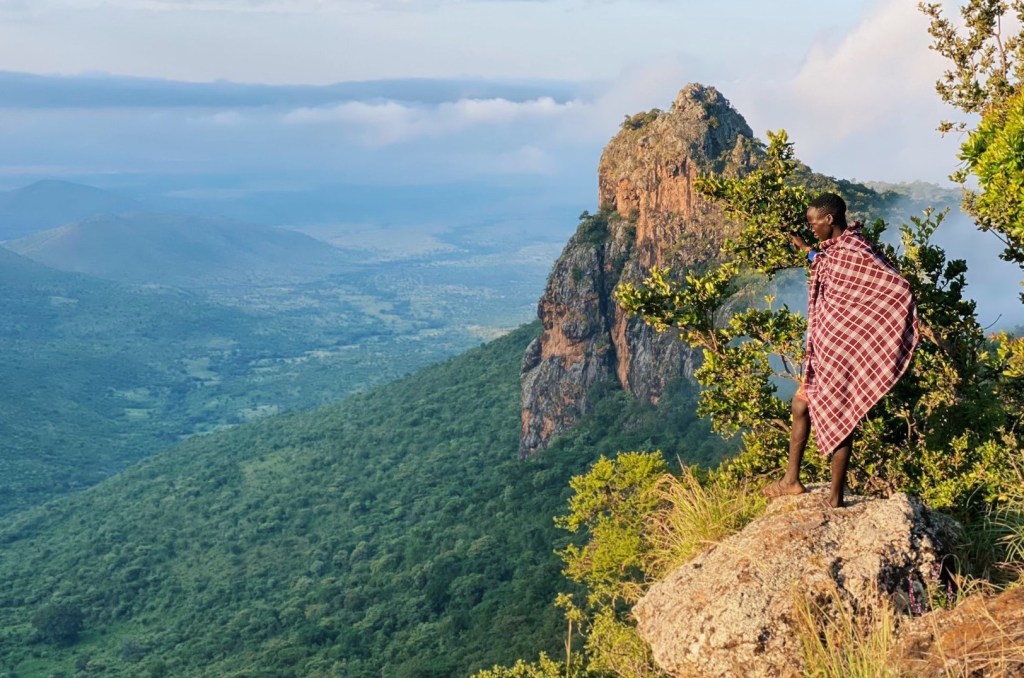
Meet Africa’s Guardians: Experience Authentic Community Tourism
Discover Africa Through the Eyes of Its Guardians: A Journey into the Heart of Community Tourism Beyond the sweeping savannahs and the silhouette of acacia trees against a crimson sun lies the true soul of Africa. For decades, the world has viewed this continent through the lens of a camera, focusing on the “Big Five” from the safety of a 4×4 vehicle. But there is a deeper, more resonant way to experience this land. By stepping into the…
-
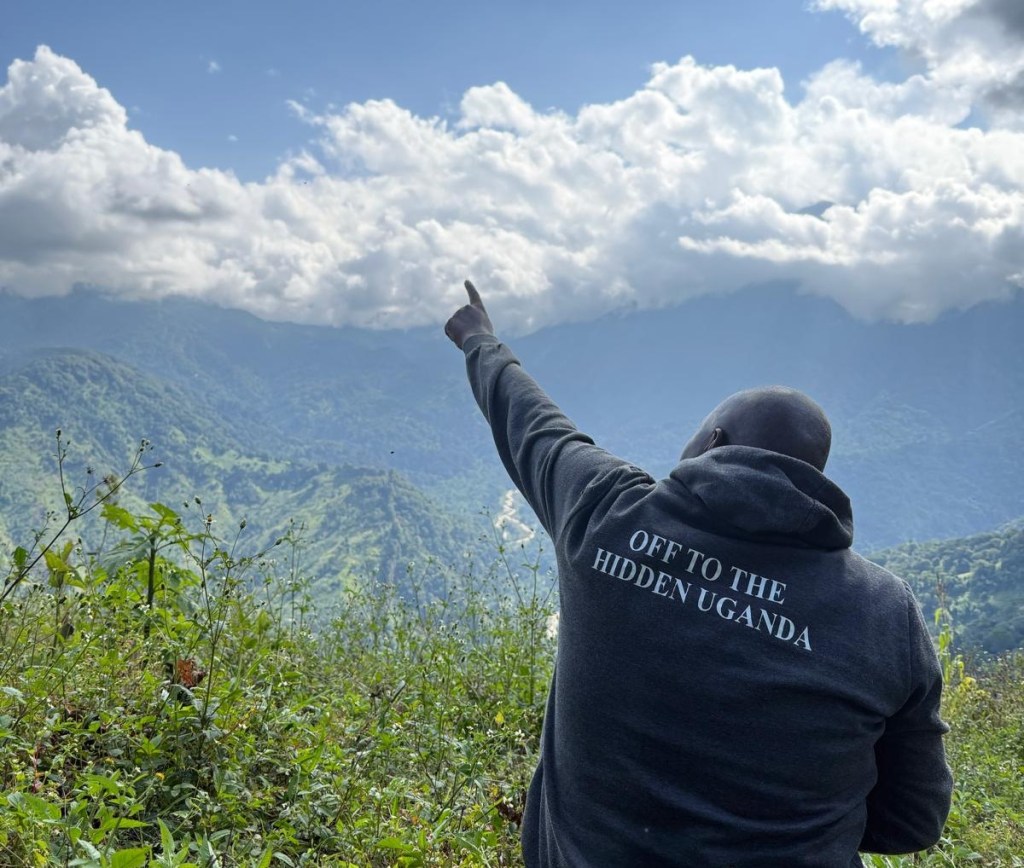
Experience People and Nature-Based Travel in Africa
In the modern era of travel, the most profound journeys are no longer just about the sights we see, but the stories we become a part of. Nowhere is this more evident than in the rising movement of People and Nature-Based Travels. In Africa, and specifically within the lush borders of Uganda, travel is evolving. It is shifting away from the “look-but-don’t-touch” safaris of the past toward a model that celebrates the inseparable bond between the land and…
-
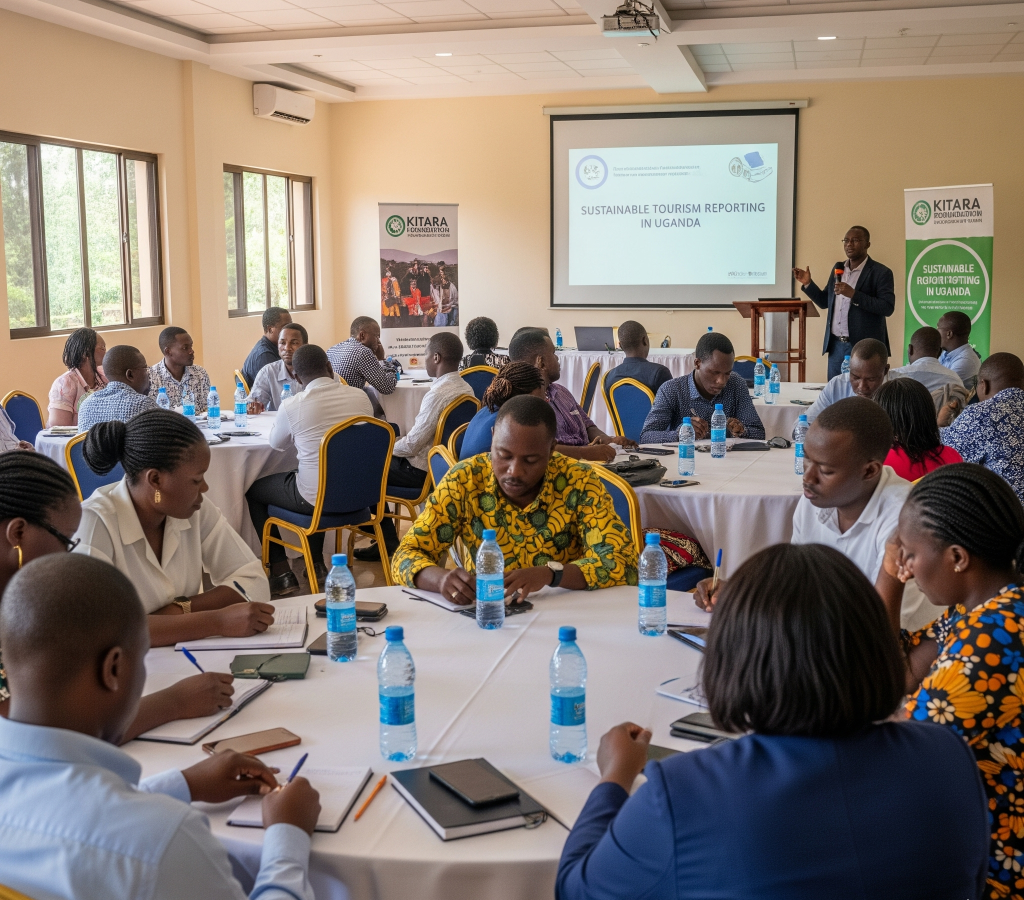
National Tourism Boards Spearheading Community-Based Tourism in Africa
Community-Based Tourism (CBT) has emerged as a transformative model for sustainable development across Africa, shifting the focus from mass-market tourism to authentic, community-owned experiences. National Tourism Boards (NTBs) are increasingly recognizing that for tourism to be truly sustainable, it must be inclusive and empower the people who are the custodians of the culture and environment. The shift towards CBT is directly aligned with the United Nations Sustainable Development Goals (SDGs), particularly SDG 1 (No Poverty) and SDG 8 (Decent Work and…
-
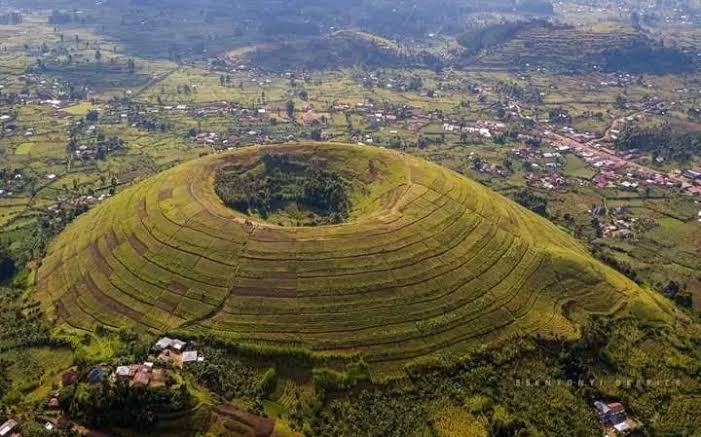
Become a Community Based Tourism Expert
Becoming a Community Based Tourism (CBT) Expert means mastering the unique blend of hospitality, entrepreneurship, cultural preservation, and social governance that defines your CBTO. It’s about being a leader who can successfully navigate the complexities of the global market while staying true to the community’s core values. This article, from the Kitara Foundation and Equera, outlines the core areas of expertise every CBTO leader and key member must master to ensure the sustainable and profitable growth of their…
-

Mastering Safety Strategies for Tasting Foods and Drinks during a Community Based Tour
Food and drink tasting is often the highlight of a Community Based Tourism Organization (CBTO) tour, offering the most authentic cultural immersion. However, it also carries the highest safety risk. For your CBTO to achieve sustainable growth and earn positive reviews through platforms like Equera, mastering food safety is non-negotiable. This article, from the Kitara Foundation and Equera, provides clear, practical strategies to ensure every tasting experience is safe, hygienic, and memorable. 1. 🛡️ Prioritize Allergen Management (The…
-

Artificial Intelligence (AI) in Community Based Tourism and Hospitality
Artificial Intelligence (AI) sounds like something only massive global corporations use, but simple, accessible AI tools are already changing how Community Based Tourism Organizations (CBTOs) operate. This article, from the Kitara Foundation explains what AI is and how your CBTO can use its basic applications to improve customer service, efficiency, and market reach. 1. 🧠 Understanding AI for CBTOs AI is simply a computer system designed to simulate human intelligence—it learns, solves problems, and makes decisions based on…
-
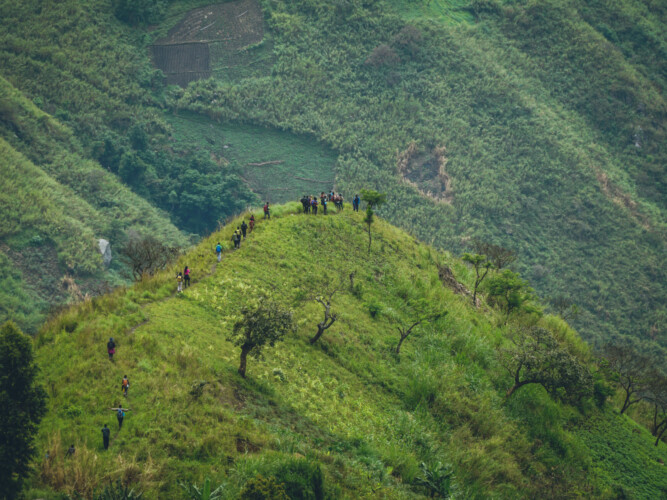
Customer Experience Design and Strategies for Brand Positioning for CBTOs
For Community Based Tourism Organizations (CBTOs), the quality of the customer experience is the true product, and brand positioning is how you tell the world why that experience is unique and valuable. This article, from the Kitara Foundation and Equera, provides a detailed guide on how to intentionally design outstanding experiences and use those experiences to position your CBTO as a leader in ethical, authentic travel. 1. 🎨 Designing the Customer Experience (CX) Customer Experience (CX) is the…
-

Branding and Innovation for Community Based Tourism Destinations
For Community Based Tourism Organizations (CBTOs), branding and innovation are the powerful tools that transform a simple village visit into a globally recognized, unique, and sustainable destination. This article, from the Kitara Foundation and Equera, explains how to build a strong brand identity and use innovation to ensure your CBTO stands out, attracts ethical travelers, and guarantees long-term community benefit. 1. 🌟 Branding Your CBTO Destination: What Makes You Unique? Branding is much more than just a logo.…
-

Strategies for Addressing Challenges in the Community Based Tourism Industry
Community Based Tourism Organizations (CBTOs) face unique challenges that stem from their grassroots structure, remote locations, and dependency on collective effort. Successfully navigating these hurdles is essential for long-term sustainability, a core mission of the Kitara Foundation and a prerequisite for effective digital integration with platforms like Equera. This article outlines practical strategies for CBTOs to overcome the most common obstacles. 1. 🤝 Internal Challenges: Governance, Capacity, and Equity Internal friction and mismanagement can quickly derail a promising…
-

Marketing Community Based Visitor Attractions
For Community Based Tourism Organizations (CBTOs), visitor attractions are the heart of the product. They are the unique sites, skills, stories, and experiences that draw travelers to your rural community. This article, from the Kitara Foundation and Equera, provides a clear, actionable guide on how to effectively market these attractions, ensuring they are found, valued, and booked by the right audience. 1. 🔍 Identifying and Packaging Your Attractions Marketing begins with a high-quality, well-defined product. Your attractions are…
-
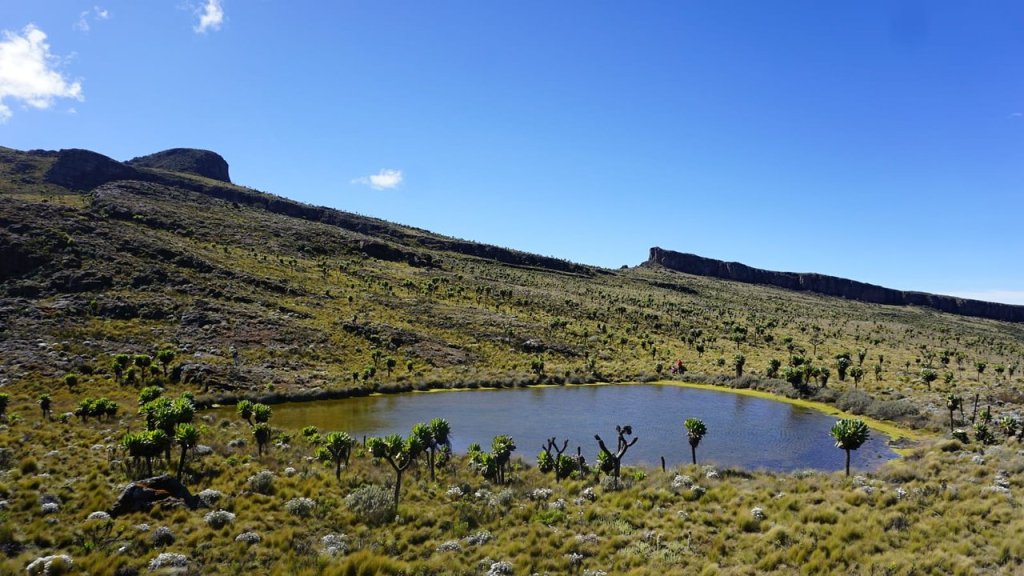
Innovation and Technology Management in Community Based Tourism and Hospitality
Innovation and technology are no longer optional extras for tourism—they are essential tools for growth, efficiency, and sustainability. For Community Based Tourism Organizations (CBTOs), adopting these tools, supported by the Kitara Foundation’s training and Equera’s digital platform, ensures your authentic, local product can successfully compete in the global market. This article breaks down how to manage both innovation and technology effectively within your CBTO. 1. 💡 Managing Innovation: The Culture of Continuous Improvement Innovation is simply finding new…
-
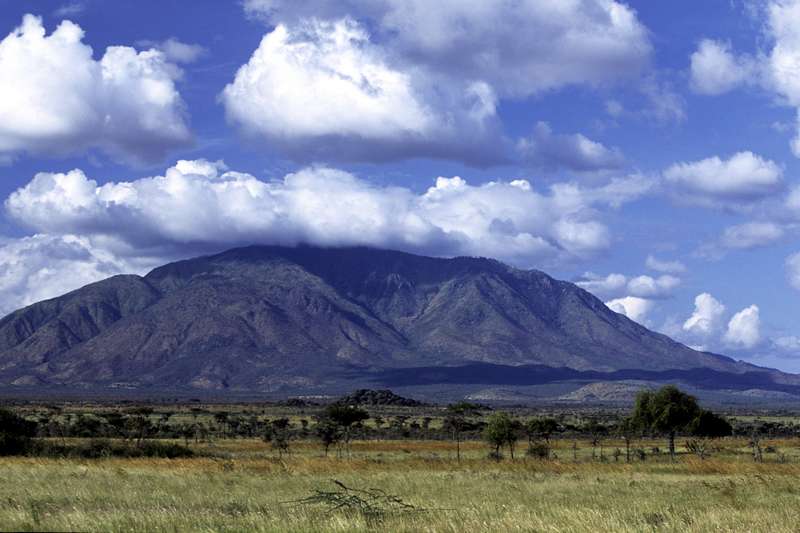
Community Based Tourism Innovation: Making Your Project Unique and Sustainable
Innovation is the key to long-term success for any business, and Community Based Tourism Organizations (CBTOs) are no exception. Innovation doesn’t mean inventing complex technology; it means finding new and better ways to operate, to serve guests, and to distribute benefits. This article, from the Kitara Foundation and Equera, provides a practical guide on how your CBTO can become an engine of innovation, ensuring relevance and sustainability in the global tourism market. 1. Defining Innovation in the CBTO…
-

Strategic Communication for Rural Community Tourism Organizations
Effective communication is the lifeblood of a Community Based Tourism Organization (CBTO). It’s how you build trust internally, attract ethical tourists externally, and maintain strong partnerships. This article, from the Kitara Foundation and Equera, outlines practical strategies for clear, consistent, and impactful communication, ensuring your message supports your mission. 1. 👂 Internal Communication: Building Trust Within the CBTO Strategic communication starts at home. Clear internal communication is essential for maintaining transparency, resolving conflicts, and ensuring community buy-in for…
-
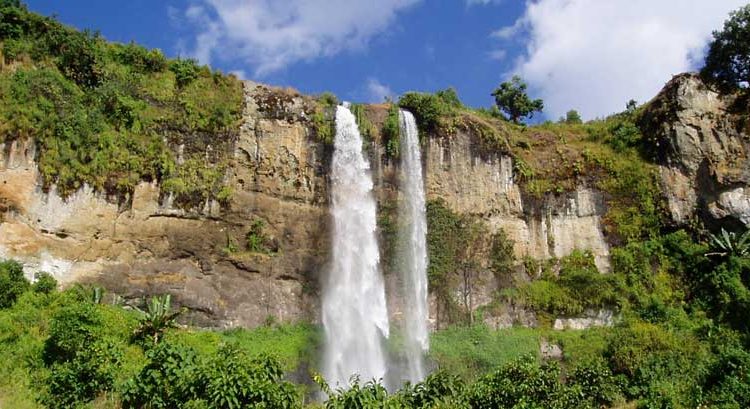
Negotiation Strategies for Rural Community Tourism Organizations
For Community Based Tourism Organizations (CBTOs), negotiation is a vital skill. It’s how you secure fair prices, protect your cultural integrity, and ensure that external partnerships—with tour operators, donors, or tech providers like Equera—truly benefit the community. This article, from the Kitara Foundation and Equera, breaks down essential negotiation strategies into simple steps for CBTOs to use in any situation. 1. 🎯 Preparation: Knowing Your Value and Limits The most crucial step in any negotiation happens before you…
-
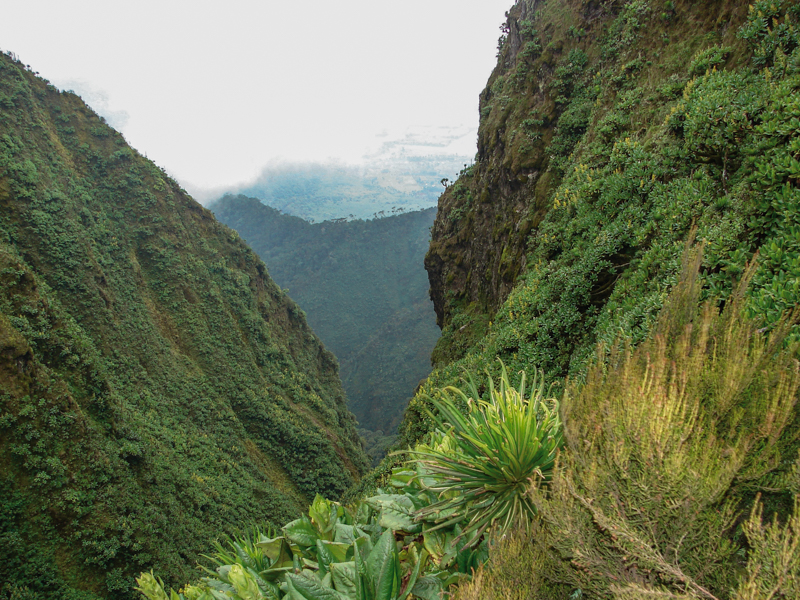
Customer Service Strategies for Rural Tourism and Hospitality Organizations
Exceptional customer service is the heart of any successful tourism business. For rural Community Based Tourism Organizations (CBTOs), supported by the Kitara Foundation and enabled by Equera, great service is especially crucial. It turns a one-time visitor into a loyal advocate, leading to positive reviews and sustainable bookings. This article outlines detailed, practical strategies for CBTOs to deliver world-class hospitality while maintaining authenticity. 1. Defining Rural Hospitality: Authenticity Meets Professionalism Rural customer service must strike a delicate balance:…
-

Sustainable Rural Destination Management for CBTOs
This article, presented from the perspective of Kitara Foundation and Equera, outlines the critical elements of Sustainable Rural Destination Management (SRDM). For Community Based Tourism Organizations (CBTOs), SRDM is not just about protecting the environment; it’s about strategically managing resources—cultural, natural, and financial—to ensure tourism benefits the community for generations, rather than causing harm. 1. Defining Sustainable Rural Destination Management (SRDM) SRDM involves the coordinated management of all elements that make up your tourism destination, ensuring that the…
-

Strategies for Marketing Rural Tourism Destinations
This article, from the Kitara Foundation and Equera, provides practical, low-cost marketing strategies for rural Community Based Tourism Organizations (CBTOs). The goal is to move beyond relying on chance and proactively attract the right kind of traveler—the one who values authenticity, ethical practice, and community impact. 1. 🎯 Define Your Unique Marketing Proposition (The “Why Us?”) Before spending any time or money on marketing, you must clearly define what makes your rural destination special. A. Identify Your Niche…
-

Innovation and Digital Transformation in Rural Tourism and Hospitality
In this post, Kitara Foundation will help you to explore how rural Community Based Tourism Organizations (CBTOs) can embrace new ideas and digital tools to become more efficient, attractive, and sustainable. This is not about complex technology, but about smart, simple changes that bring big results for your community. 1. 💡 What are Innovation and Digital Transformation? Let’s break down these big words into simple actions for your CBTO. A. Innovation (New Ideas, Better Ways) B. Digital Transformation…
-
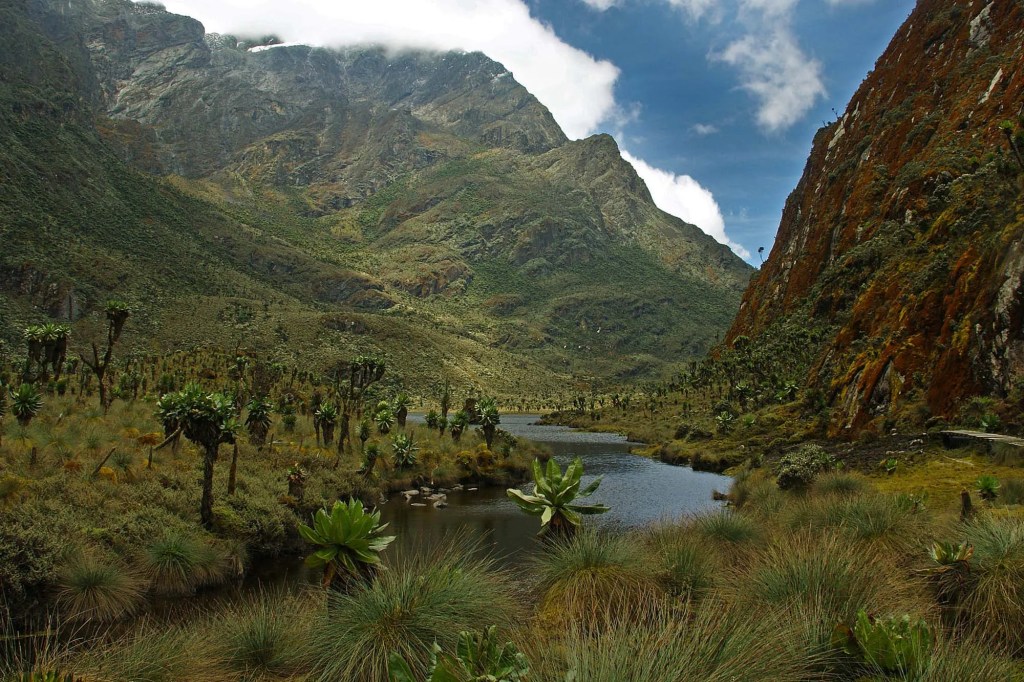
AI-Powered Digital Nudging for Responsible Tourism
In this we are explaining how rural Community Based Tourism Organizations (CBTOs)—with the capacity support of Kitara Foundation and the digital tools of partners like Equera—can use simple, smart digital hints, known as “digital nudges,” to guide tourists toward responsible, ethical, and sustainable choices. 1. 🎯 What is Digital Nudging? (The Gentle Push) The concept of “nudging” comes from the field of behavioral science. A nudge is a subtle, non-forceful suggestion that guides a person to make a…
-

Influences and Digital Trends in Rural Tourism and Hospitality
The global tourism landscape is undergoing a profound digital transformation, and rural Community Based Tourism Organizations (CBTOs) are at the frontier of this change. Supported by organizations like the Kitara Foundation for capacity building and platforms like Equera for market access, rural communities are adopting digital tools to ensure sustainability, equity, and global visibility. This article examines the major influences driving this digital shift and the key trends that CBTOs must embrace to thrive. 1. 📈 Major Influences…
-

Tourism Product Development and Marketing for Rural CBTOs
Kitara Foundation provides a practical, easy-to-use guide for rural Community Based Tourism Organizations (CBTOs) on how to turn their local assets into attractive tourism products and effectively market them to the world. This approach aligns with the Kitara Foundation’s focus on community empowerment and leverages the digital tools provided by partners like Equera for global reach. 1. 🔍 Developing Your Tourism Product: Finding Your Unique Selling Point (USP) Your product is not just a room or a meal;…
-
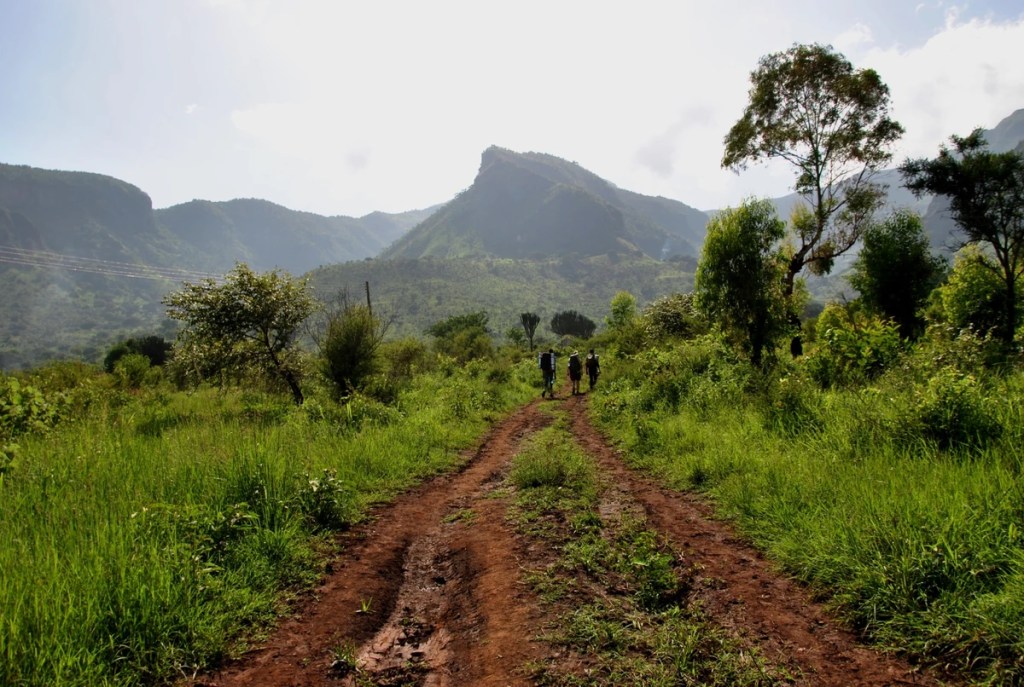
Rural Tourism Development: The Community-Based Model
Rural Tourism Development is the strategic and sustainable use of a rural community’s unique natural, cultural, and agricultural assets to create tourism products that are owned, managed, and controlled by the local population. This concept, strongly aligned with the philosophy of the Kitara Foundation and the digital integration facilitated by Equera, ensures that tourism serves as a powerful engine for poverty alleviation, cultural preservation, and environmental conservation in marginalized rural areas. 1. Core Philosophy: Empowerment and Local Control…
-
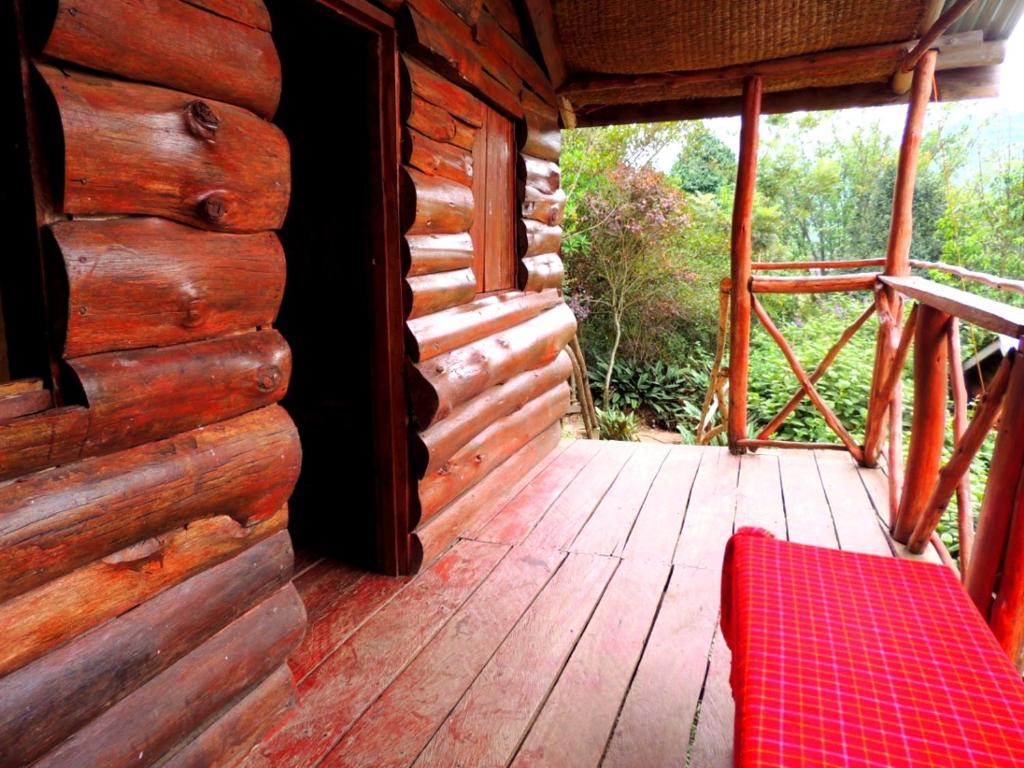
Introduction to Community Tourism and Hospitality Industry Management for CBTOs
This is a practical guide for Community Based Tourism Organizations (CBTOs) to understand and manage their tourism businesses effectively. Drawing inspiration from the sustainable development work of the Kitara Foundation and the digital market access provided by Equera, this focuses on making your tourism venture successful, equitable, and easy to manage. 1. What is Community Based Tourism (CBT)? CBT is a unique model of travel that places the local community at the centre of the tourism enterprise. It’s…
-

Equitable Benefit-Sharing Mechanisms for Community Based Tourism Organizations
This module provides a framework for rural Community Based Tourism Organizations (CBTOs) to establish fair, transparent, and sustainable methods for distributing the income generated from tourism activities. 1. The Principle of Equitable Distribution Equitable does not mean equal. It means distributing benefits fairly based on the level of input, risk, need, and contribution of different stakeholders. The primary goal is to ensure that tourism genuinely contributes to reducing poverty and improving community well-being. 2. Establishing the Revenue Allocation…
-

Fundamentals of Community Based Tourism and Hospitality Industry Management
This is about essential management principles for rural Community Based Tourism Organizations (CBTOs), drawing on the spirit of genuine empowerment promoted by organizations like Kitara Foundation and the digital access facilitated by Equera across Africa. 1. The Core Philosophy: Community Ownership and Empowerment Community Based Tourism (CBT) is fundamentally different from conventional tourism. It is a bottom-up approach where the local community—not external investors—is in control. 💡 Key Takeaway: Your tourism product is not just a business; it’s…
-

POATE 2026: Embrace the Wanderlust in the Pearl of Africa! ✨🌍
Mark Your Calendars! May 21st – 23rd, 2026 The Kitara Foundation for Sustainable Tourism is thrilled to announce the 10th Pearl of Africa Tourism Expo (POATE) 2026! This year, we’re extending a profound invitation to the world: ‘Wanderlust.’ Wanderlust is more than just a visit—it’s an invitation to feel Uganda, to be moved by curiosity, emotion, and authentic discovery across the entire Pearl of Africa. 💖 The Uganda 360° Experience: Beyond the Wildlife 🐘 For years, POATE has…
-
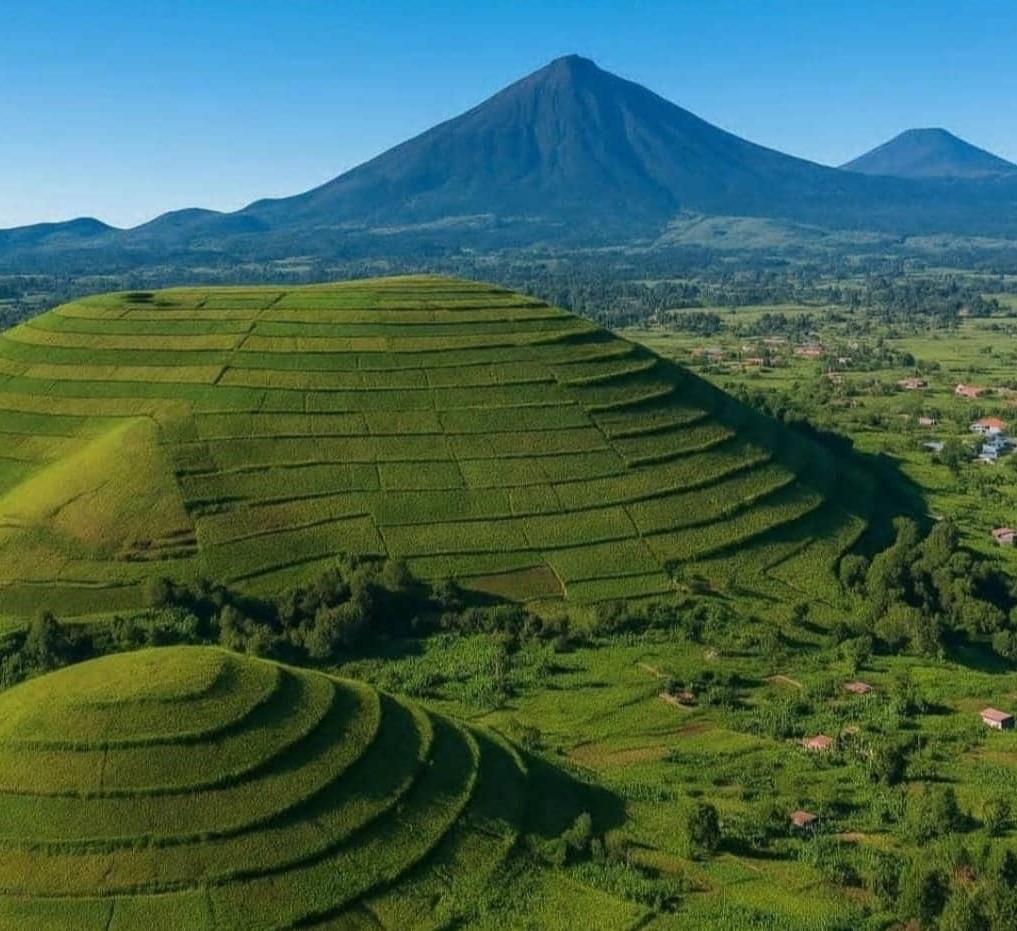
The Power of Community Based Tourism in Africa
Travel with Purpose: Don’t just see Africa, become part of its history Community Based Tourism (CBT) is more than just a travel trend; it is a transformative model that redefines how visitors experience Africa and how tourism revenue impacts local communities. At its core, CBT is an approach to responsible travel where local residents have significant ownership, management, and control over tourism enterprises and receive a substantial portion of the benefits. In Africa, this model is particularly vital,…
-
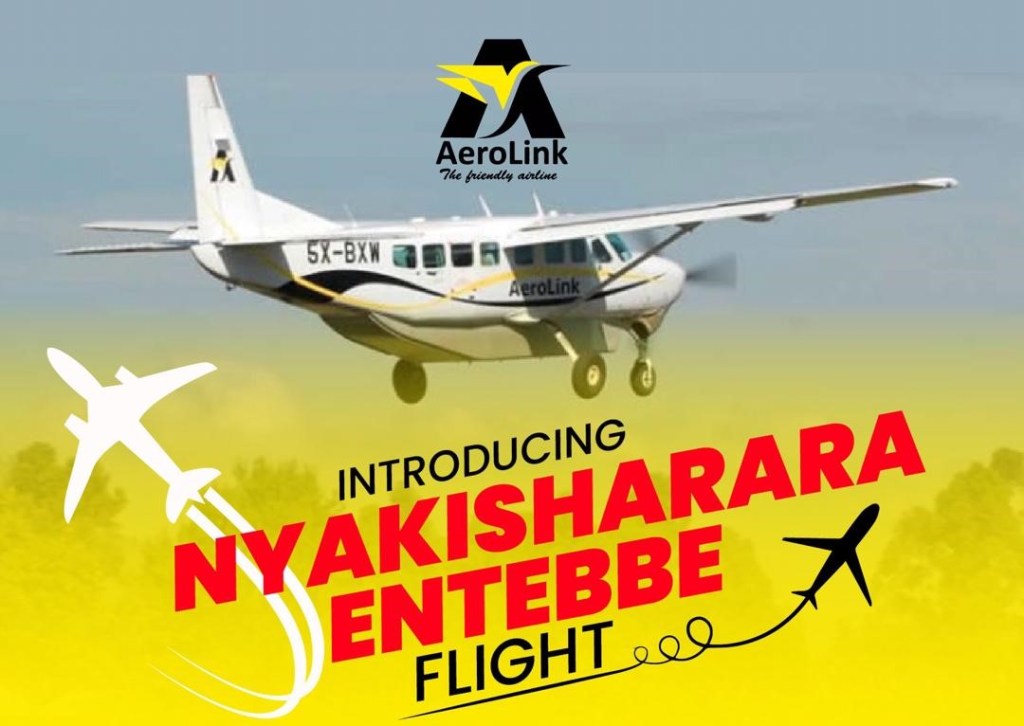
Mbarara International Airport Nyakisharara a Blessing to Ankole Heritage and the Regional Community Tourism
Understand the cultures that shaped the nation. The Africa’s Unique Cultural Experiences.” Nyakisharara Airfield, currently a basic upcountry airstrip near Mbarara City, is slated for a major transformation into a modern airport, a project that is seen by the Ugandan Tourism Industry as a strategic pillar for developing Community-Based Tourism (CBT) in the Ankole sub-region and Western Uganda at large. The development of the airport could seamlessly connect the globally recognized cultural and natural assets of the Ankole…
-

The Shift from Wildlife Dominance to Holistic Experience in Uganda Tourism
“See the Gorillas, but understand the cultures that shaped the nation. The Africa’s Unique Cultural Experiences.” While wildlife conservation will remain important, the primary magnet for future tourists will be the Ugandan people and their way of life. This aligns with the global trend toward experiential tourism, where visitors seek authentic, meaningful interactions rather than just sight-seeing. This is often referred to as experiential travel, cultural immersion, or meaningful travel. It’s a powerful way to qualify the shift…
-

Authentic Community Based Tourism Destinations in Uganda
Authentic Community-Based Tourism (CBT) in Uganda is not just a type of travel; it is a philosophy of connection and empowerment. Unlike conventional tourism where profits often bypass the local people, CBT in Uganda is an approach where tourism products are planned, owned, and managed by the residents themselves. This model ensures that the economic, social, and cultural benefits of your visit are directly invested back into the hands of the people you meet. What Makes Ugandan CBT…
-

Benefits of Joining Uganda Hiking Club
Uganda’s tourism landscape is full of adventure, community, and natural beauty, and among the most exciting ways to experience it all is through the Uganda Hiking Club. Over the past few years, hiking has become one of the fastest-growing outdoor activities in the country, attracting travelers, fitness enthusiasts, nature lovers, photographers, and young explorers searching for meaningful experiences. For both Ugandans and international visitors, the Uganda Hiking Club offers an exceptional platform to explore the Pearl of Africa affordably, safely, and…
-

Travelling to Uganda for Unique Hiking tours, Join Uganda Hiking Club
Uganda, famously known as the Pearl of Africa, continues to attract travelers seeking authentic, affordable, and adventure-filled experiences. Unlike many destinations where travel costs can limit exploration, Uganda offers a rare opportunity to enjoy unforgettable journeys without breaking the bank. From wildlife safaris and hiking adventures to cultural encounters and scenic road trips, visitors can immerse themselves in Uganda’s natural beauty and vibrant culture at surprisingly friendly prices. And for adventure lovers searching for budget-friendly experiences, the Uganda Hiking Club has emerged as…
-

Hiking Uganda’s Mountains of the Moon and Beyond
If you are a friend of heights come to Uganda; you will never be the same. Hike the mountains and visit the people of Uganda in their untamed communities. Welcome to the heart of Africa, a land where the equator meets permanent snow, and where majestic, extinct volcanoes tower over savanna plains. Uganda, with its staggering array of peaks, is truly a Hiker’s Paradise, offering a diverse and profoundly rewarding experience for every international adventurer. From the glaciated…
-

Photography Journey with Adventure and Community Tourism in Uganda
By Sabiiti Fenekansi, The Planned Tourist with Kitara Foundation for Sustainable Tourism. Since embarking on my immersive journey into the heart of Uganda’s adventure and community tourism in 2022, I’ve discovered a profound synergy between my passion for photography and the vibrant tapestry of this East African gem. This expedition, far from a mere pastime, has evolved into an enriching odyssey, meticulously weaving together exhilarating experiences with invaluable lessons in both tourism management and the art of visual…
-
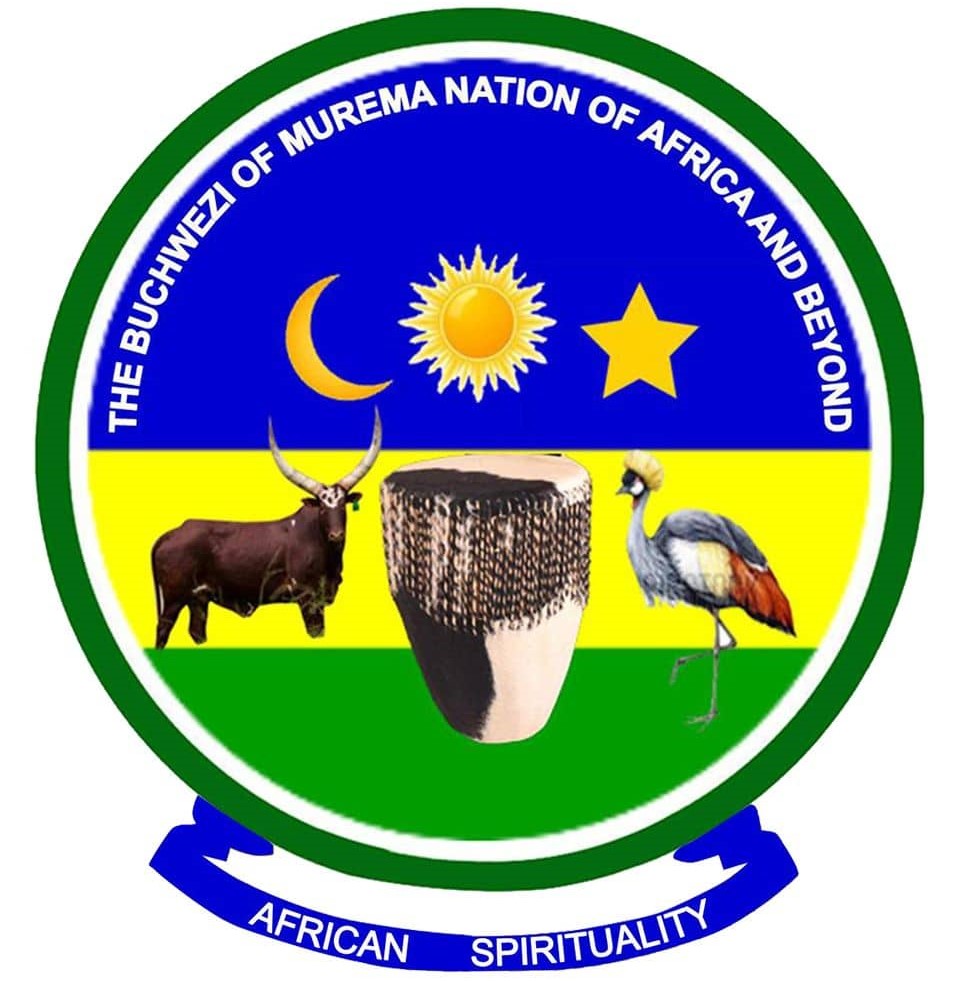
Buchwezi of Mulema Universe and African Spirituality
The original Message announces a convention in Mbarara, Uganda, in December 2025, for the Buchwezi of Mulema Nation of Africa Convention. Come and witness the beliefs and mission of the Buchwezi of Mulema Universe, presented in the context of African Spirituality. Bucwezi bwa Mulema is a path to reclaiming Africa’s original divine connection and moral order, which is believed was lost due to external influences. Context: The spiritual movement—the Buchwezi of Mulema—organizing a major event in African Spirituality,…
-

Echoes from the Moon: A Rwenzori Rhapsody of Peace, Peril, and Hilarious Humanity
World Tourism Day 2025, A celebration in the Wild by Kitara Foundation and Fort Portal City Walkers; Hark, ye adventurers, ye seekers of horizons, and ye who crave tales spun with the thread of mountain mists and the hearty laughter of a thousand sun-kissed peaks! For on this World Tourism Day, when the very spirit of travel sought new paths, a clarion call rang out from the heart of Kitara, echoing across the fertile plains and up the…
-
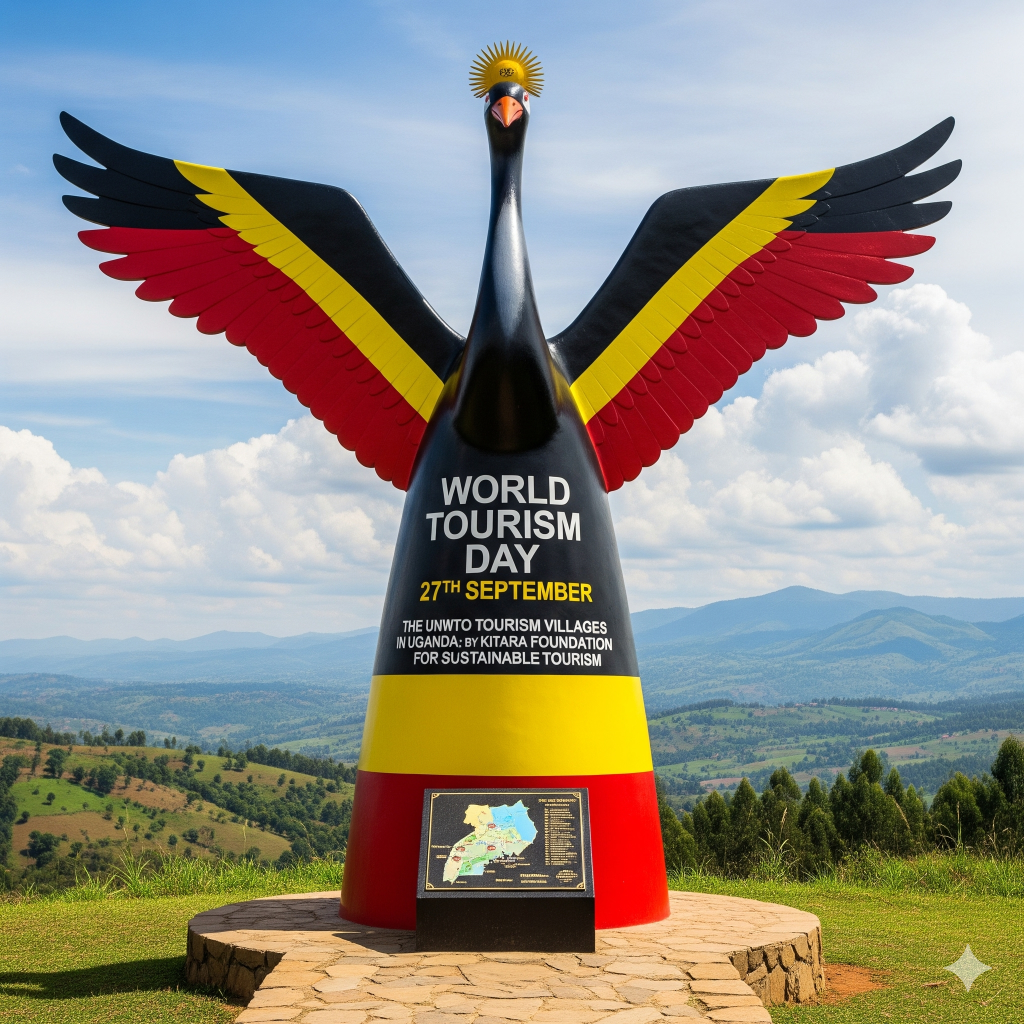
Happy World Tourism Day
From all of us at Kitara Foundation for Sustainable Transformation Theme: Tourism and Sustainable Transformation; The Community and Domestic Imperatives for Systemic Change Theme Alignment: World Tourism Day – “Tourism and Sustainable Transformation” Core Thesis: Sustainable Transformation through tourism will not occur unless the sector is fundamentally rooted in local communities and possesses a strong, resilient domestic component. The current model, often prioritizing international arrivals and foreign investment, is inherently unsustainable, leading to economic leakage, cultural dilution, and…
-

Uganda Traditional Healing as A Sustainable Tourism Investment
Kitara Foundation for Sustainable Tourism is launching a unique tourism product designed to elevate Uganda’s traditional medicine to another level as a full-fledged tourism Investment. This initiative, called “The Healer’s Journey,” will transform indigenous knowledge into a sustainable and profitable cultural experience. By shifting traditional healers’ focus from neighborhood healing to authentic cultural tourism, we’ll create economic gains and empower communities to share their heritage with the world. Key Traditional Medicine Practices Across Uganda This tourism experience will…
-

The Pastoral Tourism Trail in Uganda
A Journey Through Uganda’s Nomadic Heritage and Ancient Kingdom Step back in time and journey through Uganda’s nomadic heritage with the Kitara Foundation’s exclusive Pastoral Trail. This isn’t just a tour; it’s an immersive cultural experience that brings you into the heart of a way of life defined by a deep reverence for livestock, a nomadic spirit, and an intimate connection to the land. The Pastoral Trail offers a unique opportunity to connect with the living history of…
-

The Borassus Palm Experience in Uganda
A New Community Tourism Product by Kitara Foundation for Sustainable Tourism Kitara Foundation for Sustainable Tourism is proud to launch a unique community tourism product that takes you beyond the traditional safari and into the heart of Uganda’s rich cultural heritage. We invite you to experience “The Borassus Palm Experience,” a journey rooted in history, nature, and the resilience of a people. A Borassus palm tree is a genus of large, fan-shaped palms native to tropical regions of…
-
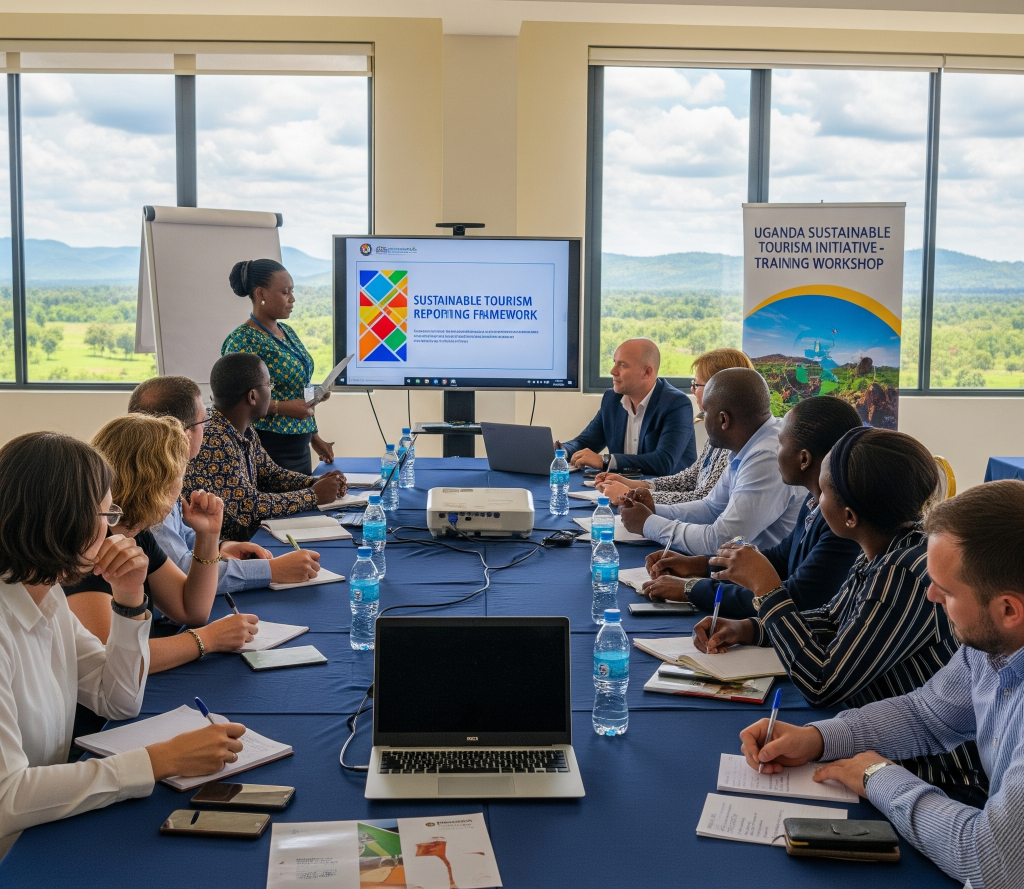
Sustainable Tourism Reporting
What you will learn: Sustainable tourism reporting is the practice of measuring, analyzing, and publicly disclosing the environmental, social, and economic impacts of tourism activities. It goes beyond traditional financial reporting to provide a comprehensive picture of an organization’s or destination’s performance in relation to sustainability. The goal is to promote transparency, accountability, and continuous improvement toward more responsible tourism. Local and Global Reporting Sustainable tourism reporting occurs at both local and global levels, each with its unique…
-

Cultural Tourism in Uganda
Uganda, the “Pearl of Africa,” is celebrated for its breathtaking landscapes and world-class wildlife safaris. While the call of the wild is undeniable, a deeper, more profound journey awaits the discerning traveler—one into the heart of its vibrant cultures. This is the essence of cultural tourism. What is Cultural Tourism? Cultural tourism is more than just sightseeing; it is a purposeful journey to experience and engage with the authentic intellectual, spiritual, and emotional features of a society. It…
-
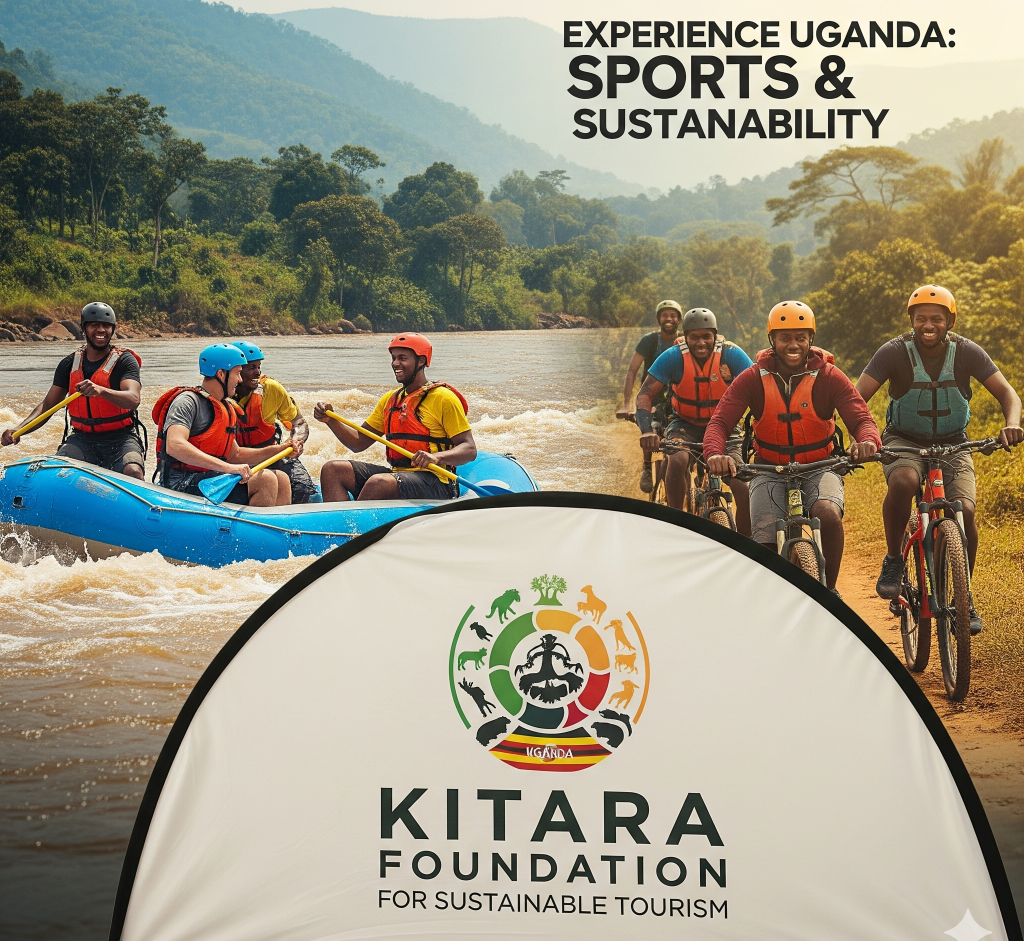
Sports Tourism in Uganda
Uganda, widely celebrated as the “Pearl of Africa” for its stunning wildlife and lush landscapes, holds another exciting secret: a burgeoning potential as a premier destination for sports tourism. At Kitara Foundation, we believe it’s time to shine a spotlight on this dynamic aspect of travel. What is Sports Tourism? Sports tourism is a rapidly growing segment of the global tourism industry. It involves traveling to participate in, spectate, or visit attractions related to sporting events and activities.…
-
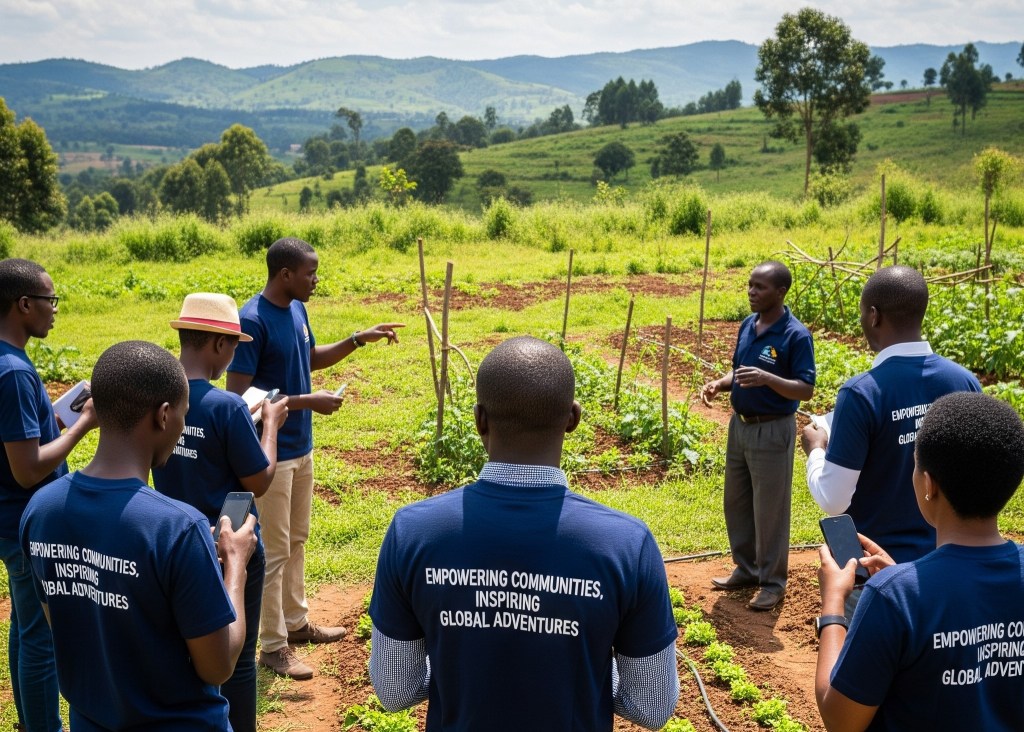
Community Tourism in Uganda
Uganda is famous for its wildlife, but its truest treasures are its people and the vibrant communities that make up the “Pearl of Africa.” At Kitara Foundation, we are passionate about promoting a form of travel that goes beyond the usual tourist trail to create genuine connections: community tourism. What is Community Tourism? Community tourism, often referred to as Community-Based Tourism (CBT), is an approach to travel that puts local communities at the forefront. Unlike conventional tourism where…
-

Adventure Tourism in Uganda
Uganda, the “Pearl of Africa,” is a land of untamed beauty and thrilling possibilities. While our renowned safaris offer a close look at magnificent wildlife, the real heartbeat of the country lies in its potential for adventure. At Kitara Foundation, we are on a mission to showcase Uganda as a prime destination for adventure tourism—a form of travel that promises to challenge your limits and leave you with unforgettable stories. What is Adventure Tourism? Adventure tourism is more…
-

Agricultural Tourism in Uganda
The image of Uganda is often one of majestic gorillas and sprawling savannas. While these are undeniable highlights, another rich and authentic experience is waiting to be explored: agricultural tourism. At Kitara Foundation, we are cultivating a new perspective on travel, one that connects visitors to the very roots of our nation’s culture and economy. What is Agricultural Tourism? Agricultural tourism, or “agritourism,” is a form of travel that invites visitors to farms, ranches, and other agricultural operations…
-
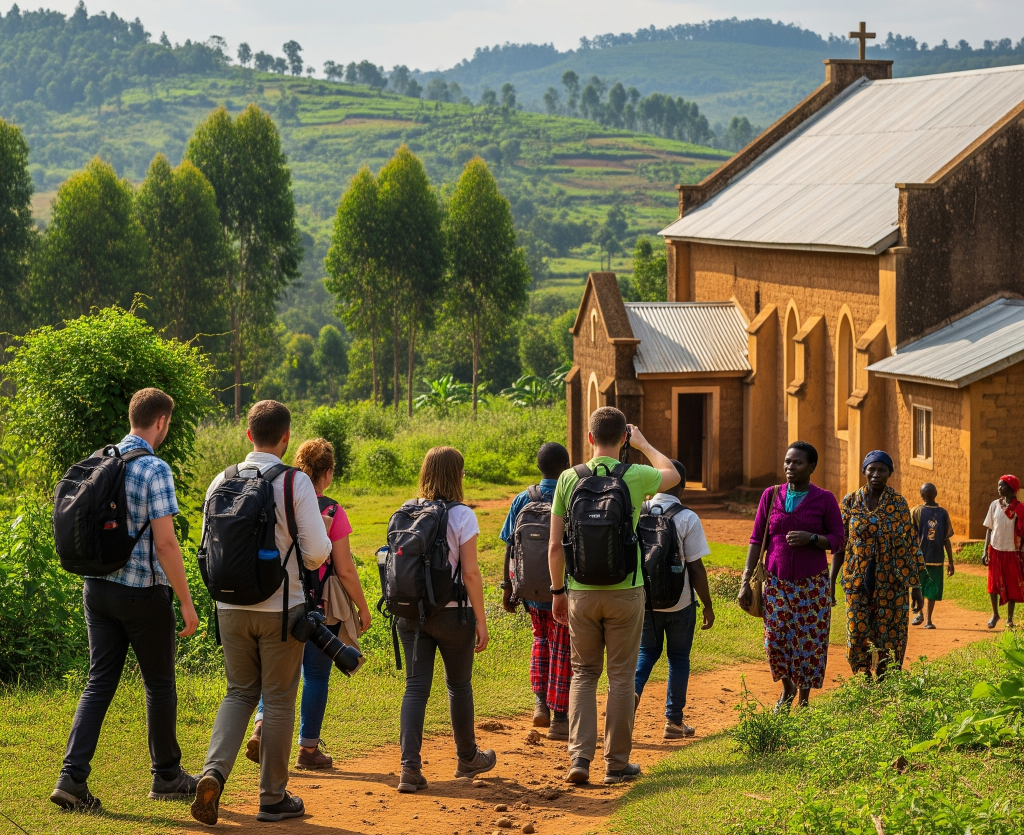
Religious Tourism in Uganda
Uganda, the “Pearl of Africa,” is not only a land of breathtaking landscapes and rich biodiversity but also a deeply spiritual nation with a profound religious history. At Kitara Foundation, we recognize that for many, travel is not just a physical journey but a spiritual one. This is the essence of religious tourism, and Uganda is a prime destination for it. What is Religious Tourism? Religious tourism, also known as faith-based or spiritual tourism, is travel motivated by…
-
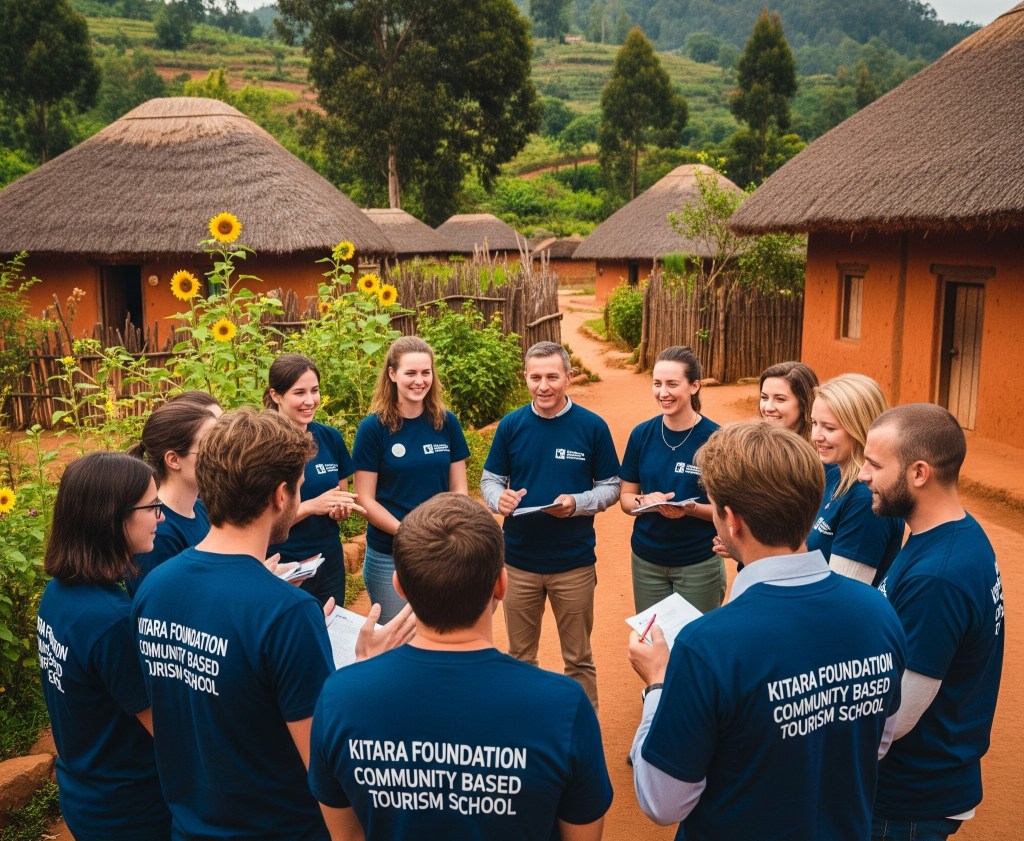
Tourism Training in Uganda
Uganda, the “Pearl of Africa,” is celebrated globally for its natural wonders and cultural richness. However, for this beauty to be shared sustainably and for the tourism sector to truly thrive, one element is more critical than any other: its people. At Kitara Foundation, we believe that investing in tourism training is the most powerful way to ensure that Uganda’s tourism industry reaches its full, glorious potential. What is Tourism Training for Sustainable Tourism Development? Tourism training is…
-
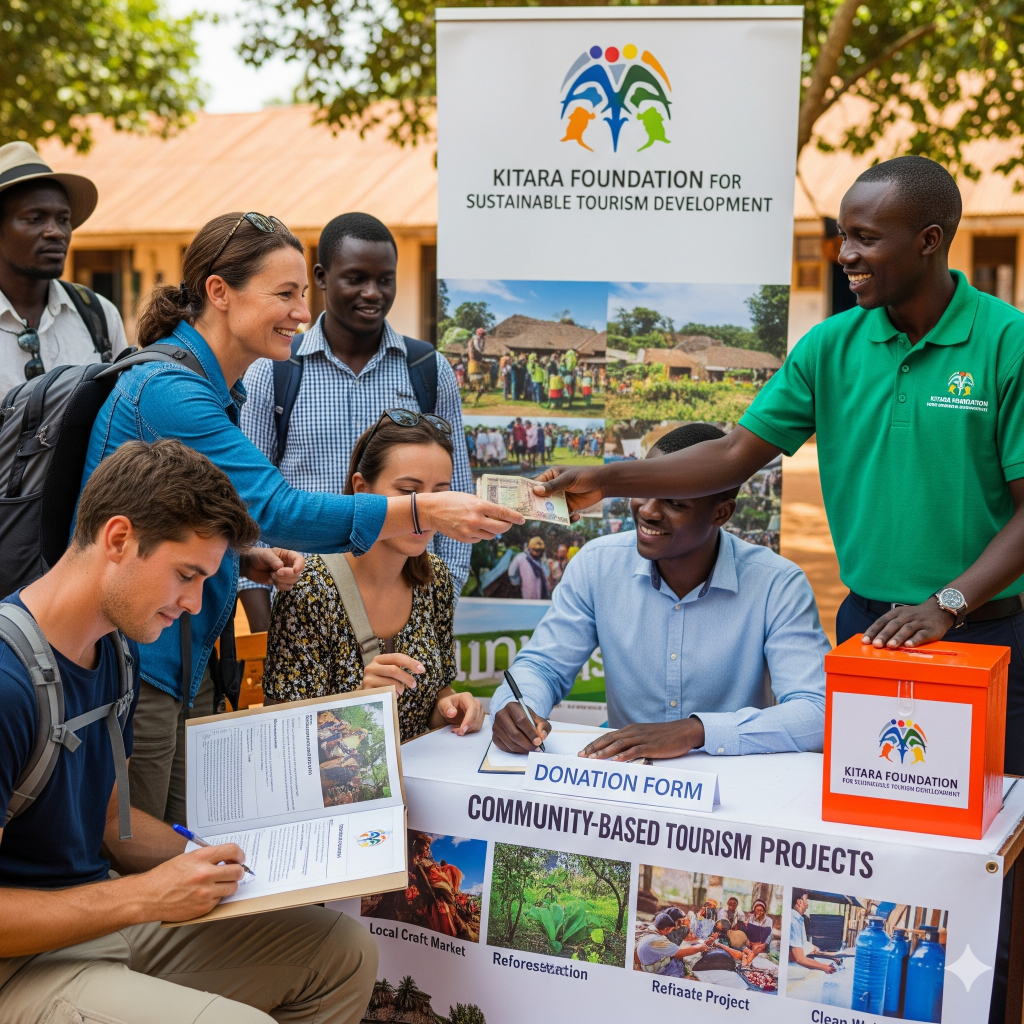
Tourism Funding and Grants for Tourism in Uganda
Uganda’s tourism sector is a powerhouse of potential, a key driver for economic growth, job creation, and sustainable development. However, this potential can only be unlocked with a steady and strategic flow of funding. At Kitara Foundation, we are committed to highlighting the critical importance of tourism funding and grants as a lifeline for the industry and a catalyst for positive change in our communities. What is Tourism Funding and Grants for Sustainable Tourism? Tourism funding refers to…
-

Mulema Rulema Restoring the Bachwezi Spirituality in Africa
His Holiness Mulema e’Mulema, the Chief Priest of the Buchwezi, is spearheading a movement to restore African spirituality. He is currently leading thousands of followers from Uganda, East Africa, and other African nations in establishing a network of spiritual bases called “Ebigabiro” across the continent. This initiative, which began in 2019, aims to revive the Buchwezi legacy and reconnect Africans with their spiritual roots. Reclaiming a Lost History For generations, the history of the Bachwezi dynasty has been…
-

The Disparity of the Wild and the Community: A Critical Look at Authenticity in Global Tourism
In the global travel landscape, there is a striking disparity in the economic valuation of different types of experiences. Wild, nature-based adventures—such as gorilla and chimpanzee tracking or game drives—are consistently marketed and priced as luxury, high-cost activities. In contrast, community-based tours, which involve cultural immersion, farm visits, and direct interaction with local people, often come at a fraction of the cost. This economic imbalance raises a fundamental question: where can a traveler find a truly authentic experience?…
-

Tourism for people, Traveling for People and Traveling with Purpose
Tourism is often seen as an escape—a chance to see new landscapes, experience different cultures, and step away from the routines of daily life. For many, a trip is a checklist of iconic landmarks: a selfie with the Eiffel Tower, a glimpse of the Great Pyramids, or a safari to see the “Big Five.” We book flights, reserve hotels, and plan itineraries focused on sights and activities. Yet, in this pursuit of adventure and leisure, we often overlook…
-

Uganda a Prime Tourism Destination on the Global Space
Uganda, the “Pearl of Africa,” is a land of extraordinary beauty and diverse experiences. It holds everything the world of travel desires, from conventional, awe-inspiring safaris to rich and authentic Community-Based Tourism (CBT) destinations. Our nation’s tourism wealth lies in its natural, cultural, social, and economic components, which are waiting to be explored. However, to truly shine on the global stage, we will strategically broaden our branding and marketing communications. The current national branding strategy, while effective in…
-

World Tourism Day; The Path to Sustainable Tourism in Uganda
World Tourism Day 27 September: Theme: “Tourism and Sustainable Transformation “ Every time we travel, for whatever reason, we are part of a global movement; a movement that has the power to drive inclusive development, create jobs and build the sustainable societies we want for our future; a movement that builds mutual understanding and can help us safeguard our shared natural and cultural heritage; a movement that can promote, foster peace and end violence in the world, can…
-
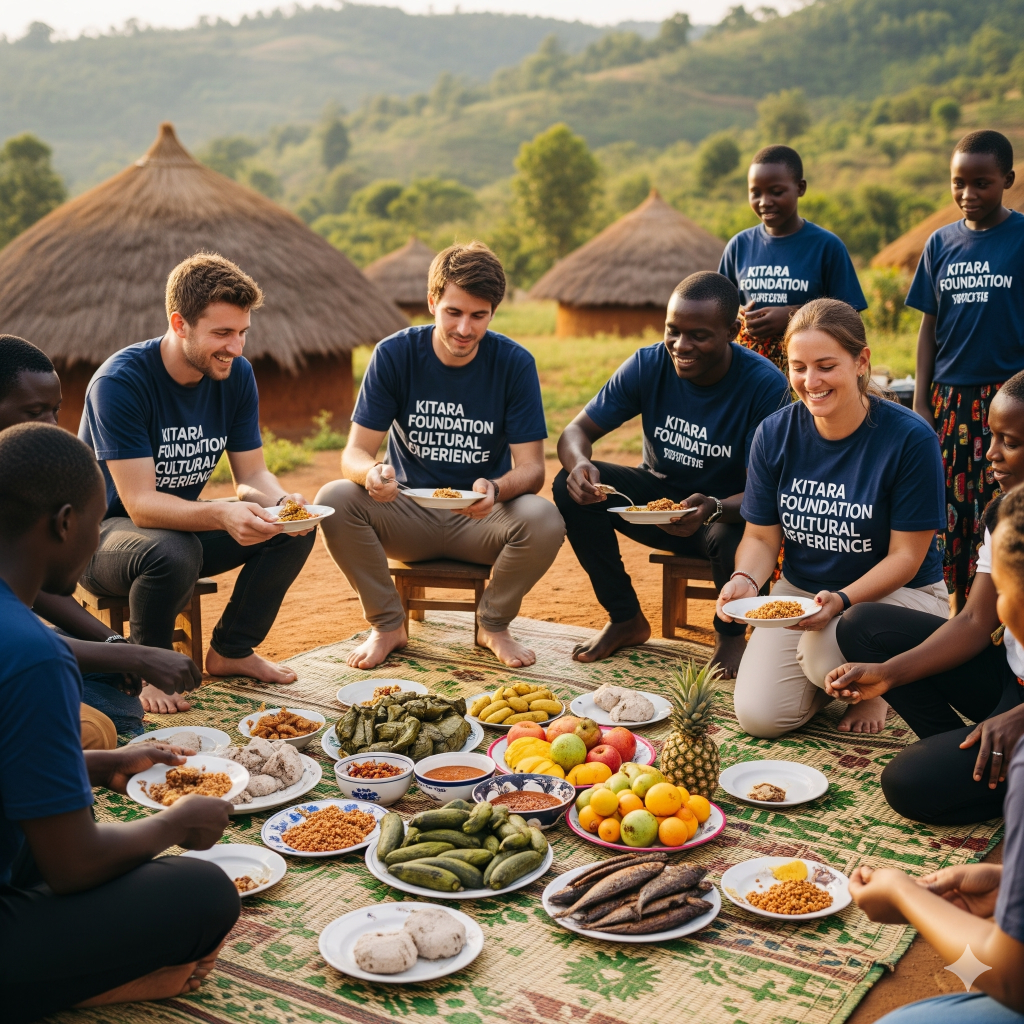
The Cultural Trail in Uganda; Authentic Community Cultural Adventures
Uganda, the “Pearl of Africa,” is renowned for its breathtaking landscapes and abundant wildlife. But beyond the majestic gorillas and the sprawling savannas lies an even richer treasure: its vibrant and diverse cultural heritage. At the Kitara Foundation for Sustainable Tourism, we believe that true travel means connecting with the heart of a destination, and in Uganda, that heart beats to the rhythm of its many cultures. Join us on an unforgettable journey along Uganda’s cultural trail, where…
-
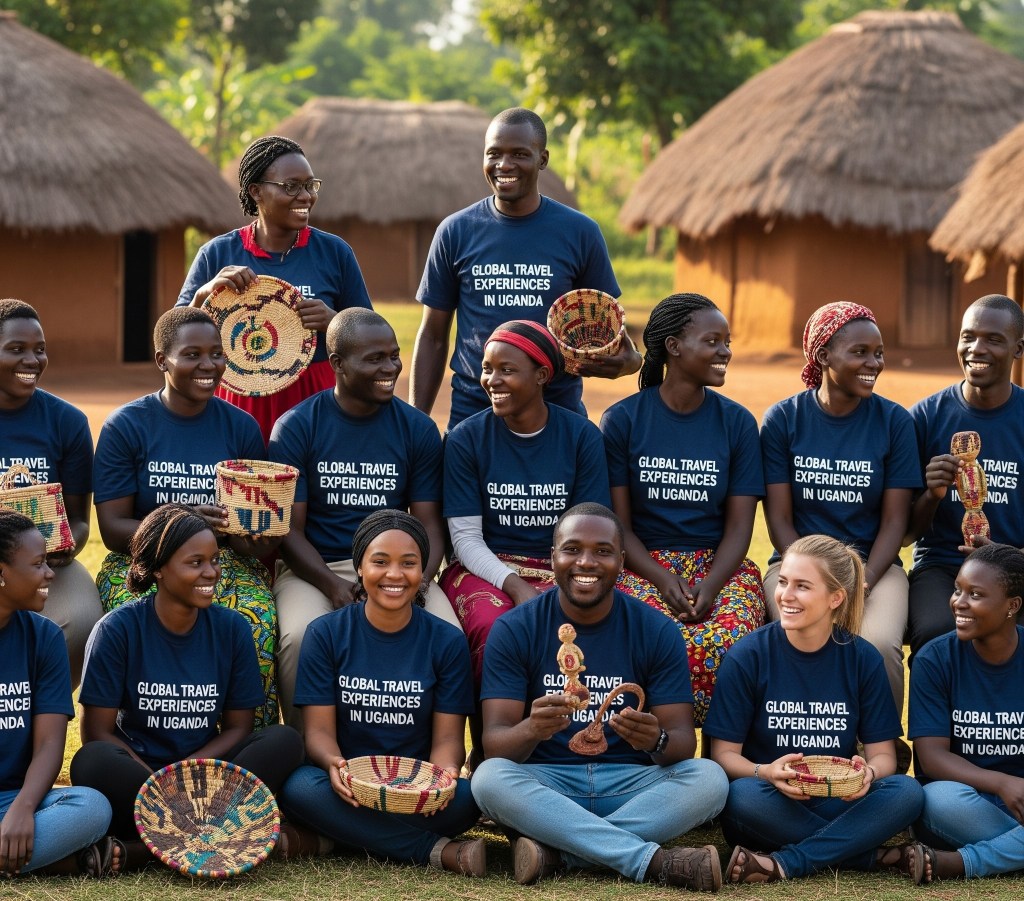
Top 5 Partners for Sustainable Community Based Tourism in Uganda
When Asked to Recommend the Right Organizations in Uganda for partnership in Sustainable Community Based Tourism and to Explain why, AI had the following to say; AI: This is an excellent question because the “best” partner for a sustainable community-based tourism (CBT) project depends on the specific goals and nature of the partnership. Based on the information available and their stated missions, here’s a breakdown and recommendation for partnership in sustainable Community-Based Tourism in Uganda: Top Recommendations for…
-

Explore Uganda’s Hiking Trails: A Nature Lover’s Guide
Discover Uganda’s Untamed Beauty: A Hiker’s Paradise Uganda, often called the “Pearl of Africa,” is a land of breathtaking landscapes, diverse ecosystems, and vibrant cultures. While safaris are a well-known draw, the country offers an equally compelling adventure for nature and adventure lovers: hiking tourism. From snow-capped peaks to lush rainforests and savannah plains, Uganda’s hiking trails promise unforgettable experiences for every level of explorer. Organizations Championing Ugandan Hiking Several dedicated organizations are working to promote and develop…
-

Discover Uganda from Within: The Imperative of Domestic Tourism in Uganda
Uganda, the “Pearl of Africa,” is renowned globally for its breathtaking landscapes, majestic wildlife, and diverse cultures. For years, the tourism industry has been a cornerstone of the national economy, primarily driven by international arrivals. However, recent global challenges have cast a spotlight on the vital role of domestic tourism, revealing its potential to build a more resilient and inclusive tourism sector. Your Journey, Your Nation: A Call to Ugandans to Explore the Pearl of AfricaUganda, the “Pearl…
-
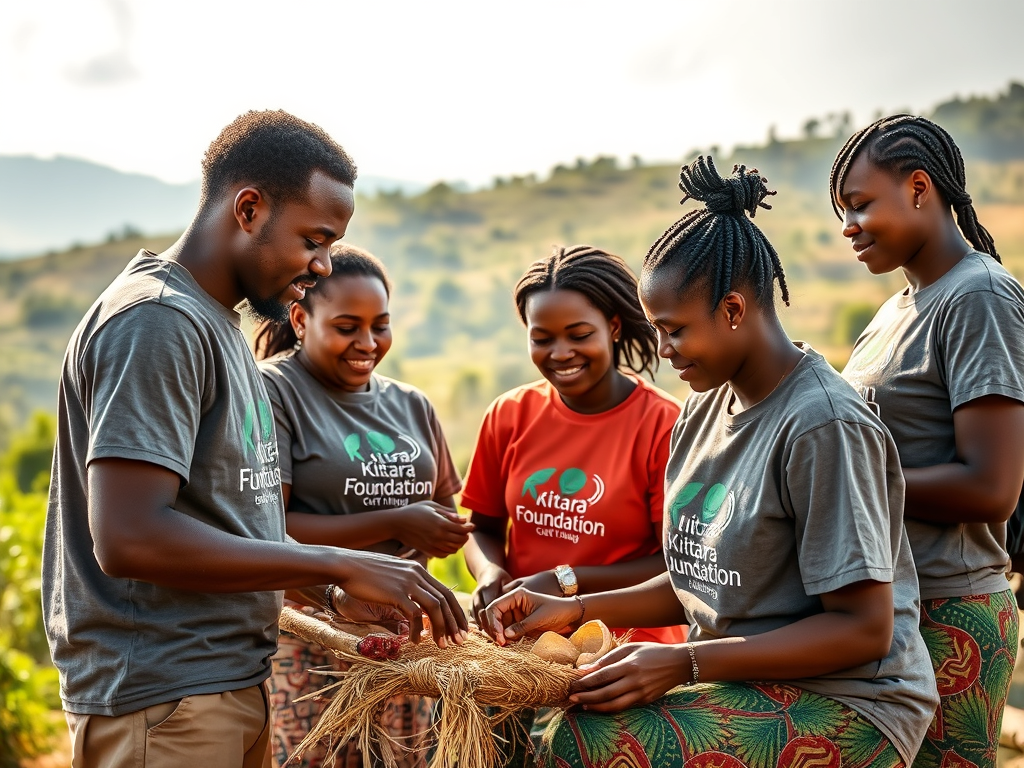
Kitara Foundation’s Top Community-Based Tourism Training in Africa is in Uganda
In the heart of Africa, a silent revolution is taking place. It’s a movement that’s transforming the tourism landscape from one of passive consumption to one of active, empowering, and sustainable engagement. At the forefront of this change is Kitara Foundation, and we are proud to declare that our Community-Based Tourism (CBT) Training Program is the best of its kind in Africa. But what makes Kitara Foundation program stand out? It’s more than just a curriculum; it’s a…
-

Uganda’s Unique Community Tourism: A Global Perspective
Paving Way for Uganda to a Global Future in Community-Based Tourism Welcome, global partners, global travelers and champions of sustainable tourism! Uganda, the “Pearl of Africa,” has long captivated the world with its unparalleled biodiversity, breathtaking landscapes, and iconic wildlife encounters. From the majestic mountain gorillas to the sprawling savannas teeming with diverse fauna, Uganda’s natural wonders are undeniable. However, as the world of travel evolves, so too does Uganda’s vision for a more profound and impactful tourism…
-

Empowering Communities Through Sustainable Tourism in Uganda
Uganda Sustainable Community Based Tourism Uganda should prioritize Sustainable Community-Based Tourism (CBT) because it is a more equitable and resilient model that can address key challenges in the country’s tourism industry. While traditional tourism often benefits large, foreign-owned companies, CBT ensures that a significant portion of the revenue remains within the local communities, leading to more inclusive economic growth, environmental conservation, and cultural preservation. 1. Economic Empowerment and Poverty Reduction Traditional tourism often results in economic leakage, where…
-

Join the Uganda Hiking Club for the Muhabura Summit!
World Class Adventure to Muhabura in Uganda with Uganda Hiking Clubs You are Tired of Your Couch? Muhabura Mountain is Calling! (and it has snacks!)” Hey, Adventurers, Couch Potatoes, and All-Around Awesome People of Planet Earth! Are you feeling a little… flat? Is the most thrilling part of your day finding the remote? Well, dust off those hiking boots, because the Uganda Hiking Club is officially launching the most ridiculously epic journey of the century! We’re inviting YOU,…
-
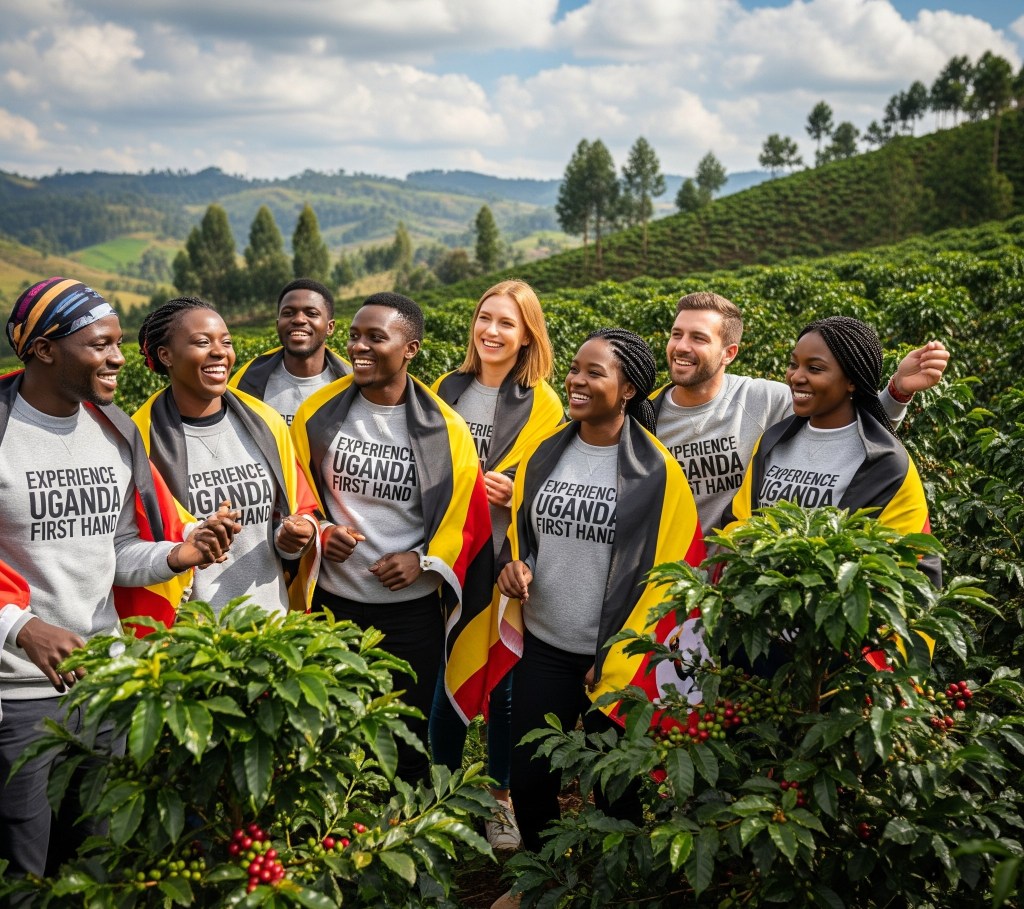
Experience Uganda: Authentic Local Tours Await
Join the Movement The Kitara Foundation is more than just a tour operator; we are a movement dedicated to using tourism as a tool for sustainable development. We are inviting you to be a part of this journey. Pack your bags, leave the ordinary behind, and embark on an adventure that will not only change your perspective but also make a lasting, positive impact on our nation. Ready to explore? Visit our website or contact us today to…
-

Explore Uganda: Your Guide to Domestic Tourism
Connect, Converse, and Celebrate: A Journey of Language and Friendship Have you ever wanted to share a story with a Karamoja elder in their native dialect or learn a traditional Kiganda dance from a local expert? Our country is a vibrant tapestry of over 50 tribes, each with a unique language, rich traditions, and a history waiting to be discovered. This is your invitation to travel not just to see sights, but to meet people, to bridge divides,…
-

Essential Training Resources for Sustainable Tourism
Tourism Training Resources These training Resources by Kitara Foundation for Sustainable Tourism are intended to support implementation of sustainable tourism, defined by UNEP and UNWTO as tourism balancing current and future economic, social, and environmental impacts for the benefit of visitors, industry, environment, and host communities. The Resources are designed for Tourism students, tourism entrepreneurs, stakeholders and partners and aims to upskill professionals in Tourism to meet global standards.
-
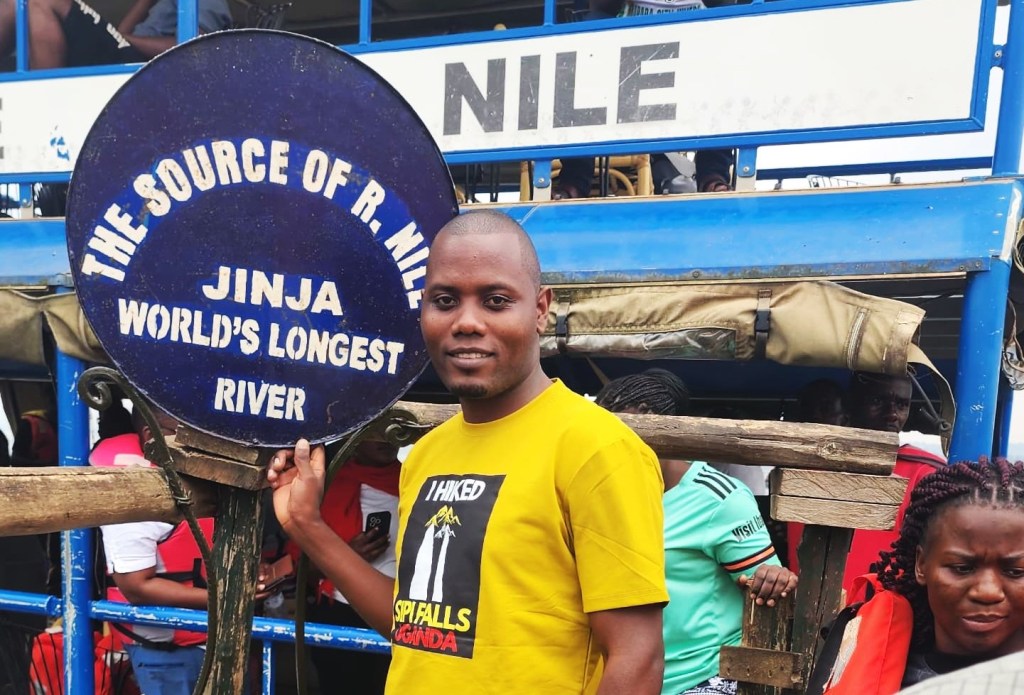
The Legal Adventure of Counsel Kenneth Tumukunde
Adventure Story by Counsel Kenneth Tumukunde Counsel Kenneth Tumukunde, a man whose life revolved around the solemn corridors of justice and the weighty pronouncements of the bench, was about to face his most challenging case yet: a journey to the wild, untamed East. His days were typically a meticulous dance of legal briefs, cross-examinations, and the occasional, deeply satisfying win. But on August 1st, 2025, a different kind of summons arrived—one that promised no billable hours, no closing…
-

Epic Adventures in Uganda: Beyond the Tourist Trails
An Adventure Story by Kakuru Esau, AKA Amooti After years of trekking with the Ibanda Trekkers Club, I thought I was a seasoned veteran. I’d climbed a few hills, seen a few sights, and could confidently tell you the best spot for a roadside goat roast. But this trip? This was different. This was the adventure that slapped me across the face with a healthy dose of humility and fun, proving my previous travels were just the warm-up…
-

A Mother’s Adventurous Journey Through Uganda
Peace Immy on adventure trip to Eastern Uganda. The Unstoppable Mother: Dancing on Water From the mountains of Kapchorwa, we returned to Jinja, our bodies tired but our spirits soaring to the heights. Our final day was a grand celebration, a victory lap that began with a boat cruise to the historical Source of the Nile. The boat was a floating party, filled with music and laughter. As I stood on a small island, holding my baby, I…
-

Discover Uganda: A Tapestry of Culture and Hospitality
The People of Uganda Uganda, famously dubbed the “Pearl of Africa” by Winston Churchill, is a land of breathtaking landscapes and rich biodiversity. But the true gem of this nation is its people. Their warmth, resilience, and vibrant cultures are what make Uganda an unforgettable tourism destination. At Kitara Foundation for Regional Tourism, we believe that understanding the people is the key to unlocking the soul of this incredible country.
-

Empowering Local Communities through Sustainable Tourism Training
Join us in transforming communities through travel! Contact Kitara Foundation for Regional Tourism today to learn more about our training programs and resources. Together, we can build a more vibrant, inclusive, and sustainable tourism future for Uganda.
-

Explore Fort Portal: Uganda’s Adventure Haven
Adventure Fort Portal City awaits your adventurous spirit. Come and discover the wonders that make this region a truly unforgettable destination in Uganda
-

Transformative Tourism in Uganda: The Kitara Foundation’s Impact
The Heartbeat of Uganda; A Story of Transformative Tourism In the verdant embrace of Western Uganda, where the equator kisses the “Switzerland of Africa,” a powerful movement is unfolding, driven by the Kitara Foundation for Regional Tourism. More than just an organization, Kitara Foundation is a vibrant force for change, dedicated to unlocking the immense potential of tourism to uplift communities, preserve heritage, and foster sustainable development across the broader historical Kitara region, serving as a vital model…
-
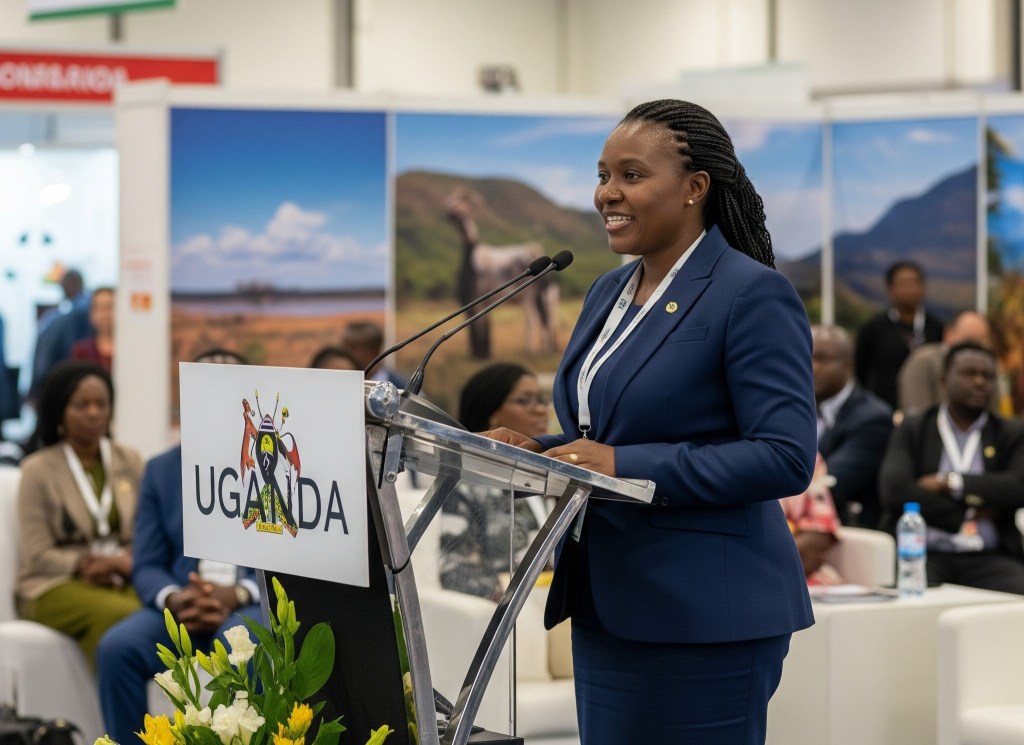
Join the Africa Tourism Expo 2025 in Kampala: A Hub for Sustainable Travel
Africa Tourism Expo 2025 Set to Redefine Sustainable Travel Kampala: Gateway to Gorilla Treks, Nile Adventures, and Community Immersion Event Dates: Thursday 23rd | Friday 24th | Saturday 25th October 2025 Venue: Speke Resort & Convention Centre, Munyonyo – Kampala, Uganda Get ready for an unparalleled exploration of Africa’s diverse tourism landscape! Kampala, the vibrant capital of Uganda, is proud to host the Africa Tourism Expo 2025, a landmark event scheduled for October 23rd-25th, 2025, at the state-of-the-art…
-

Discover Uganda’s Coffee Tours: A Unique Community Experience
Uganda Community Coffee Tourism a Journey into Uganda’s Aroma Uganda, the “Pearl of Africa,” is celebrated for its breathtaking landscapes, diverse wildlife, and rich cultural tapestry. Beyond the iconic gorilla treks and savannah safaris, an equally captivating and deeply immersive experience awaits travelers: community-based tourism, with coffee tours leading the charge. This burgeoning sector offers a unique opportunity to connect with local communities, learn about their traditions, and contribute directly to their well-being. The Heart of Uganda’s Coffee…
-

Explore Uganda’s Unique Cattle Tours for Authentic Experiences
Pastoral Tourism in Uganda the Rhythm of the Herd Beyond its lush forests and diverse wildlife, Uganda holds a deeply rooted cultural heritage centered around its cattle-keeping communities. For centuries, pastoralists have lived in harmonious relationship with their herds, developing unique traditions, wisdom, and an intimate understanding of the land. Now, through community tourism, travelers have an unprecedented opportunity to step into this ancient way of life and experience Uganda’s “Cattle Tours.”
-

Why Uganda Leads in Community-Based Tourism
Join us on this transformative journey. Whether you are a traveler seeking authentic connections, a travel industry professional looking for sustainable partnerships, or an organization passionate about community empowerment, Uganda offers an unparalleled opportunity. Discover the heart of the Pearl of Africa, where every journey contributes to a brighter, more equitable future for its communities.
-

Discovering Uganda: The Pearl of Africa’s Wonders
Tourism in Uganda, famously known as the “Pearl of Africa,” boasts a diverse and vibrant tourism industry driven by its stunning natural beauty, rich biodiversity, and unique cultural heritage offering an incredible array of attractions for every type of traveler.
-

Murahi; Tuli Kunu the Heartbeat of Western Uganda Hikers
Murahi: More Than a Greeting, It’s the Heartbeat of Western Uganda Hikers In the breathtaking landscapes of Western Uganda, a simple Runyankore word has blossomed into something profoundly significant for hiking enthusiasts: “Murahi?” Literally meaning “Where are you?”, this seemingly unassuming question has transcended its dictionary definition to become the very essence of connection, community, and adventure for Western Uganda Hikers Clubs. “Murahi?” is the thread that weaves together every experience. It’s the spark that ignites new adventures,…
-

Community vs. Mainstream Tourism in Uganda: A Comparison
Uganda, the “Pearl of Africa,” is blessed with breathtaking landscapes, diverse wildlife, and a rich cultural tapestry. Tourism, as a result, has emerged as a significant contributor to the nation’s economy, generating foreign exchange, creating jobs, and fostering development. However, not all tourism is created equal. Understanding the nuances between mainstream tourism and community-based tourism is crucial for ensuring that the benefits truly trickle down to Ugandan citizens.
-

Best Community Based Tourism Experiences in Africa
For the discerning world-class traveler, the allure of Africa often conjures images of majestic wildlife and breathtaking landscapes. While Uganda, the “Pearl of Africa,” undoubtedly delivers on these fronts, we invite you to discover a deeper, more profound connection that awaits you here: Community-Based Tourism (CBT).
-

Explore Kitara: Nature, Culture, and Wildlife Awaits
Kitara: Imagine a land straddling the Equator, nestled within the embrace of the Great Rift Valley, a region so captivating that it was once dubbed the “Switzerland of Africa.” This is Kitara, a historical and cultural heartland brimming with breathtaking landscapes, ancient legacies, and vibrant communities.
-

Minimum Standards for Every Visitor to Uganda; Your Guide to Responsible Tourism in Uganda
By adhering to these minimum standards, I commit to being a responsible and respectful traveler, contributing to the preservation of Uganda’s natural beauty and cultural heritage, and ensuring a mutually enriching experience for both myself and my hosts.
-

East Africa in the Global Tourism
Tourism in East Africa is a vibrant and crucial sector for the region’s economies, renowned globally for its diverse natural beauty, abundant wildlife, and rich cultural heritage. It’s a key driver of economic growth, employment, and foreign exchange earnings for countries like Kenya, Tanzania, Uganda, and Rwanda. Here’s a general description
-
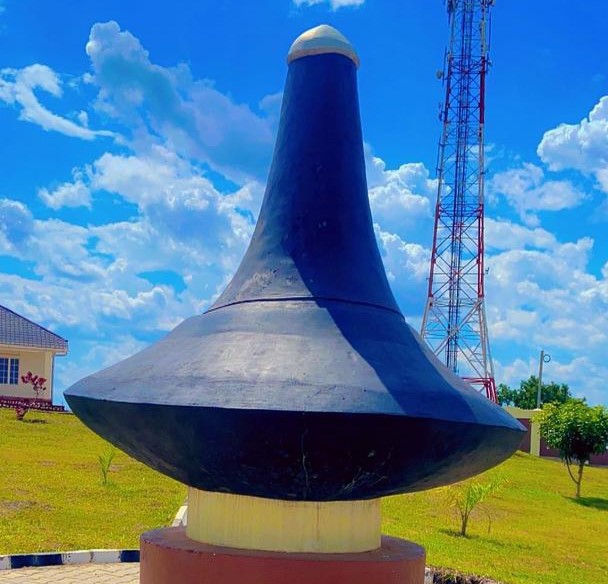
Community Based Tourism (CBT) in East Africa
Community Based Tourism (CBT) in East Africa Community-Based Tourism (CBT) is gaining increasing recognition in East Africa as a means of promoting sustainable development, poverty alleviation, and cultural preservation. Here’s a comparison of current trends, future projections, priority growth factors, and guidance for national tourism bodies: Current Trends in Community-Based Tourism (CBT) While specific arrival numbers for CBT are not consistently disaggregated from overall tourism statistics, the trend across the four East African countries points to a growing…
-
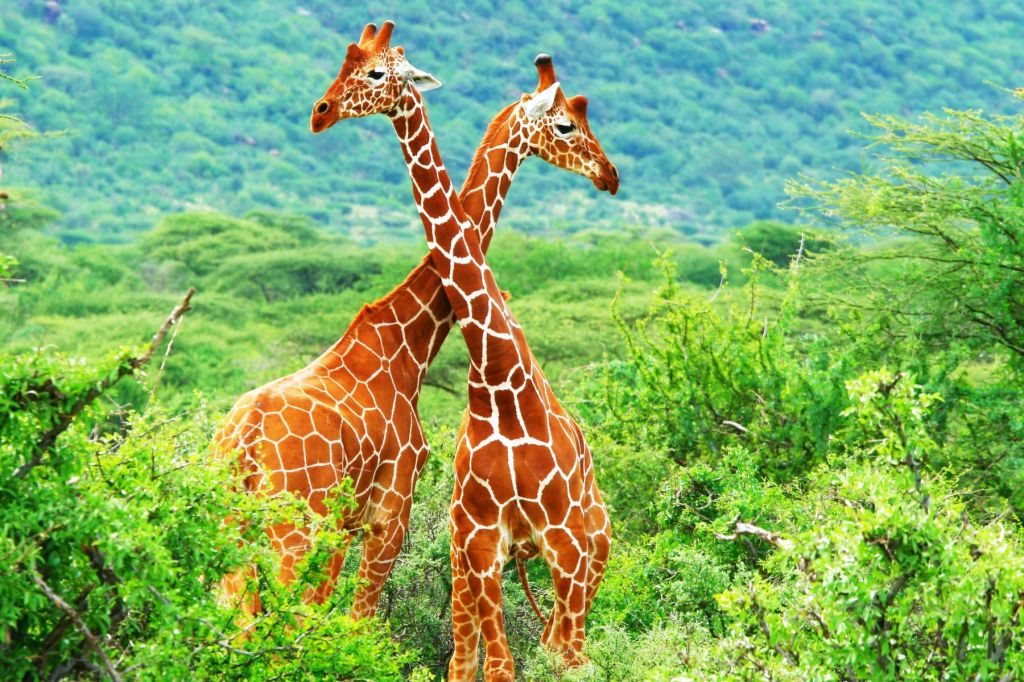
Domestic and Inter-country Tourism in East Africa
Domestic and Inter-country Tourism in East Africa The East African Community (EAC) is increasingly recognizing the potential of domestic and inter-country tourism to build resilience and drive economic growth. Here’s a breakdown: Growth of Domestic Tourism Across the 4 East African Countries While precise, recent disaggregated data for domestic tourism across all four countries can be challenging to obtain, general trends and strategic shifts indicate a significant focus on this segment. The COVID-19 pandemic highlighted the vulnerability of…
-

Nyaika of Tooro
A Legacy of Resilience, Leadership, and Cultural Preservation In the annals of Tooro Kingdom’s rich history, few names resonate with the same enduring power and significance as Rukirabasaija Kasunga Kyebambe Nyaika. He was a king whose reign was marked by profound challenges and remarkable triumphs, leaving behind a legacy that continues to shape the identity and aspirations of the Tooro people. His life offers a treasure trove of lessons in leadership, resilience, and the unwavering preservation of cultural…
-

Victoria Kahinju; Tooro’s Queen Mother a Beacon of Cultural Change
Details about Victoria Kahinju’s exact birth and early growth are scarce, as is common for many historical figures of her time. However, we know she belonged to the esteemed Ababopi clan and was the sister of Togwe Rusoke, who would later serve as a Prime Minister of Tooro. This lineage suggests a background steeped in Tooro traditions and perhaps an early exposure to the intricacies of royal life. What is clear is that her formative years equipped her…
-
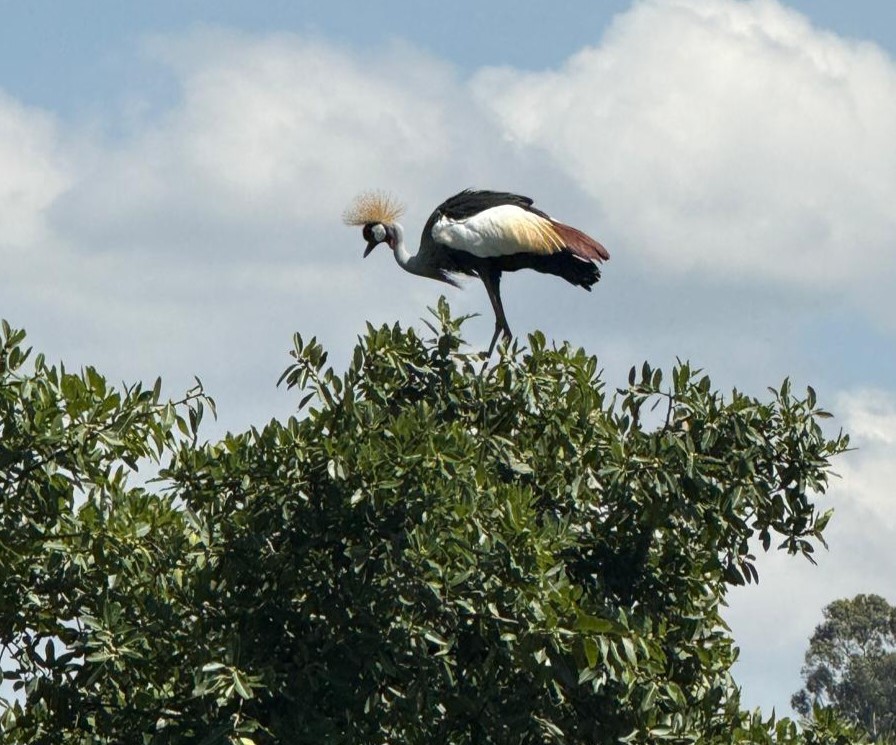
Fruits of Kitara Foundation for Regional Tourism
Fruits of Kitara Foundation for Regional Tourism Nestled in the heart of Uganda, the Kitara region is a land of breathtaking landscapes, rich cultural heritage, and vibrant communities. While its natural beauty and historical significance are undeniable, the true blossoming of its tourism potential has been significantly nurtured by the dedicated efforts of Organizations such as Kitara Foundation. More than just a name, the Kitara Foundation has become a catalyst, cultivating the “fruits” of regional tourism for the…
-
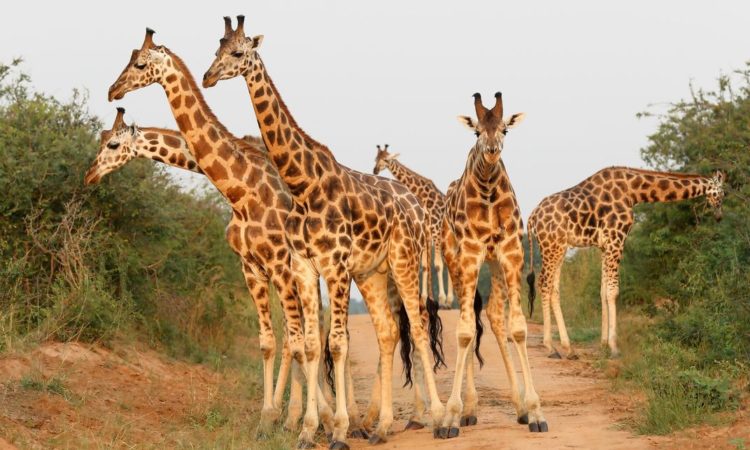
How Tourism Benefits Citizens; A Deep Dive into Mainstream vs Community-Based Tourism Approaches; Unleashing the Pearl’s Potential
Uganda, the “Pearl of Africa,” is blessed with breathtaking landscapes, diverse wildlife, and a rich cultural tapestry. Tourism, as a result, has emerged as a significant contributor to the nation’s economy, generating foreign exchange, creating jobs, and fostering development. However, not all tourism is created equal. Understanding the nuances between mainstream tourism and community-based tourism is crucial for ensuring that the benefits truly trickle down to Ugandan citizens. Tourism: A Catalyst for Progress in Uganda Before delving into…
-

Unveiling World-Class Community-Based Tourism Experiences in Uganda Africa
For the discerning world-class traveler, the allure of Africa often conjures images of majestic wildlife and breathtaking landscapes. While Uganda, the “Pearl of Africa,” undoubtedly delivers on these fronts, we invite you to discover a deeper, more profound connection that awaits you here: Community-Based Tourism (CBT).
-

Raising the Bar; Monitoring, Quality Assurance, and Standardization for Uganda’s Community-Based Tourism
The world of travel has decisively shifted its gaze towards authentic, immersive, and community-driven experiences. Uganda, with its unparalleled cultural diversity and welcoming spirit, is uniquely positioned to be a global leader in Community-Based Tourism (CBT). Travelers are increasingly keen to put their resources into destinations that genuinely benefit local communities. To truly capitalize on this demand, however, Uganda must rise the bar on standards in all aspects of Community-Based Tourism.
-

Lighting Up the Pearl; Branding and Marketing Uganda’s Community-Based Tourism for Global Visibility
Uganda, the “Pearl of Africa,” holds an unparalleled charm. While our iconic gorilla trekking and diverse wildlife are globally recognized, the true heart and soul of our nation lie within our vibrant communities. These communities offer unique, authentic, and deeply meaningful experiences that the world of travel is increasingly seeking. The desire to “give back” and genuinely connect with local cultures is driving a global shift towards community-focused destinations.
-

From Potential to Premier; Building World-Class Community-Based Tourism Destinations in Uganda
Uganda’s tourism landscape is poised for an exciting evolution. Beyond our iconic wildlife and breathtaking landscapes, lies a treasure trove of authentic cultural experiences within our vibrant communities. The global travel industry is increasingly seeking destinations that offer genuine connections and directly benefit local people. This presents a golden opportunity for Uganda to emerge as a master of world-class Community-Based Tourism (CBT) products.
-

The Power of Training and Skills Building in Uganda’s Community-Based Tourism
Uganda, the “Pearl of Africa,” is blessed with unparalleled natural beauty and a rich cultural tapestry. As the world increasingly seeks authentic and sustainable travel experiences, Community-Based Tourism (CBT) stands as a vital pathway to inclusive development, empowering local communities while offering visitors a deeper connection to our nation. However, the true potential of Uganda’s CBT industry can only be fully realized through a concerted focus on skills building, capacity building, and comprehensive training.
-

Discover the Heartbeat of Africa; Experience the People of the Pearl
Discover the Heartbeat of Africa: Experience the People of the Pearl! Ugandans are renowned for their incredible hospitality, infectious joy, and welcoming spirit. It’s a warmth you feel from the moment you arrive, a genuine eagerness to share their lives and traditions. This program goes beyond traditional tourism, inviting you to step into the heart of Ugandan life:
-

Uganda’s Ancient Secret Journey to the Cycad Villages – An Authentic Community Tourism Experience in Uganda
Uganda’s Ancient Secret Journey to the Cycad Villages – An Authentic Community Tourism Experience
-

Community Based Tourism Experiences in Africa; Unveiling Uganda’s Authentic Soul
Community-Based Tourism Experiences in Africa: Unveiling Uganda’s Authentic Soul
-

Unveiling the Majestic Heart; Your Extraordinary Journey into Rwenzori Community Based Tourism
Unveiling the Majestic Heart; Your Extraordinary Journey into Rwenzori Community Based Tourism
-
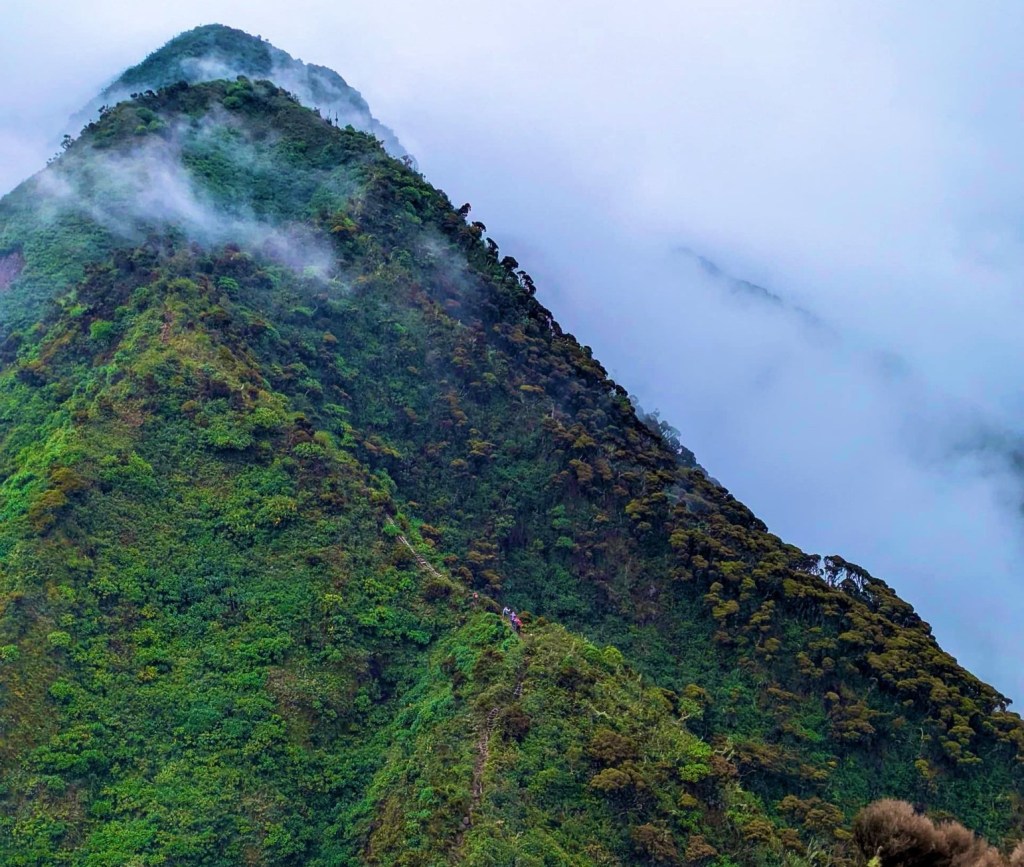
Unveiling the Pearl’s Crown; A Journey into Kigezi’s Community-Based Tourism
Unveiling the Pearl’s Crown; A Journey into Kigezi’s Community-Based Tourism
-

Unveiling the Magic of Fort Portal; A Journey into Community-Based Tourism
Unveiling the Magic of Fort Portal; A Journey into Community-Based Tourism
-
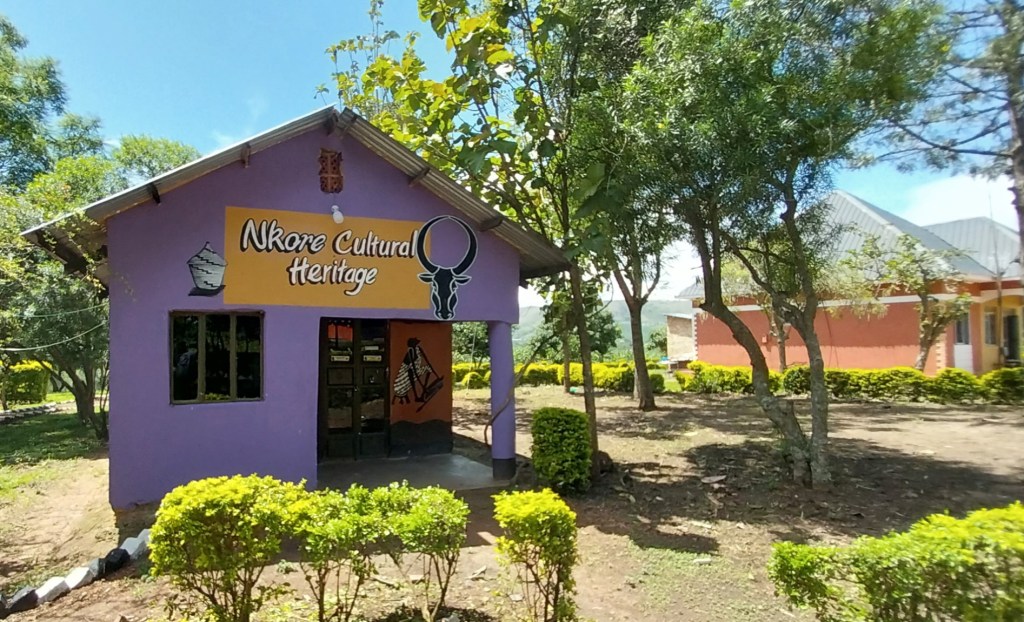
Discover the Heart of Uganda; A Journey into Community-Based Tourism in Ankole
Discover the Heart of Uganda; A Journey into Community-Based Tourism in Ankole
-

Get Ready to Laugh, Gasp, and Conquer; Our Epic Sipi Falls Saga!
Get Ready to Laugh, Gasp, and Conquer: Our Epic Sipi Falls Saga!
-
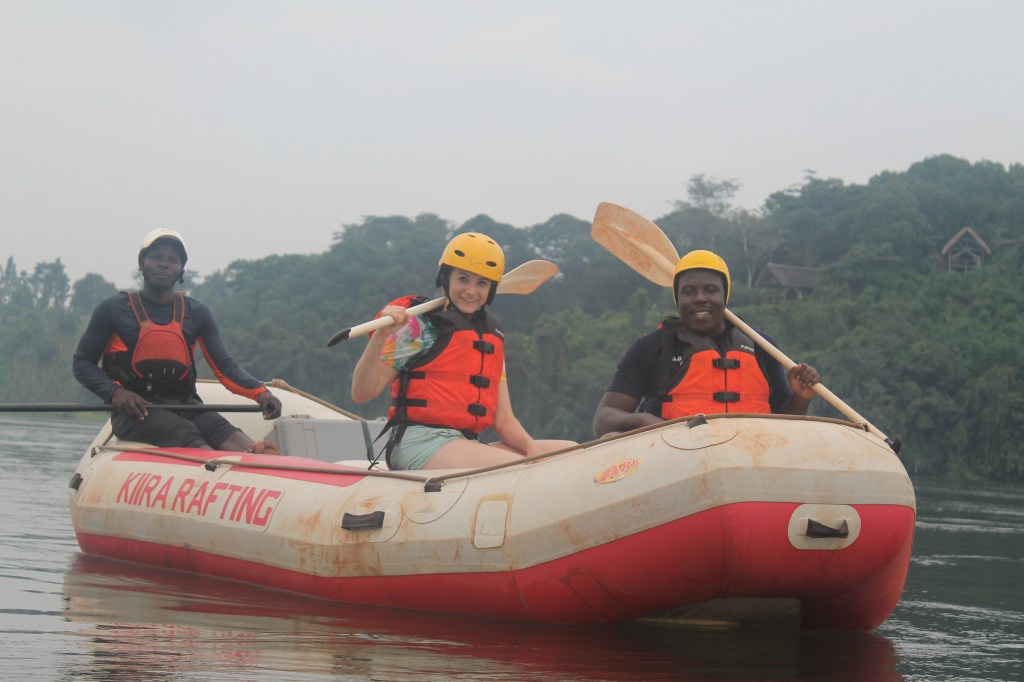
Conquer the Nile: Your Epic, Laughter-Filled Adventure at the Source!
Conquer the Nile: Your Epic, Laughter-Filled Adventure at the Source!
-
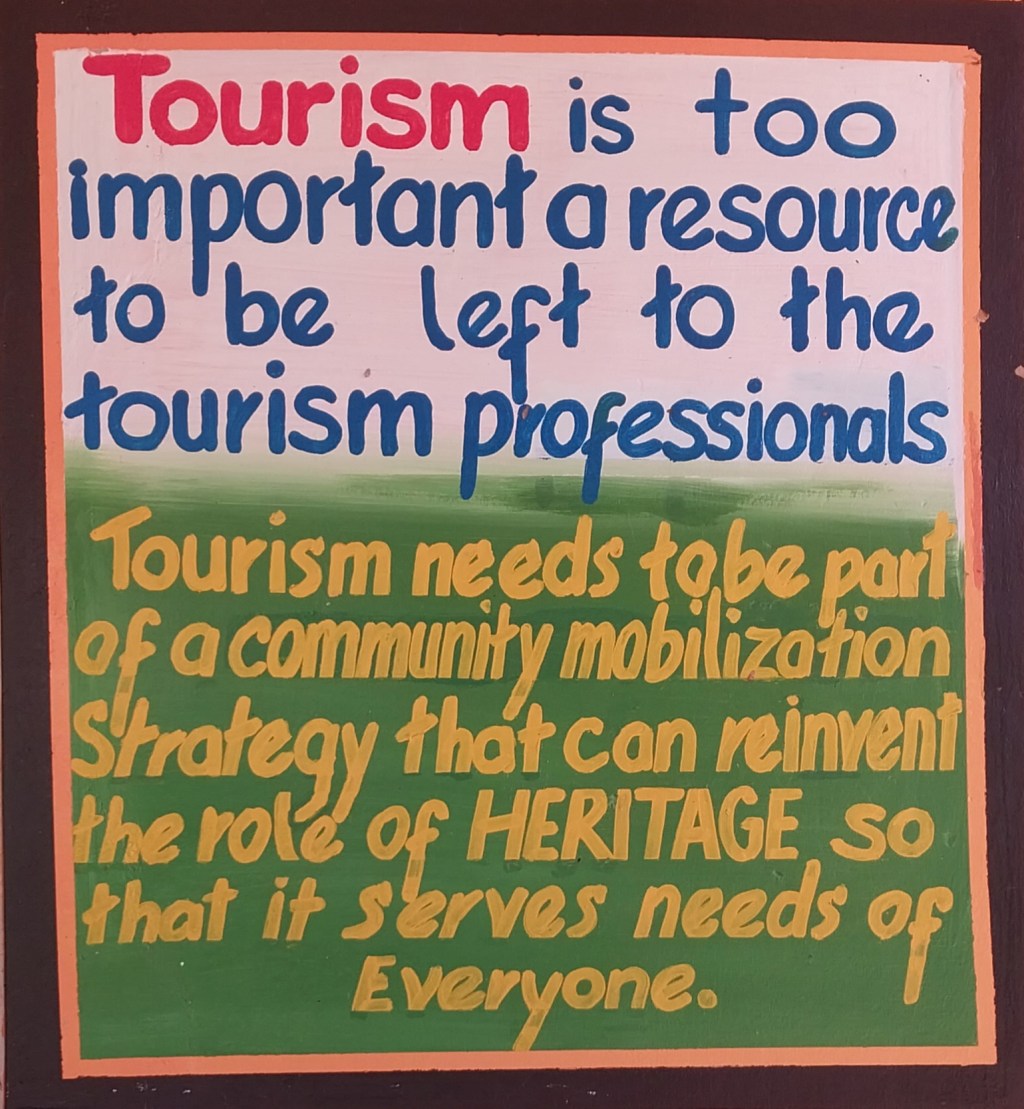
The Perfect Blend of Community Based Tourism and Safari Synergy
The Perfect Blend of Community Based Tourism and Safari Synergy
-
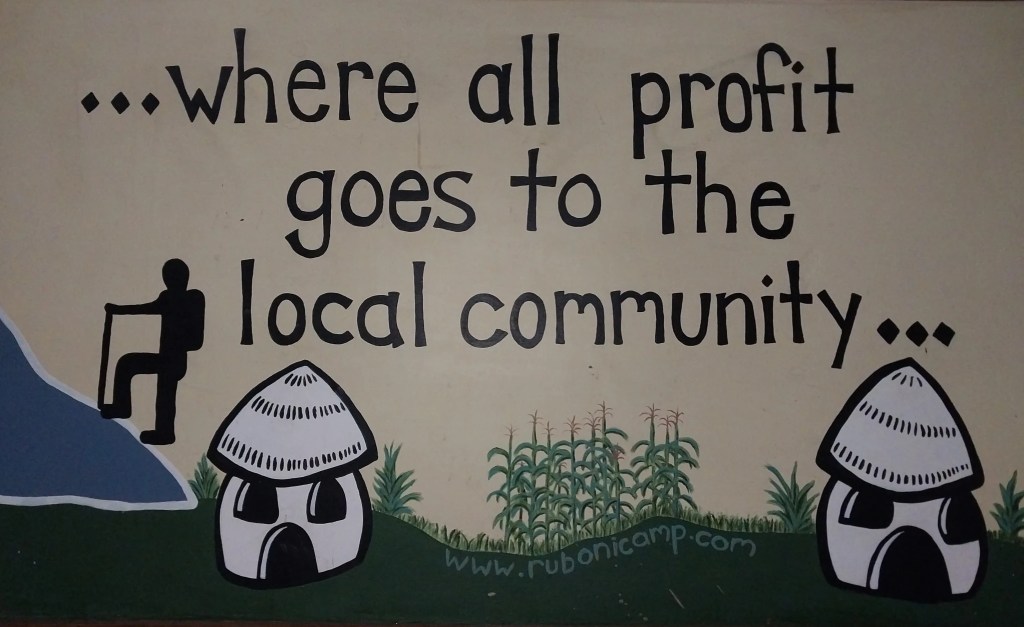
Where to go for Community Based Tourism in Africa
Where to go for Community Based Tourism in Africa and Uganda
-

Kitara Foundation Empowering Community Based Tourism Organizations in Uganda
Kitara Foundation Empowering Community Based Tourism Organizations in Uganda Kitara Foundation is revolutionizing tourism in Uganda by empowering local communities, particularly women and youth, through Community-Based Tourism (CBT). We believe travel should create lasting positive change, not just footprints. This initiative transforms tourism into a powerful tool for economic growth, cultural preservation, and environmental conservation, ensuring that the benefits directly reach the heart of Ugandan communities.
-
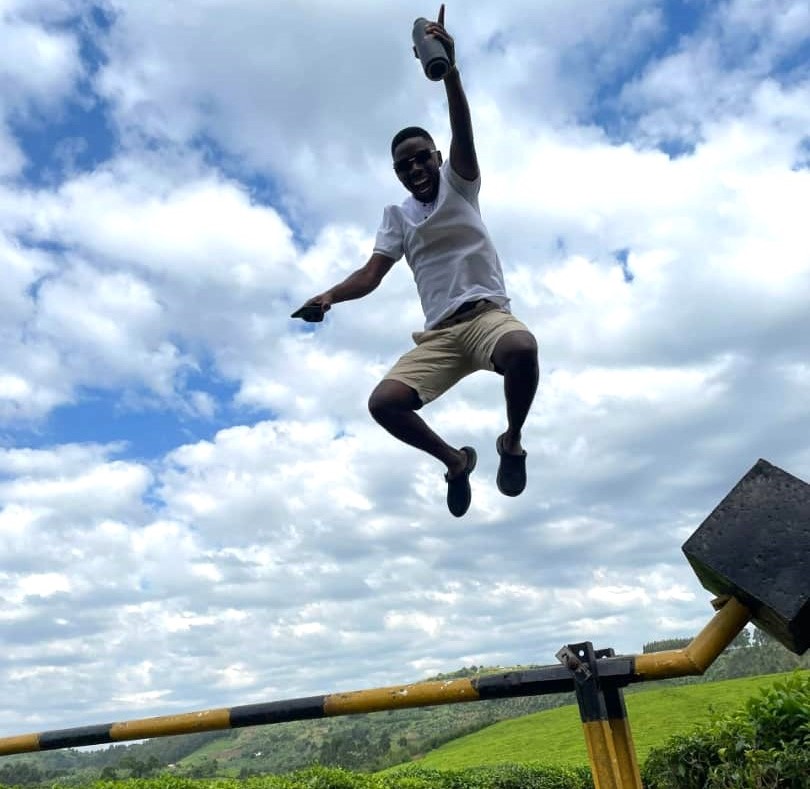
Adventures of Mr Robert the Mixologist in the Crater Lakes of Bunyaruguru
The setting sun cast long shadows over the Ankore landscape as Robert, a legendary figure among the Western Uganda Summit Seekers, adjusted the straps of his well-worn backpack. Around him, members of the Mbarara City Hikers, Ibanda Trekkers, Fort Portal Mountaineering Hikers, Wanderlust Familyt and Kasese Hikers Club buzzed with anticipation, their faces illuminated by the flickering flames of a campfire. This was no ordinary trek; this was another adventure with Robert, and everyone knew it would be…
-
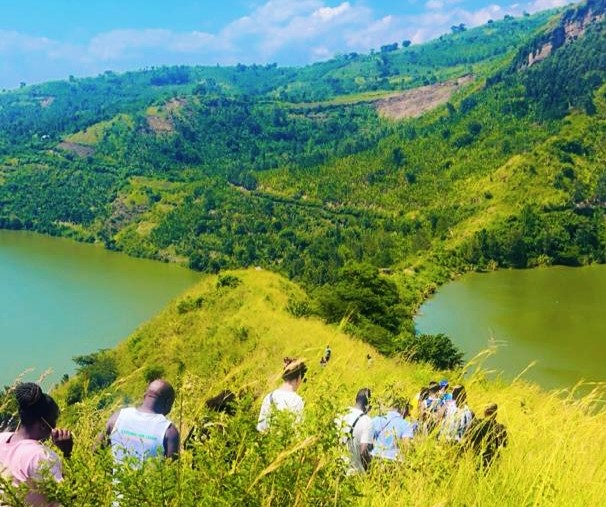
Rubirizi Trip; A Story of Beauty, Adventure, and Unforgettable Connections!
The Western Uganda Summit Seekers, a vibrant alliance of hiking clubs including Mbarara City Hikers Club, Trekkers Club of Ibanda, Kasese Hikers Club, Wanderlust Adventures Group, and Fort Portal Mountaineering Hikers, along with Kitara Foundation for Regional Tourism, recently embarked on an epic two-day journey to explore the natural wonders of Rubirizi District. And oh, what a journey it was! This incredible adventure wasn’t just about conquering trails; it was a testament to Uganda’s booming domestic tourism scene…
-
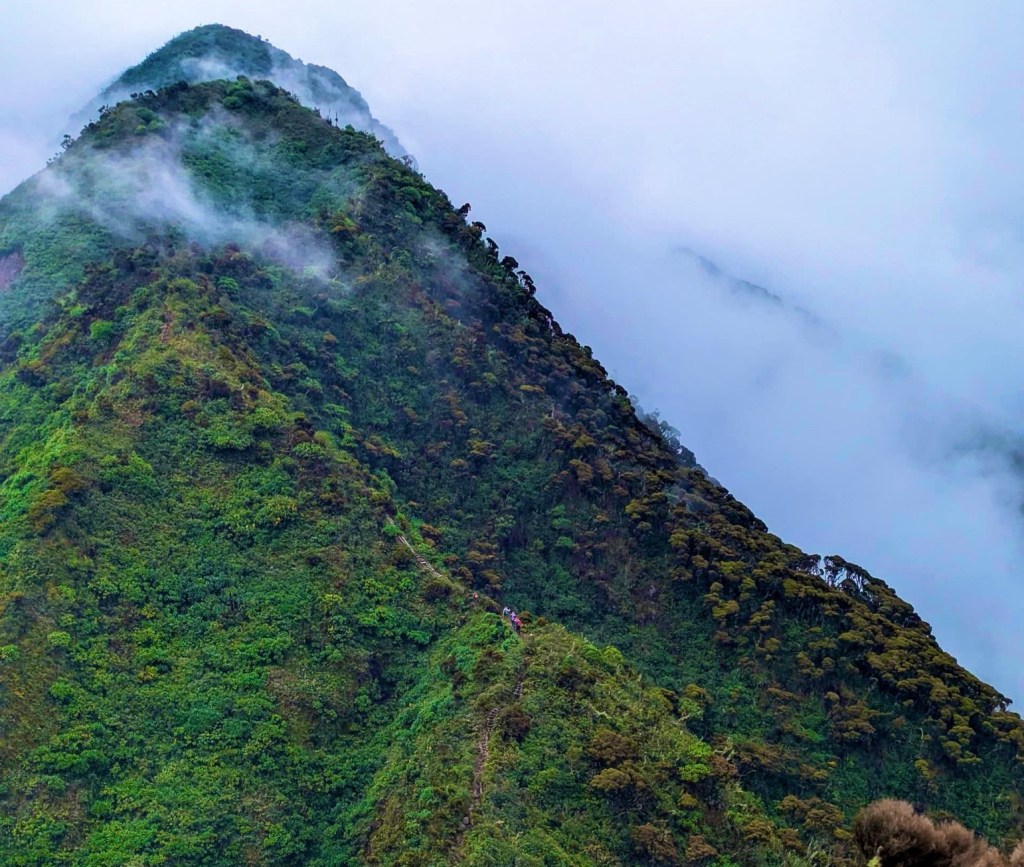
Regional and District Tourism Investor Forums in Uganda
Unleashing Uganda’s Tourism Potential: The Power of Regional and District Tourism Investor Forums – Driven by the Kitara Foundation for Regional Tourism. Uganda, the Pearl of Africa, is brimming with untapped tourism potential. From the majestic Rwenzori Mountains to the sprawling savannahs of Queen Elizabeth National Park, and the vibrant cultural tapestry woven across its districts, the opportunities are immense. Yet, to truly revolutionize this vital industry and unlock its full economic and social benefits, a collaborative, grassroots…
-

Tourism Revolution begins: Unearthing Western Uganda’s Community Based Tourism Gems!
Hold onto your wanderlust, fellow adventurers! What if we told you there’s a new frontier in travel, one where your explorations don’t just leave footprints, but create lasting positive change? This isn’t your average tourist trail; it’s a vibrant, immersive journey into the heart of Uganda, driven by the belief that local communities hold the key to truly transformative experiences. The spark for this incredible expedition ignited in Germany, with a passionate conversation between Danielle Finch, Rogers Nasasira,…
-
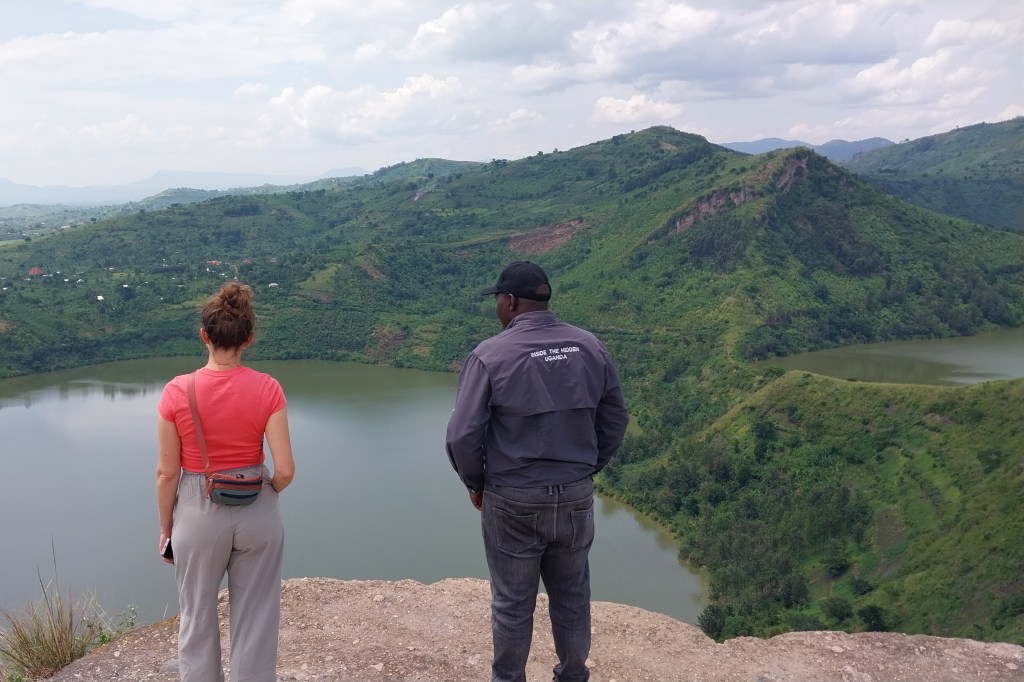
Seeding Hope in Uganda’s Tourism Journey with Equera the Game-Changer
What if we told you there’s a new frontier in travel, one where your explorations don’t just leave footprints, but create lasting positive change? This isn’t your average tourist trail; it’s a vibrant, immersive journey into the heart of Uganda, driven by the belief that local communities hold the key to truly transformative experiences. The spark for this incredible expedition ignited in Germany, with a passionate conversation between Danielle Finch, Rogers Nasasira, and Sabiiti Fenekansi. Danielle, a self-proclaimed…
-

Juliana Kagwa New CEO of Uganda Tourism Board
Kitara Foundation for Regional Tourism extends a warm and enthusiastic welcome to Juliana Kagwa, who officially assumes her role as Chief Executive Officer at UTB
-
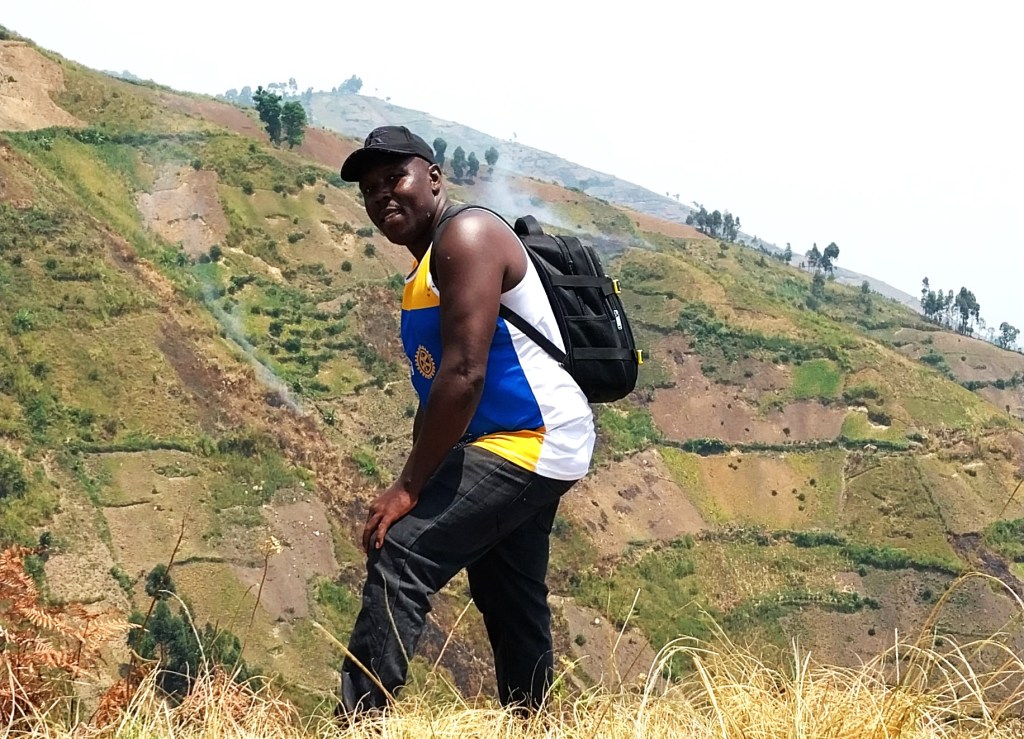
Journey to Karagwe, Northwestern Tanzania; Tracing my Roots
Journey to your ancestral roots. Your Cultural home.
-

Sabiiti Fenekansi Mbiire
From Adversity to Advocacy; Sabiiti Fenekansi’s Enduring Impact on Uganda’s Education, Health and Development
-

Kitara
The spirit of Kitara is expressed in collaborative tourism forging a vibrant tourism future and unlocking the heart of Uganda. Uganda’s crown jewel of tourism where the equator embraces the Switzerland of Africa where the spark of innovation gives the next tourism titans while celebrating the architects of tourism, a celebration of Heritage and harmony, the soul of Africa.
-

Sabiiti Fenekansi; Background and Skill Set in Tourism and Hospitality
Sabiiti Fenekansi is a dedicated advocate for community-led tourism development in Western Uganda, serving as the Founder of the Kitara Foundation for Regional Tourism. This organization embodies his vision of transforming communities through strategic travel partnerships, with a core focus on both nature and cultural tourism. His powerful slogan, “Keep Africa green and keep it black,” serves as a compelling call to action for both nature conservation and the preservation of African cultural heritage. At the heart of…
-

Hiking and Trekking for Pleasure and Health
Follow this link to become a member of Uganda Hiking Club and enjoy affordable and exciting travels and adventures. Whether you are a Ugandan or from any other country on the globe; https://ugandahikingclub.com/apply-for-membership/ Hiking is a long, vigorous walk, usually undertaken for pleasure and exercise, typically on trails or footpaths in the countryside or natural environments. It’s a way to connect with nature and people, challenge oneself physically, and enjoy scenic views. Here are some key aspects of hiking:…
-

Africa Without Borders: For Diversity, Peace, and Transformation
The yearning for a borderless Africa resonates deeply within the hearts of many across the continent. It speaks to a fundamental truth: the arbitrary lines drawn by colonial powers have fractured a shared heritage, dividing communities with intertwined histories, cultures, and identities. Why, indeed, should Africans be separated by these artificial constructs, prevented from freely interacting, trading, and living as the interconnected people we were always meant to be? The very notion of a Ugandan Bantu paying taxes…
-

Preserving our Cultural Heritage, Transforming Tooro Communities
Preserving our Cultural Heritage, Transforming Tooro Communities: A Call to Action on World Day for Cultural Diversity and Dialogue May 21st marks a pivotal moment on the global calendar: World Day for Cultural Diversity and Dialogue. It is a day dedicated to celebrating the richness of human cultures and recognizing the essential role of intercultural dialogue in achieving peace and sustainable development. This year, as the world reflects on the beauty and complexity of its diverse tapestry, the…
-

Tooro Kingdom Spearheads Drive to Restore Fort Portal’s Pristine Glory
Fort Portal City, the proud seat of the ancient and revered Tooro Kingdom, was once celebrated as Uganda’s cleanest urban center. Its well-maintained streets and orderly environment were a source of pride for its residents and a testament to effective urban management. However, in recent years, this reputation has been tarnished by challenges in garbage disposal and overall environmental upkeep. Now, under the resolute leadership of His Majesty Rukirabasaija Omukama Oyo Nyimba Kabamba Iguru Rukidi IV, commonly known…
-
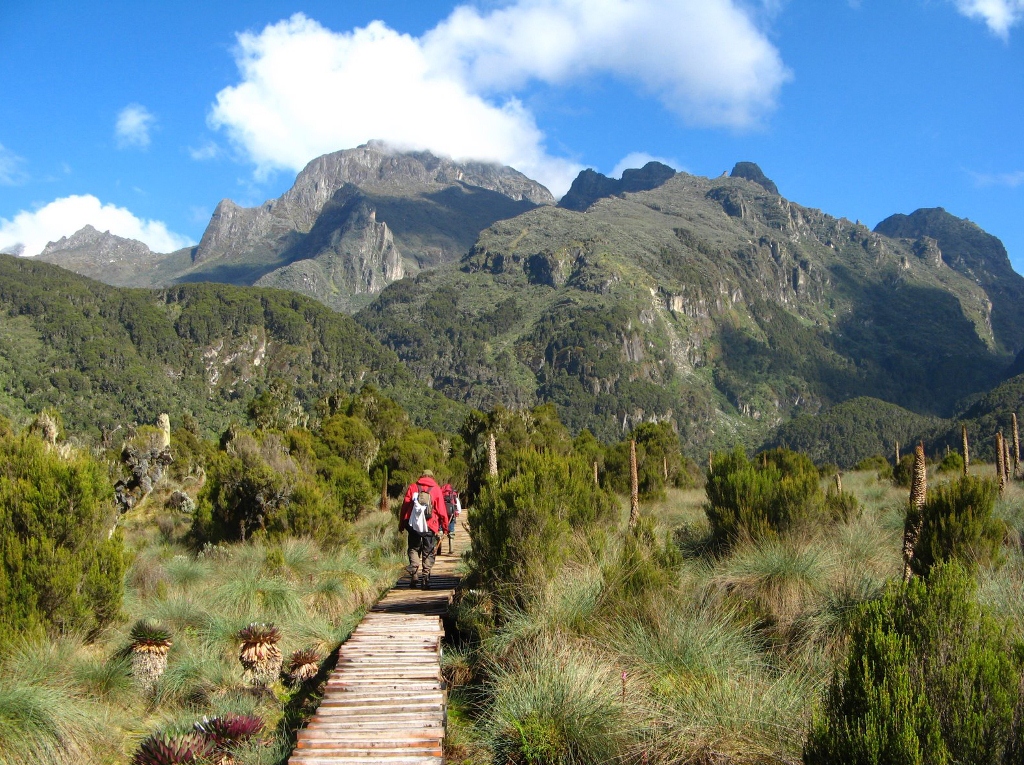
Journey to the Roof of Africa; Hiking the Majestic Mountains of the Moon
Conquer the Mystique, Experience the Thrill of Hiking the Mountains of the Moon Are you ready for an adventure of a lifetime? Look no further than the Rwenzori Mountains, affectionately known as the Mountains of the Moon. Located in western Uganda, this majestic mountain range offers breathtaking scenery, diverse wildlife, and a thrilling hiking experience that will leave you in awe. The name itself conjures images of ethereal beauty and untamed wilderness – the Mountains of the Moon.…
-
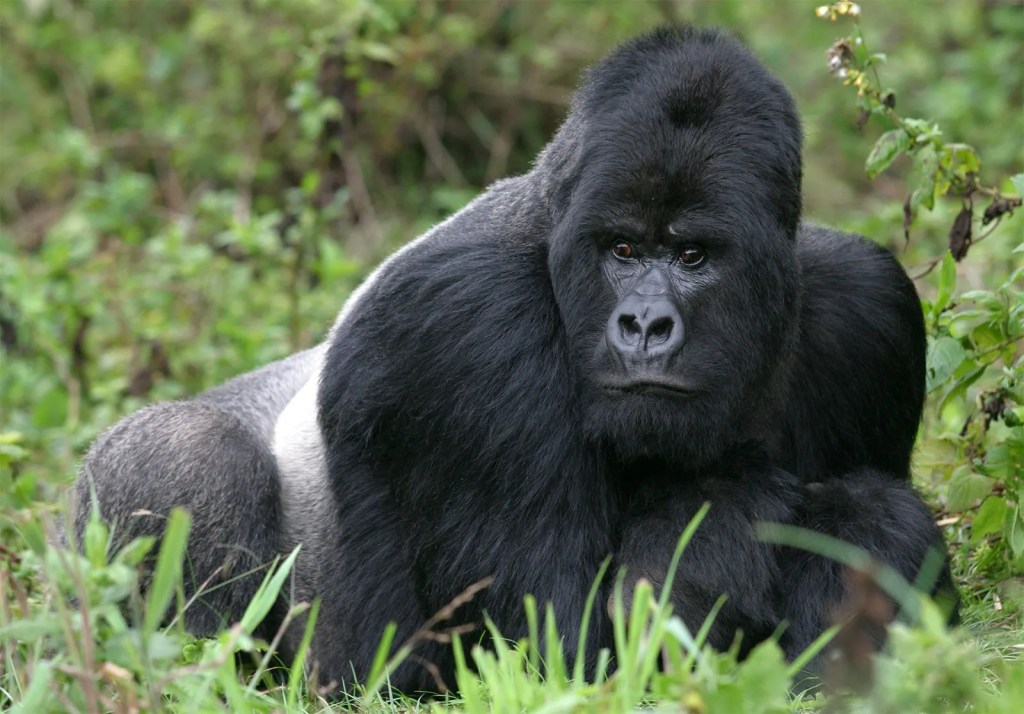
Uganda the Best Destination in Africa
Uganda’s Unparalleled Tourism Destination, A Treasure Trove of Natural and Cultural Attractions Uganda, a country located in the heart of Africa, is a haven for tourists and adventure seekers. No wonder Sir Winston Churchill named Uganda the Pearl of Africa. With its rich cultural heritage, diverse wildlife, and breathtaking natural beauty, Uganda has something to offer for every kind of traveler. In this article, we’ll delve into the top attractions that make Uganda a must-visit destination. Uganda is…
-

Uganda Traditional Architecture at the Centre of Ecotourism and Cultural Tourism.
Collaboration architecture as we know it is likely to disappear and, in the future, the role of architects may be very different to how we recognize it today. Specialists in, for example, environmental science and social anthropology will become active team members in design studios, Ugandan architects struggle with the dilemma of what’s important in the modern era. The Ugandan traditional building is a round grassthatched mud hut in a homestead. Having evolved over centuries, it has responded…
-

Affordable Margherita Peak Summit Rwenzori Mountains
Experience the Ultimate Adventure: Conquer Margherita Peak! Join us for an unforgettable seven days’ journey to the rooftop of the Rwenzori Mountains, Margherita Peak! Discover the Magic of the Mountains Challenge Yourself to Reach New Heights Safety and Support Guaranteed Choose Your Adventure Take your time to acclimatize and enjoy the scenic views. Fewer days, more challenging option for experienced hikers. 10 DAY TREK TO HIGH 4PEAKS (Margherita peak, Mt Speke, Mt Baker, Weismann’s peak) $1,590 hiking fees…
-

Hike Africa
Background: Hike Africa was born from an initiative of hiking enthusiasts from Nigeria (the Uyo City Hikers Club) who took interest to build from their club hiking experience and interest to mobilize other hikers’ clubs with in Nigeria and across other African countries. They were later joined by hikers clubs from Uganda, Ghana, Tanzania and Kenya, united in the ideal of promoting regional tourism. The aim is to mobilise hikers in all Africa countries to come together and…
-

Cultural and Historical Wonders of Western Uganda
Western Uganda is home to a rich cultural heritage and a plethora of historical sites that showcase the region’s fascinating past. Here are some of the historical and cultural wonders of Western Uganda that are significant tourism assets: 1. Historical Wonders of Western Uganda Historical wonders refer to sites, monuments, buildings, or artifacts that are significant to the past and have been preserved or restored for their historical importance. These wonders often provide a tangible connection to the…
-

The Wonders of Nature in Western Uganda
Western Uganda! A region of breathtaking beauty, where the majestic Rwenzori Mountains meet the lush Albertine Rift Valley. Here, the wonders of nature unfold in a kaleidoscope of colors, textures, and sounds. Western Uganda is a nature lover’s paradise, with its incredible diversity of landscapes, flora, and fauna. Whether you’re a hiker, a wildlife enthusiast, or simply someone who appreciates the beauty of nature, Western Uganda has something to offer. Here are descriptions of each of the wonders…
-

Tourism and Sustainable Transformation
Community Transformation through Travel Partnerships, Tourism Revenue Remains in Host Communities, Lasting and Transformational Bonds Between Travelers and Host Communities, Tourism and Sustainable Transformation, Conventional Tourism and Community Tourism for Social Development, Potential for Steering Sustainable Economic Development and Rural Transformation, Rich History in Culture as a Pillar for Sustainable Rural Transformation, Uganda’s Potential for Growth in Tourism, Rural Communities and Big Cities, Tourism for Sustainable Transformation
-
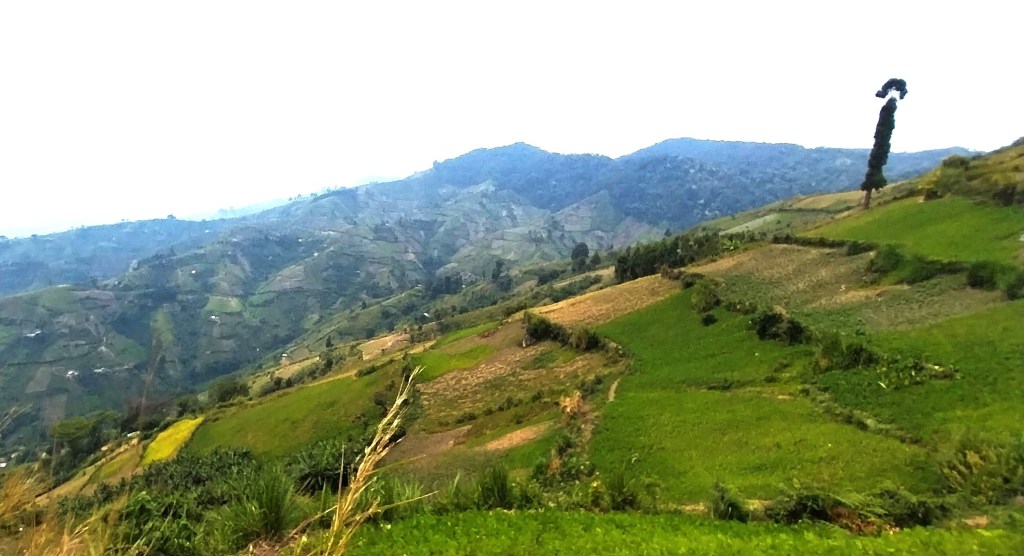
A Birthday to Remember: Conquering Mitooma Waterfalls in the Rwenzori Mountains
The Planned Tourist Celebrates a Unique Birthday on a hike to a Unique Nature Destination in the Rwenzori Mountains. January 11, 2025, was a day I’ll never forget. Instead of celebrating my birthday in the usual way, I decided to take the road less traveled – literally. I embarked on a thrilling hike to the breathtaking Mitooma Waterfalls in the Karangura foothills of the Rwenzori Mountains. My first time to hike far when am alone Taking a solo…
-
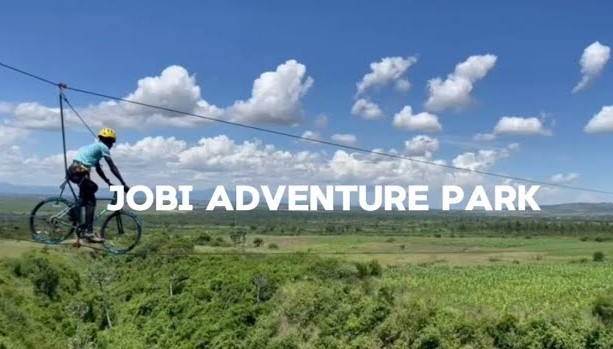
Fascinating Jobi Wild Adventure Park with Kitara Foundation
“Unleash Your Inner Adventurer: Kitara Foundation’s Thrilling Escape to Jobi Wild Adventure Park in Kasese” Are you ready for an adrenaline-packed adventure in the heart of Uganda’s breathtaking natural beauty? Look no further! Kitara Foundation recently embarked on an unforgettable journey to Jobi Wild Adventure Park, nestled in the stunning Kasese District. Located near the majestic Queen Elizabeth National Park, Jobi Wild Adventure Park offers an array of thrilling activities designed to challenge and exhilarate even the most…
-

The Hidden Gems of Western Uganda
Uncharted Uganda: Explore Hidden Gems with Kitara Foundation “Discover the Hidden Uganda with Kitara Foundation’s Unique Travel Options Description: “Discover Uganda’s unseen beauty with Kitara Foundation’s unique travel options. Explore Rwenzori Mountains and the surrounding, and more with expert guides.” Explore the uncharted beauty of Uganda with Kitara Foundation’s carefully curated travel experiences. Venture off the beaten path to uncover the secrets of Western Uganda’s stunning landscapes, vibrant culture, and breathtaking natural wonders. Join us on an unforgettable journey…
-

Uganda Tourism Marketing Team
https://kitararcc.com/portfolio/uganda-tourism-marketing-team/ An Initiative of Kitara Foundation for Regional Tourism The Kitara Foundation for Regional Tourism is proud to introduce the Uganda Tourism Marketing Team, a comprehensive initiative aimed at showcasing Uganda’s rich and diverse natural and cultural heritage to the world. This team will play a vital role in promoting tourism in Uganda, enhancing the country’s global reputation, and contributing to economic growth. Concept: “Discover Uganda: Unveiling the Pearl of Africa” Mission Statement: To showcase Uganda’s diverse and…
-
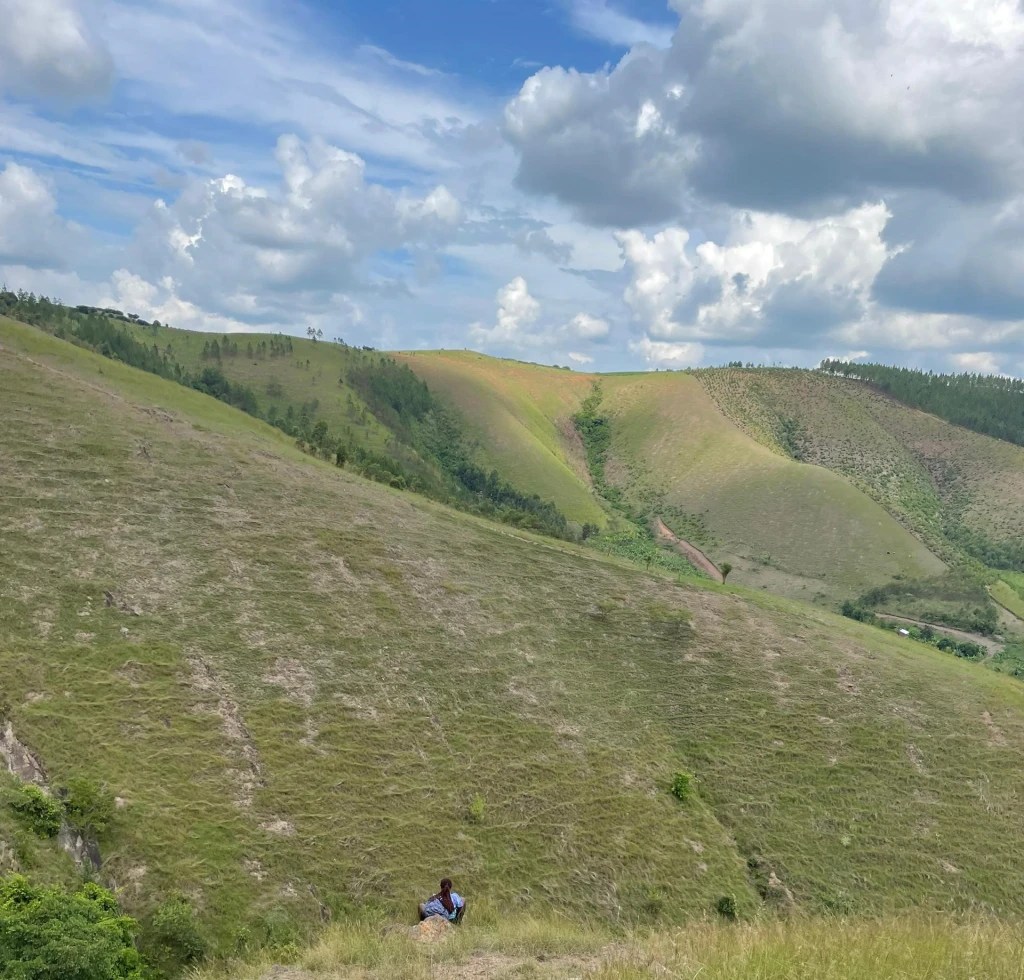
Waiting on UNESCO and UNWTO to Recognize Natural and Cultural sites in Western Uganda
Kitara Foundation for Regional Tourism has invited the esteemed members of UNESCO and UNWTO to come to Western Uganda for recognition of important Natural and Cultural sites for boosting tourism development in the region that will contribute to the economic growth of these rich but hidden communities. “We are writing to bring to your attention the incredible natural and cultural heritage sites in Western Uganda. These sites, though lesser-known, are of immense cultural, historical, and natural significance, and…
-

Tourism Villages by UNWTO Case of Ruboni Village in Uganda
Ruboni village features a hilly landscape with stunning views and lush greenery, abundant rivers, and a diverse array of plant and tree species. The indigenous Bakonzo people primarily rely on agriculture for their livelihoods. Situated at the foothills of the Rwenzori Mountains, the village borders the Rwenzori Mountains National Park. To supplement agricultural income, Ruboni village engages in tourism both within and outside the park. Inside the park, the community is involved in three tourist trails, while outside,…
-
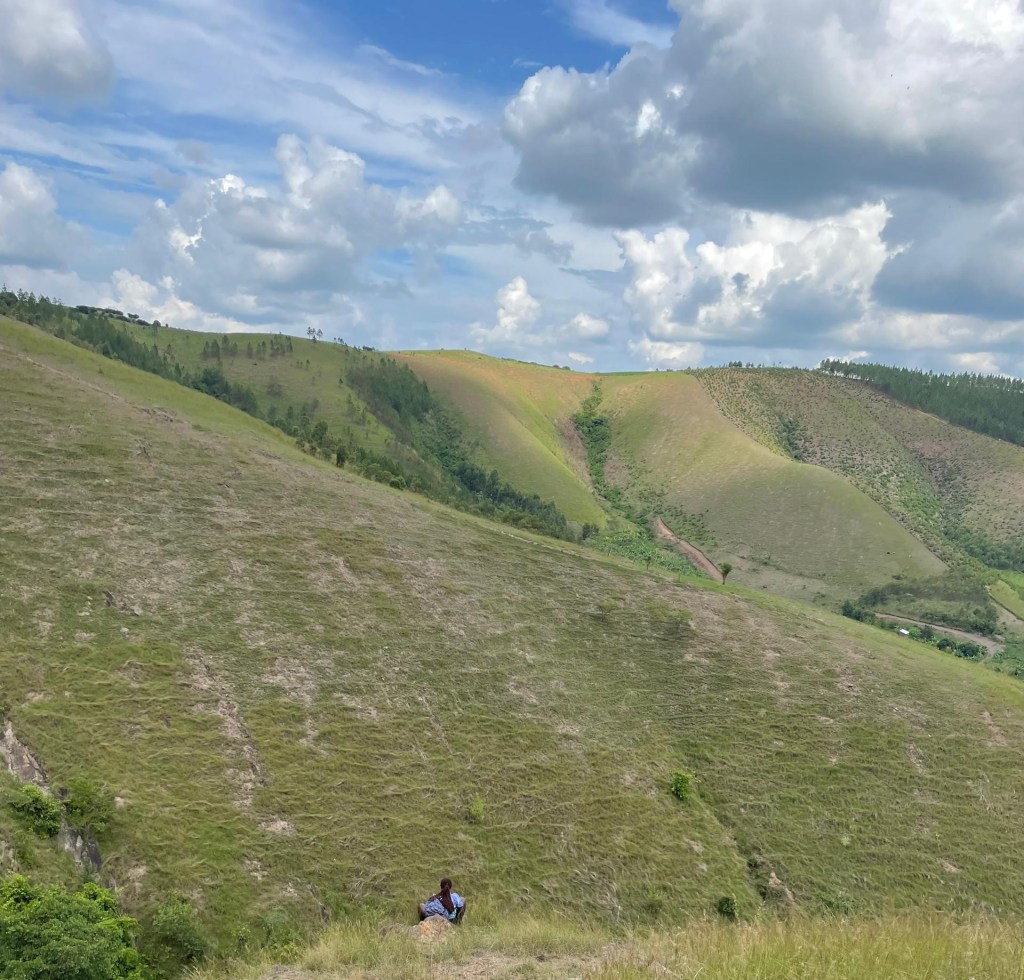
Where to Go in Uganda in 2025 and Beyond
Ideas For Unforgettable, Responsible Travel From the hot springs, waterfalls and crater lakes of Tooro and Rwenzori Region to the Long horned Ankole cows, the majestic caves and pristine cycads of Ankole and Kitagwenda—with some comforts of wild adventure camps, mountain climbing and hydrotherapy massage activities, plus exposure to the most beautiful National parks to trekking with local hiking groups—these trips are designed with positive impacts in mind and on ground. Sustainable, regenerative, conscious, eco, green: These are…
-

Fort Portal Mountaineering Tours!
Are you ready for an unforgettable adventure? Look no further than Uganda Hiking Club and Kitara Foundation’s mountaineering tours in Fort Portal! Follow this link to become a member of Uganda Hiking Club and enjoy affordable and exciting travels and adventures. Whether you are a Ugandan or from any other country on the globe; https://ugandahikingclub.com/apply-for-membership/ As part of our mission to promote local tourism, empower local communities, and conserve nature and culture, we offer a range of exciting hiking…
-

Conquering Karangura Waterfalls: A Rwenzori Adventure
November 30th, 2024, will forever be etched in my memory as the day I embarked on an exhilarating adventure to the majestic Rwenzori Mountains. My destination was the breathtaking Karangura waterfalls, and I was fortunate to have Karangura Eco-Trekkers Camp as my guide and host. Upon arrival at the camp, I was warmly received by Director Mr. Kenneth, who welcomed me with a soothing cup of herbal tea. As we sipped our tea, Kenneth took me on a…
-

Hiking Friends to the Mountains of the Moon: An Adventure of nature, friendship, and determination
November 2024 will forever be etched in my memory as the day I embarked on an exhilarating adventure to the majestic Rwenzori Mountains. Alongside three friends, Meshach, Eunice, and Hannah, we set out on a one-day hike along the Bwamba Pass trail in Karangura sub-county. The morning sun cast a golden glow over the landscape as we began our ascent. The initial hours were a breeze, with our energy levels high and spirits soaring. However, as we climbed…
-

“Beyond Uganda’s National Parks: Uncover Western Uganda’s Hidden Gems with Kitara Foundation”
Kitara Foundation’s unique travel destinations in Western Uganda: Are you tired of the same old safari experience? Look no further! Western Uganda, beyond its stunning national parks, holds a treasure trove of community-managed nature and cultural destinations waiting to be explored. Kitara Foundation for Regional Tourism invites you to discover the authentic charm of this captivating region. Explore the Unseen: 17 Off-the-Beaten-Path Destinations 1. Cycads Village, Mpanga Gorge (Kitagwenda): Wander through ancient cycad forests, immersing yourself in nature’s…
-
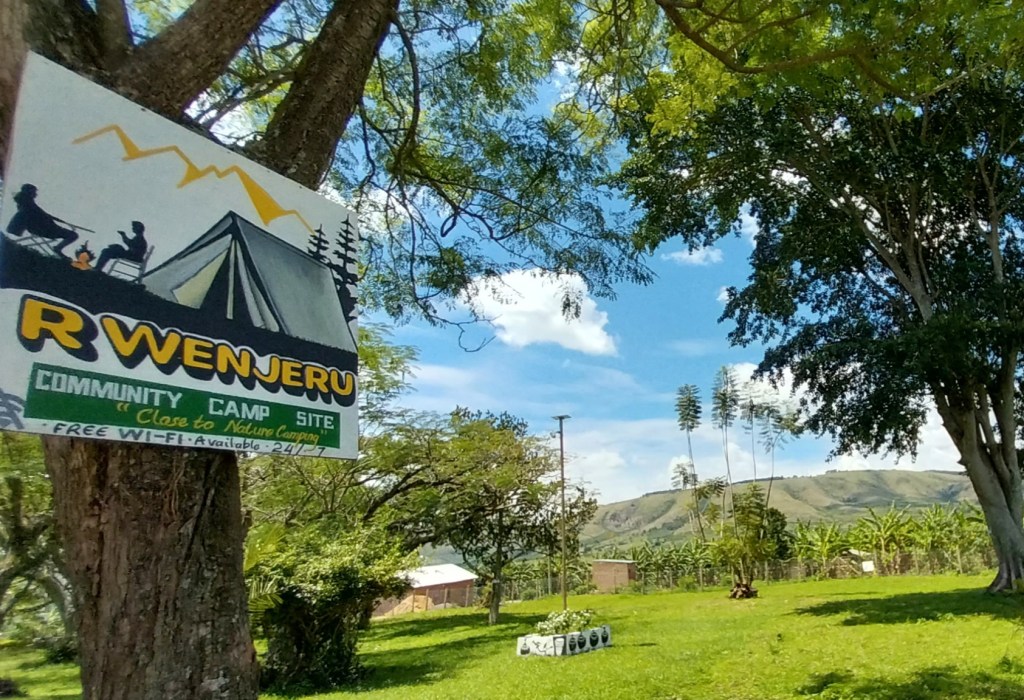
Discover Rwenjeru Community Tourism Camp Site: A Haven of Ankole Culture and Natural Beauty
Tucked away in the rolling hills of Biharwe, Kashari Mbarara, lies Rwenjeru Community Tourism Camp Site, a hidden gem that embodies the rich cultural heritage and breathtaking natural beauty of Ankole. Founded by the visionary Late Mzee Eriya Begumisa, this community-driven initiative has transformed a once-hunting community into a thriving tourism hub, showcasing the best of Uganda’s rural charm. Preserving Ankole’s Cultural Soul Rwenjeru Community Tourism Camp Site is dedicated to preserving the traditional practices and customs of…
-
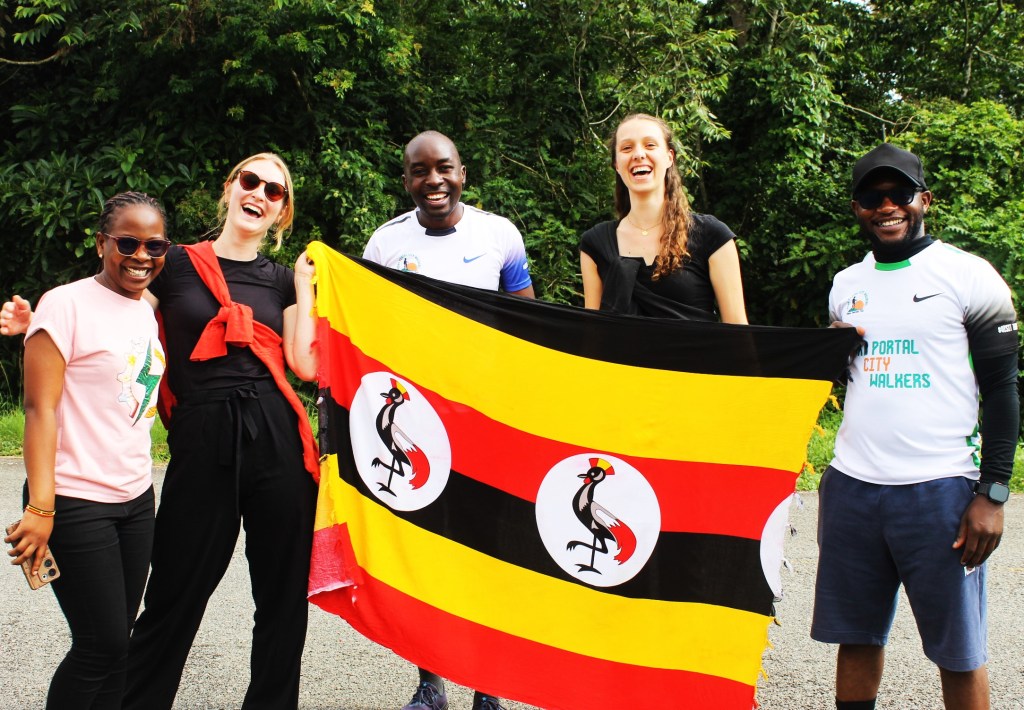
Conquering Migano: Fort Portal City Walkers’ Unforgettable Adventure
The Fort Portal City Walkers, a vibrant group of adventure-seekers, embarked on an exhilarating journey to Migano Adventure Camp, nestled adjacent to the heart of Uganda’s breathtaking Kibale National Park. This thrilling escapade promised to push boundaries, test limits, and forge unbreakable bonds. Trip Preparation and morale gathering: A day and night before the trip was time to gather energies and motivation for the trip; a lot of messaging with encouragement was made. A participant wrote this to…
-

The Enchanting Trip to Ruboni Tourism Village in the Rwenzori
A Culture and Adventure Expedition to Ruboni Tourism Community with Kasese Hikers Club We were led by Kasese Hikers Club and we were joined by hikers from Mbarara City Hikers Club, Ibanda Trekkers Club, Fort Portal City Walkers and Rubirizi Hikers Club. We visited Ruboni tourism village with a complete immersion into the wonders of Rwenzori Mountains. Our hosts of Kasese Hikers Club led us to Ruboni Tourism Community where we spend two days and two nights of…
-
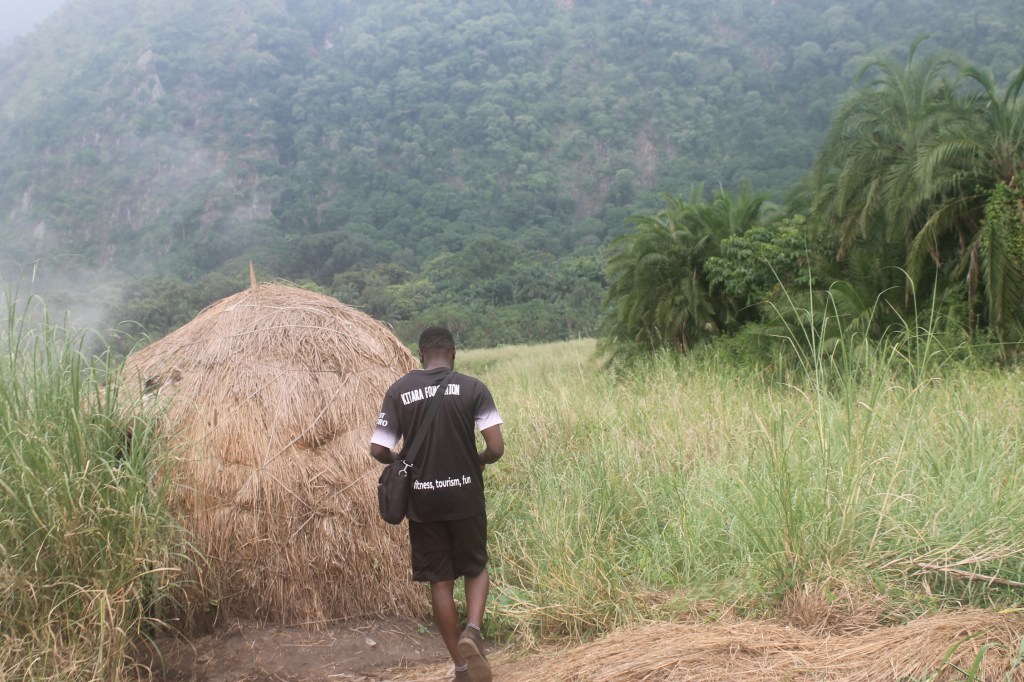
Cultural Festivals as a Catalyst for Peace in the Region
Most times we have had little chances for different cultures to come together for peaceful interactions and development, prominently seen are tribal wars and fights. When tribes gather, breaking bread together, dancing together, and celebrating their cultural heritage it will be the beginning of another journey into the development of the region. Having more Cultural interactions than cultural conflicts can be a beacon of peace, fostering unity among the many diverse tribes that reside around the continent. The Bantu…
-
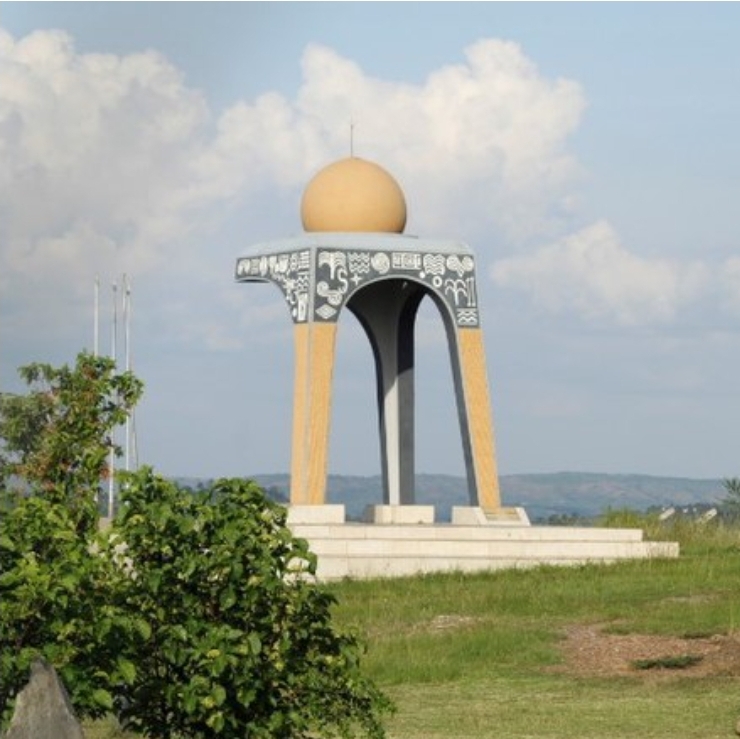
Biharwe Cultural Village
WELCOME TO BIHARWE CULTURAL HILL, THE ECLIPSE MONUMENT WITH THREE PILLARS OF HISTORY: The hike to Biharwe Hill brings a fresh history of what happened between three distinctive cultural institutions of Bunyoro Kitara Kingdom, Nkole Kingdom and Buganda Kingdom in the year 1520AD (over one million years ago). Therefore, this hike is considered a cultural hike of a historical bonding. The History Of Biharwe EclipseThe history of Biharwe Eclipse monument dates way back to 1520AD and is the…
-

Tusker Lite Rwenzori Marathon a Signature of Peace and Development in the Region
Shared by Kameli Zephaniia Bwambale of Musingika Tourism Company Limited and a member of Kasese District Tourism Investors Forum https://musingikatourism.com/ The World Gathered again in Kasese for a genuine cause as Kasese City Shine before the world. With more than 3,600 participants from 33 countries, the marathon highlighted Kasese as a beacon of peace and a model for sustainable tourism as participants ran in a clean and pollution free town of Western Uganda. The event, more than just a race,…
-

Hiking Clubs Influencing the Tourism Space in Western Uganda
Follow this link to become a member of Uganda Hiking Club and enjoy affordable and exciting travels and adventures. Whether you are a Ugandan or from any other country on the globe; https://ugandahikingclub.com/apply-for-membership/ Hiking Clubs is a new trend in promotion of local or domestic tourism that has saturated over Western Uganda as well as in other regions of the country. Hiking clubs work closely with other Tourism Networks and Associations in Western Uganda to maximize the impact of…
-
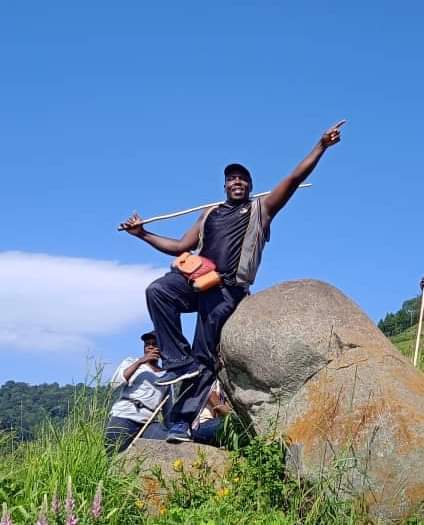
How Hiking Changed My Life
By Sabiiti Mwine Mbiire-The Planned Tourist If you had told me years ago that I’d trade my predictable routine for hiking trails, I would have laughed. Back then, my world was confined to a predictable rhythm of work and social commitments. I admired nature from a distance—a car window, or a far-off mountain view—but I never truly immersed myself in it. All of that shifted when I stumbled upon the Fort Portal City Walkers. That chance encounter sparked…
-

Space for Tourism and Hospitality Development on sale at Kibale Forest National Park.
Price at 130000$ negotiable. In need, contact us at +256772888149 or +256752888149 Seated on one acre of land at Kibale National Park the home of Chimpanzee. With two wooden cottages, a restaurant and a bar, with space for expansion. Each cottage takes two beds of six by six size One kilometer off Kamwenge-Fort portal Tamac Road 30 minutes walking distance to enter kibale national Park the home of primates Business in and around Kibale National Park.Since the introduction…
-

12 Benefits of camping on an adventure
Why is camping good for you? The health benefits of camping are plentiful for both adults and young people. When you’re spending time at home in your usual routine, you may not realize just how much you’re missing away from nature. THE BENEFITS OF CAMPINGCamping has a great number of benefits for everyone, old and young, that you and your loved ones can enjoy while spending time in the great outdoors: 5. GET BETTER SLEEP QUALITY WHEN CAMPINGWhen…
-
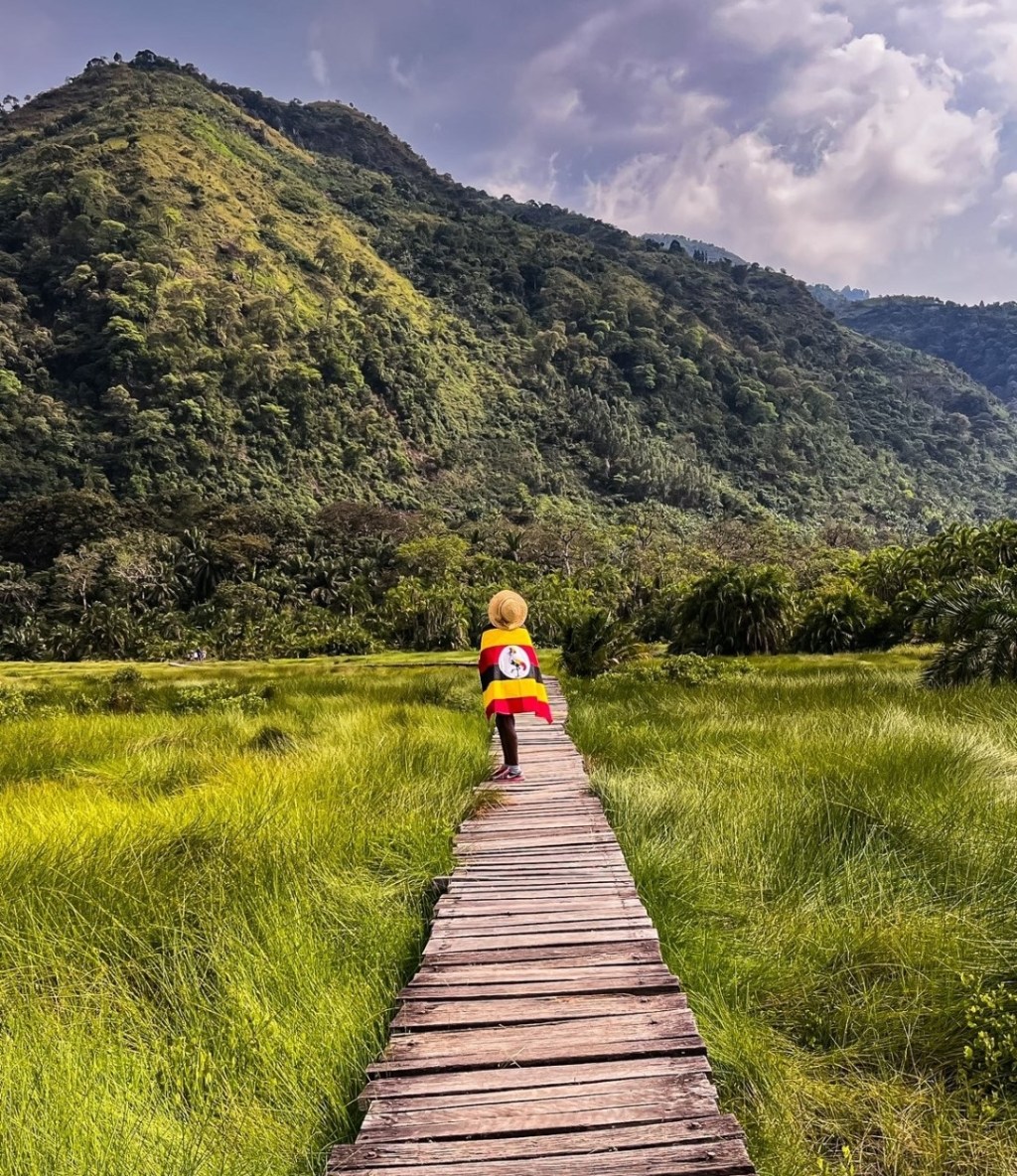
A Cultural and Nature Adventure trip to the Magical Hot Springs and Waterfalls of Bundibugyo
The month of July 2024 was an exciting adventure by Kasese Hikers Club and Fort Portal City Walkers to the wonders of Bundibugyo on the other side of Rwenzori Mountains. Kasese Hikers Club and Fort Portal City walkers are both local tourism groups that were born out of the initiative of some enthusiastic and patriotic young travellers in the region with a particular passion for the development of the Uganda’s greatest tourism region of Rwenzori. United in the…
-

The Pearl of Africa in the Pearl of Africa
The Pearl of Africa Hotel is a hotel in Kampala, the capital and largest city of Uganda. The building whose construction started in 2006, was completed in June 2017, and was opened on 1 October 2017 The hotel is located in Central Kampala on Nakasero Hill. The building stands on a 14 acres (5.7 ha) site that was previously occupied by the state’s television stations. The elevation of the site is approximately 1,240 metres (4,070 ft) above sea level, making it one…
-

World Tourism Week 2025 Travels to the Hidden Uganda
World Tourism Day 27 September: Theme: “Tourism and Transformation“ Introduction: Every time we travel, for whatever reason, we are part of a global movement; a movement that has the power to drive inclusive development, create jobs and build the sustainable societies we want for our future; a movement that builds mutual understanding and can help us safeguard our shared natural and cultural heritage; a movement that can promote, foster peace and end violence in the world, can bring…
-

Empaako Village, a Cultural Heritage site in Fort Portal
Gweri Valley, an ancient hunting ground in south western Uganda ,is currently wearing a hat of transformation for the Batooro who are believed to have originated from the Batembuzi and the Bagabu, the said pioneer inhabitants and rulers of the earth. Some other traditions assert that the Batooro are related to the Bachwezi and the Babito line. What can best be said is that the Batooro being Bantu originated from the Congo region where the other Bantu groups…
-
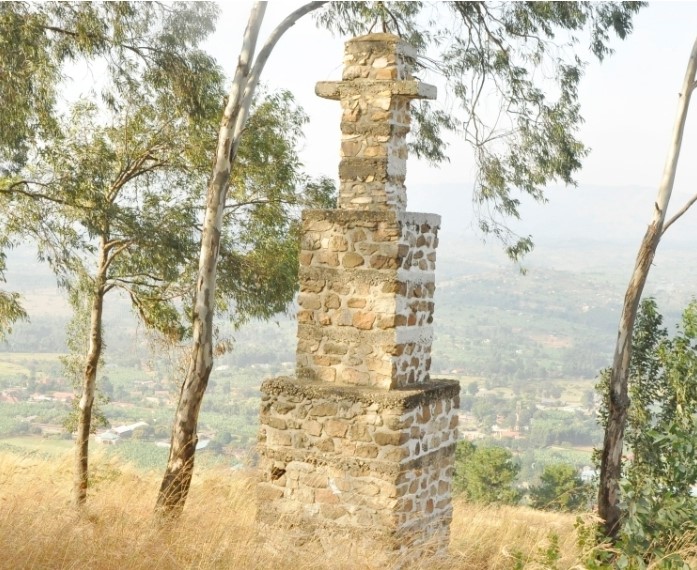
Uganda’s Unsung ‘Martyr’, whose Virginity cost her life; Magdalena Kikwangire of Kagongo Ibanda
Magdalena Kikwangire, affectionately known as “Mangada,” was a devout Christian who embodied the principles of faith, hope, and charity in her daily life. Her unwavering dedication to God was evident throughout her 33 years on earth. The late Bishop Emeritus John Baptist Kakubi, Bishop of Mbarara, described her as a true Christian who relinquished earthly possessions out of love for God. This story was first published by Torch Media Africa – https://tmafrica.co.ug/news/tale-magdalena-kikwangire-ibandas-unsung-martyr-whose-virginity-cost-her-life sheds light on the story of this…
-
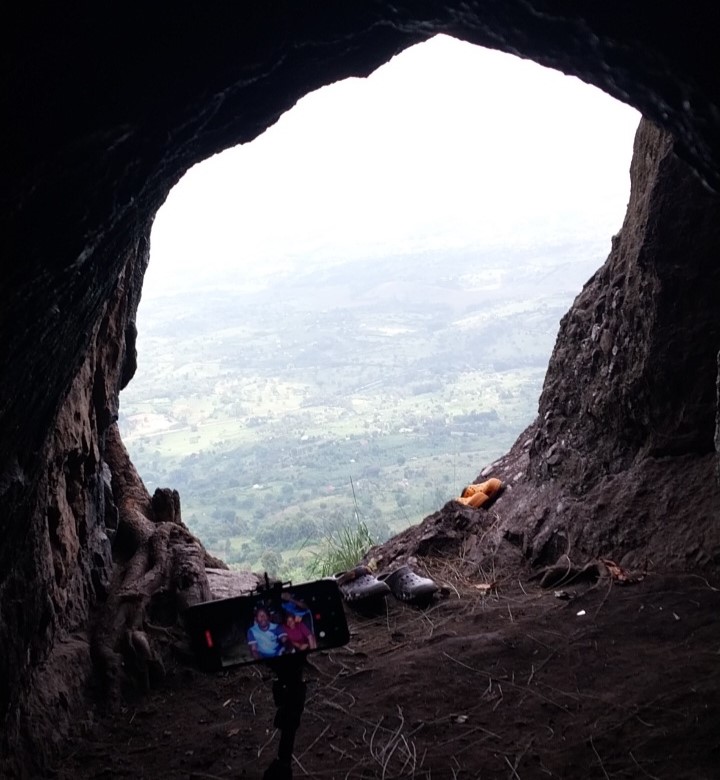
The Nyakahondogoro Holy Prophetic House of Prayer of all Nations
With the Trekkers Club of Ibanda. Unlike our fathers who were raised in Africa during the 1960s, when the community never asked you to chose between your Christian or Islamic faith and your collective African identity. Today that is not the case due to more exclusive-minded types of Christianity and Islam that see patronizing indigenous African beliefs and practices as violating the integrity of their Christian or Muslim principles, but I believe that we can maintain our religious…
-
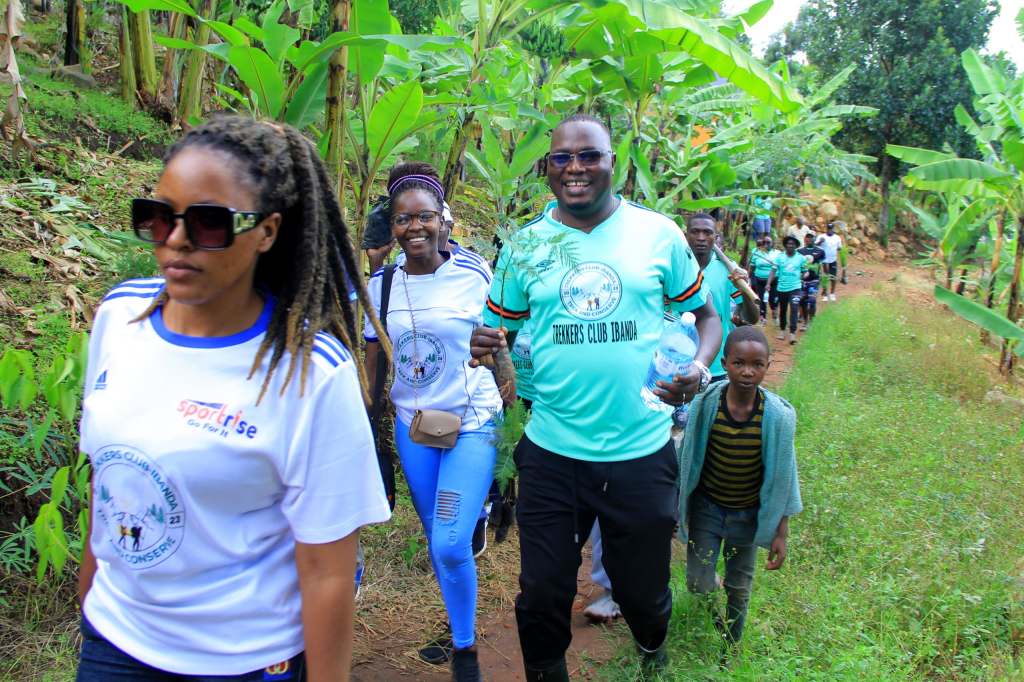
Mukazi Anyaara Conservation Project by Ibanda Trekkers Club in Partnership with National Water and Sewerage Corporation (NWSC)
A hike to Mukazi Anyaara Waterfalls Ibanda Trekkers Club-a club of Tourism and Conservation Enthusiasts has been spearheading tourism and conservation developments in Ibanda and neighboring districts for years now. A local tourism team comprised of especially service and business people and a number of students in various institutions have been very passionate about eco-tourism and climate change. Members have the opportunity to support Natural and rainforest conservation, climate change actions, environmental education, sustainable livelihoods, Nature conservation, organic…
-
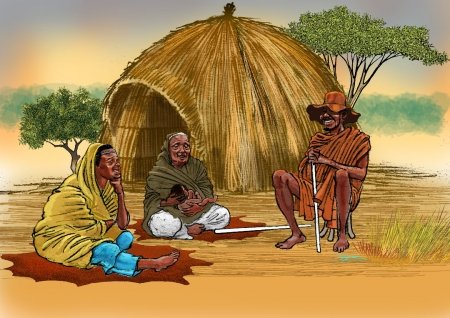
Kitara Cultural Tours, Cultural Village and Cultural Festivals
The Kitara Cultural tours, cultural villages and cultural festivals is a Cultural Tourism Signature in Uganda, with the theme. “Appreciating who we are; celebrating Cultural Diversity” An Immersive Eco-Tourism Experience Kitara Cultural Village will offer visitors a unique opportunity to immerse themselves in Kitara’s rich tapestry of cultures and traditions. The cultural villages provide a carefully curated day-long itinerary that engages and exposes tourists to a wide array of cultural experiences, including traditional dances, music, drama, and traditional games. Traditional…
-
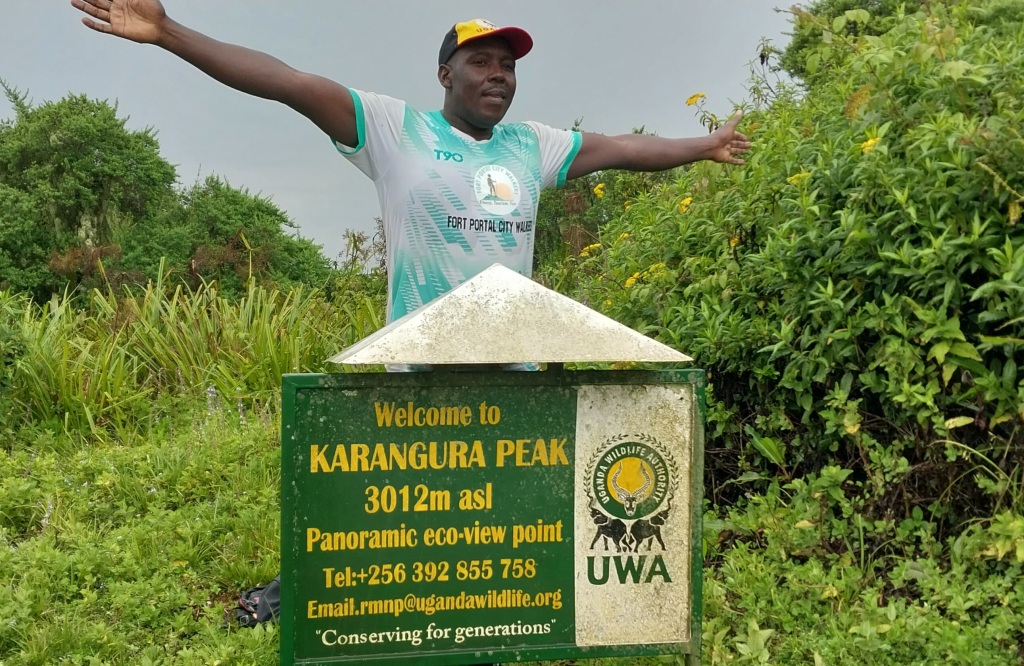
Hiking to Karangura Peak Rwenzori with Kitara Foundation
Join us for a Unique Adventure: Hike to Karangura Peak! Calling all adventure-seekers and fitness enthusiasts! We’re excited to invite you to join us on a thrilling hike to Karangura Peak, standing tall at 3012m ASL. This challenging trek is a test of fitness, but the breathtaking views and sense of accomplishment will make it an unforgettable experiences. Details: What to Expect: Who Can Join: What to Bring: How to Join: If you’re interested in joining us on…
-
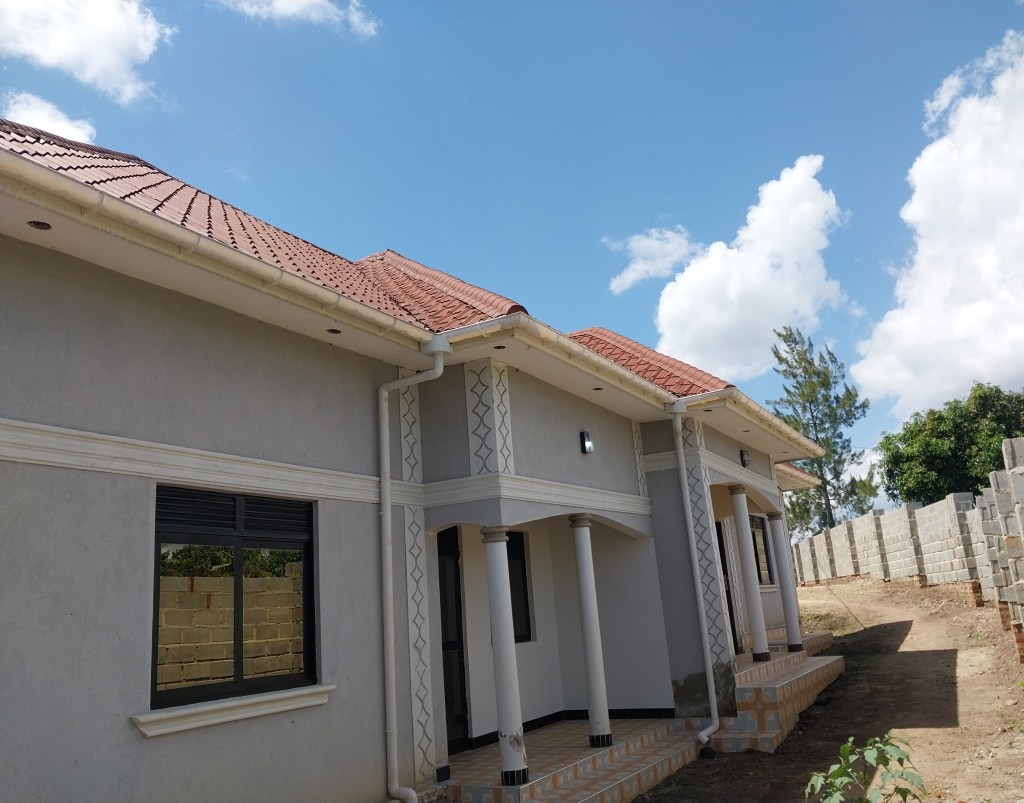
Fort Portal Home for Travelers and Volunteers from Abroad
Community Transformation through Travel Partnerships, Tourism Revenue Remains in Host Communities, Lasting and Transformational Bonds Between Travelers and Host Communities, Tourism and Sustainable Transformation, Conventional Tourism and Community Tourism for Social Development, Potential for Steering Sustainable Economic Development and Rural Transformation, Rich History in Culture as a Pillar for Sustainable Rural Transformation, Uganda’s Potential for Growth in Tourism, Rural Communities and Big Cities, Tourism for Sustainable Transformation
-
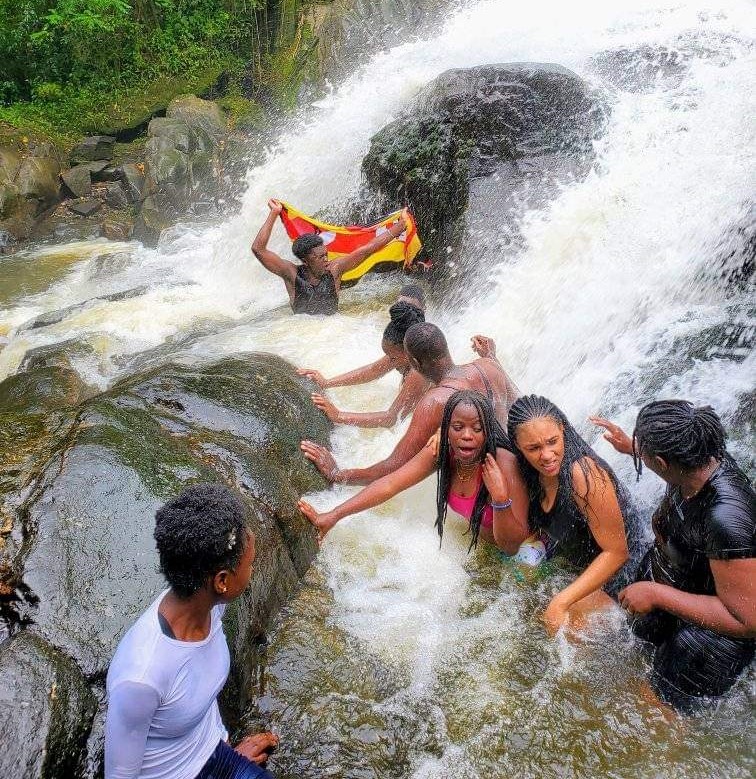
Women in Tourism
Key Issues of Gender Equality in Tourism Lesson 1: Discrimination against women Key Lessons Sophia wants to be a successful career woman and a good mother. Could her husband help around the house? “She gets paid less than Paul” for doing the same job. How is that fair? Mia loves showing tourists her country but not when they’re rude or behave badly. She has to earn money to support her family, whatever happens at work. But one day…
-
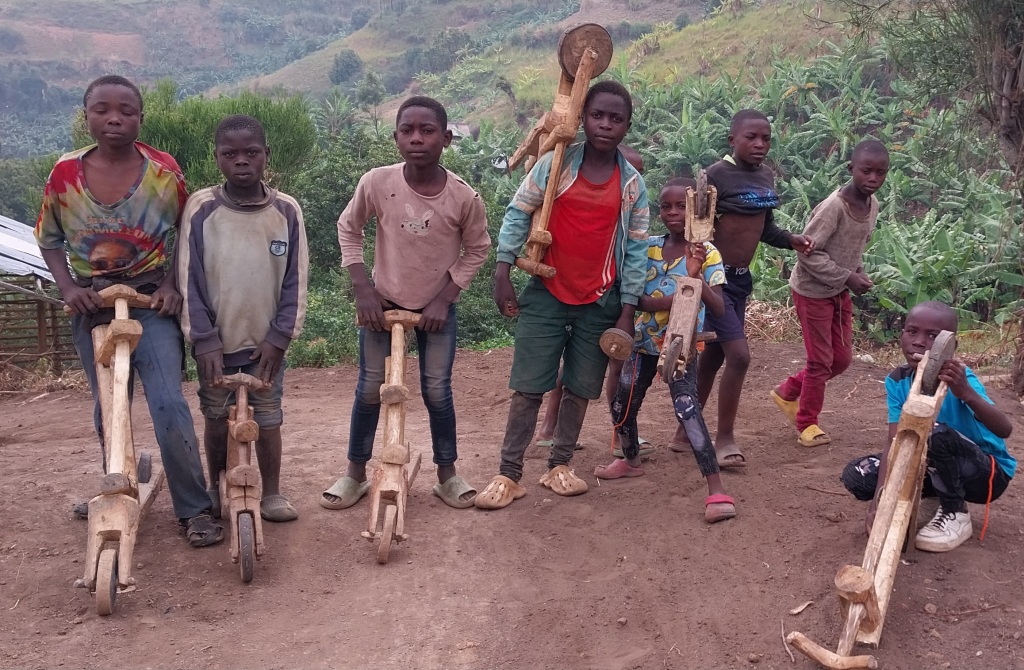
Protecting Children in Tourism
Lesson 1: Why do child rights matter for business? Every child has rights — no matter where they grow up By definition a child is a person who is under 18 years of age, except if the national law of the concerned country states otherwise. The rights are set out in the UN Convention on the Rights of the Child, which was ratified by almost all countries in the world after it came into force on 20 November…
-
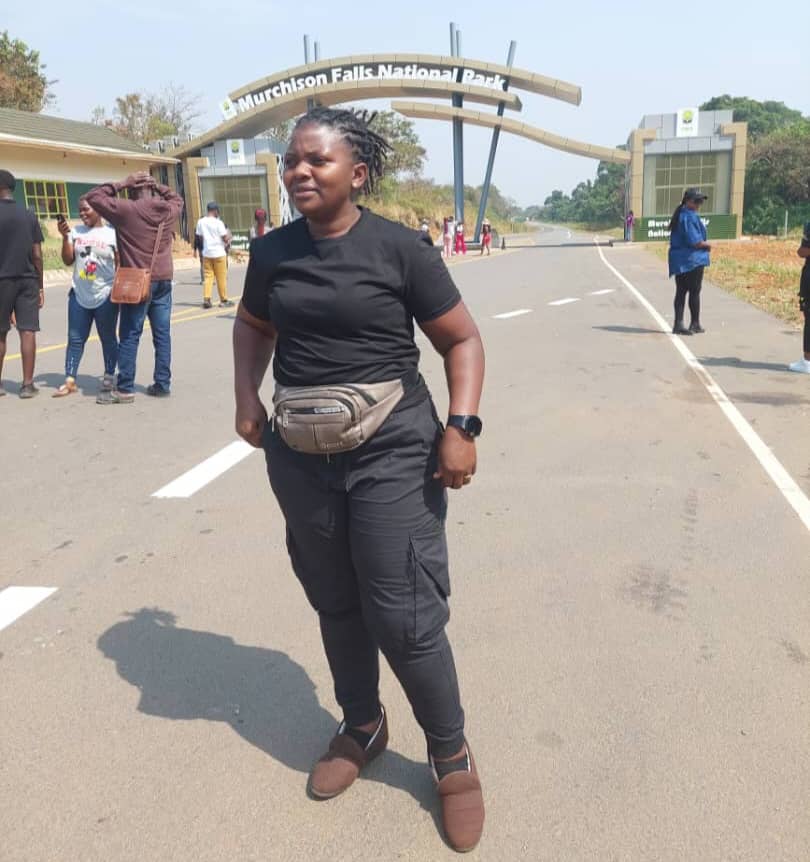
Gimbaliz’s Adventure; Murchison Falls National Park Expedition
Murchison Falls National Park Expedition with Upcountry Safaris Uganda Liz had dreamed of visiting Murchison Falls for many years, and finally, on February 4th, 2024, her dream became a reality when she embarked on an unforgettable journey with Upcountry Safaris Uganda to explore the wonders of Murchison falls National Park. The journey began with a one-day trip from Kampala to Masindi, where Liz and other travelers from Upcountry Safaris Uganda gathered, eager for the adventure ahead. As they…
-
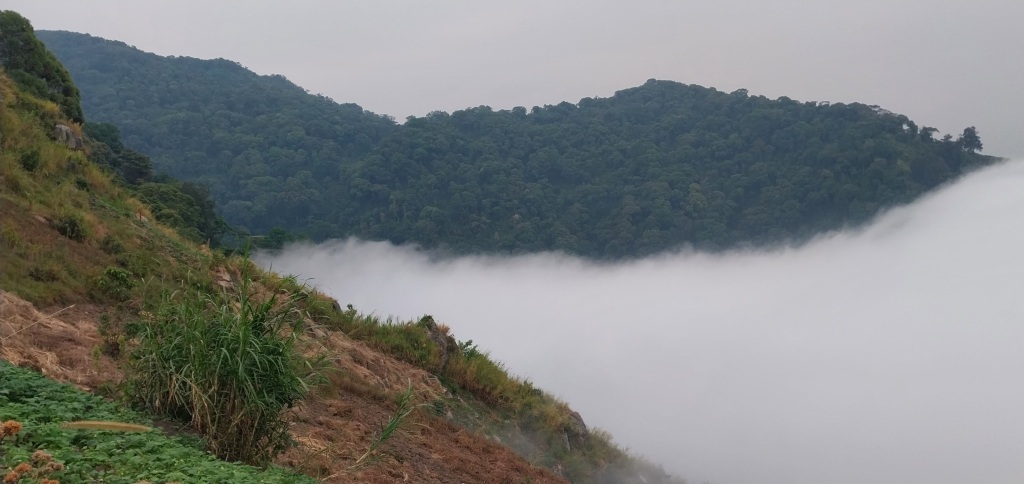
Fascinating Bwamba Pass Trail of Karangura Community in the Rwenzori Mountains
Because Rwenzori region is endowed with magnificent natural wild, nature walks and hikes are some of the most rewarding safari activities on any holiday. A nature walk is a self-participatory activity that brings you closer to nature. It involves the real jungle experience unlike any other activity of viewing wildlife. You take the same trails that the wildlife walks through so that you can get close to it within its habitat. However, other developed nature walk trails within…
-

The African Planned Tourist
Ever wondered who “The Planned Tourist” in Africa is? Well, buckle up, because we’re about to introduce you to a truly remarkable Ugandan traveler and nature lover! This isn’t just any tourist; he’s a passionate tourism and hospitality educator, advocate, and promoter, with a special soft spot for Community Based Tourism in Africa. Sabiiti Fenekansi Mbiire is all about making sure tourism benefits local communities and preserves the incredible natural beauty of the continent.
-
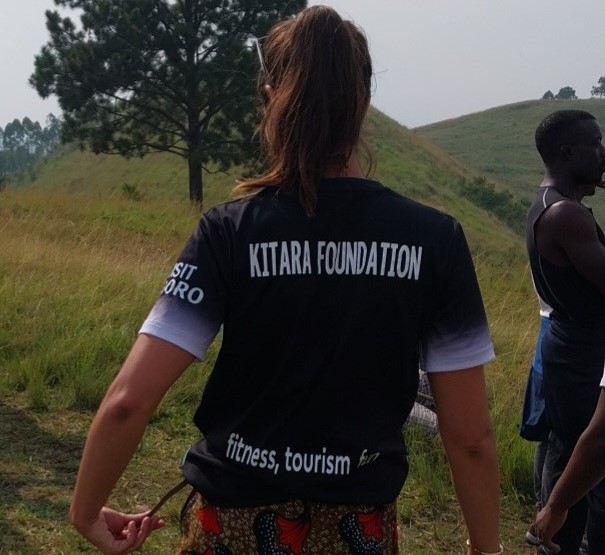
“Uncharted Uganda: Explore Hidden Gems with Kitara Foundation”
“Discover Hidden Uganda with Kitara Foundation’s Unique Travel Options Description: “Discover Uganda’s unseen beauty with Kitara Foundation’s unique travel options. Explore Rwenzori Mountains and the surrounding, and more with expert guides.” Explore the uncharted beauty of Uganda with Kitara Foundation’s carefully curated travel experiences. Venture off the beaten path to uncover the secrets of Western Uganda’s stunning landscapes, vibrant culture, and breathtaking natural wonders. Join us on an unforgettable journey to: – Unwind in the warm waters of…
-
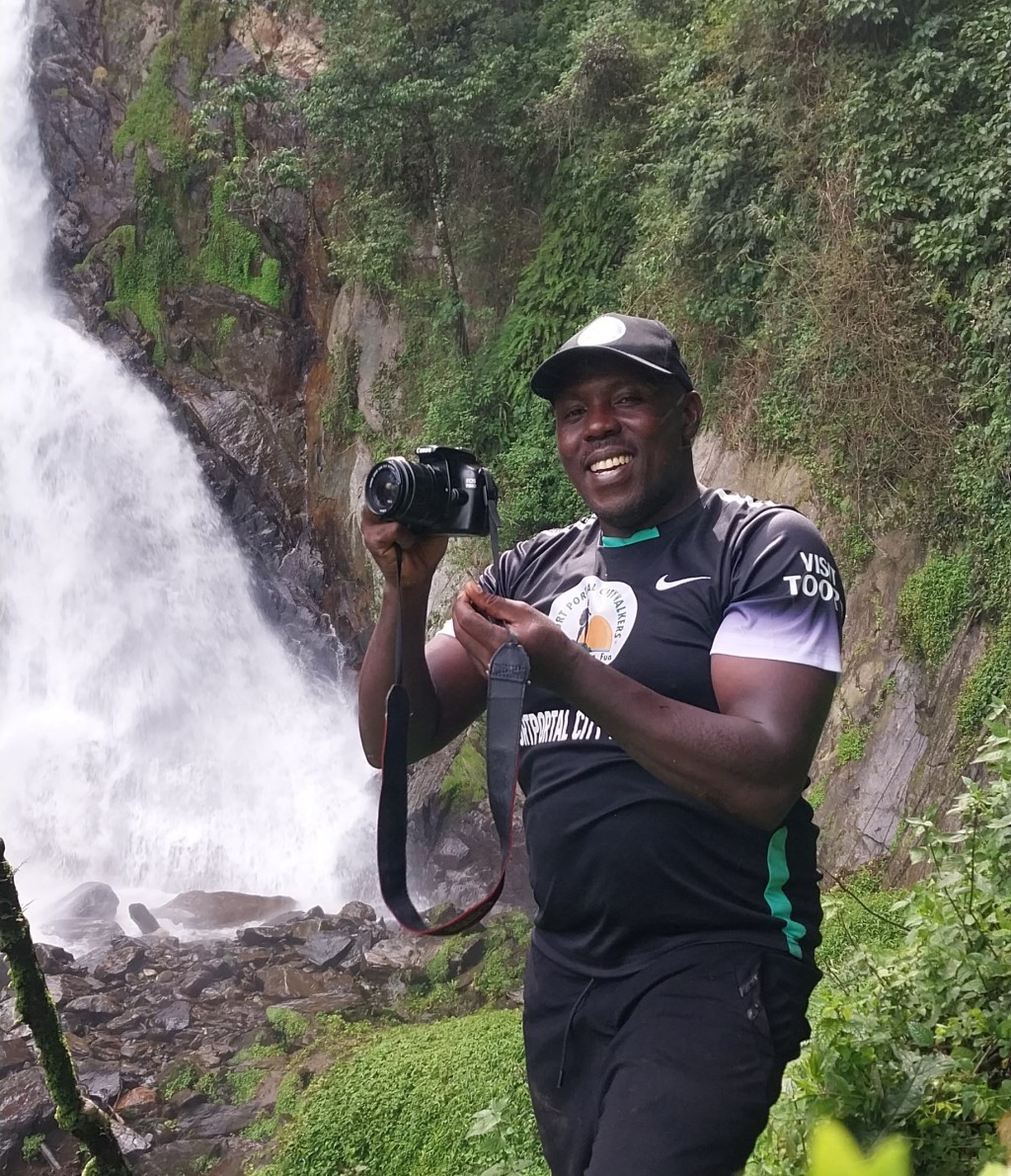
Hike to the Stunning Natural Sebwe Waterfalls in the Rwenzori
My journey to Sebwe waterfalls in the Rwenzoris was one of my most satisfying travel experiences of 2023. With fellow travellers of Kasese Hikers Club, we took on the hike that lasted 8 hours that still seem like 24 hours. At JS Ice Cream point Kasese town we met and united with stranger friends before we set off for our adventure. Everyone looked prepared for the hike, from the dress code to the attitude. Many thanks to Mr…
-

Captivating Adventures to the Africa’s Cycad Villages of Kitagwenda
Uganda’s Ancient Secret: Journey to the Cycad Villages – An Authentic Community Tourism Experience! Are you a European traveler seeking an adventure that transcends the ordinary? Do you dream of connecting with truly unique landscapes, ancient wonders, and the warm heart of local communities? Then prepare to uncover Uganda’s best-kept secret: the enchanting Cycad Villages in the picturesque Kitagwenda district.
-
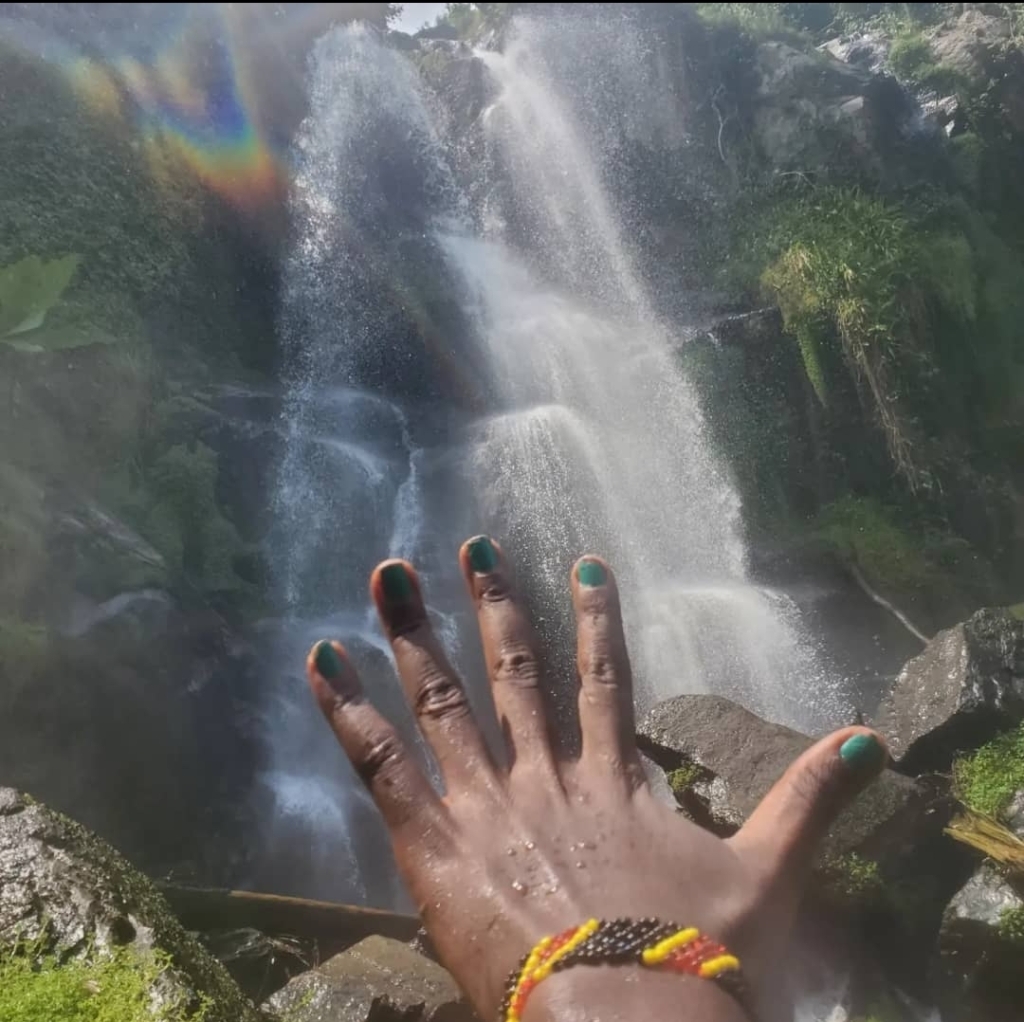
Explore the mystical beauty of Rwenzori Mountains with Kiima Waterfalls at Mapatha Village!
How can i describe Kiima Falls?“Deep within the lush Rwenzori Mountains, nestled in the picturesque village of Mapatha, lies the enchanting Kima Waterfalls. This natural wonder is a mesmerizing ensemble of four mystical waterfalls, cascading down three serene rivers, and sheltering five magical caves. As you step into this mystical realm, the roar of the waterfalls grows louder, and the air is filled with the sweet scent of tropical vegetation. The waterfalls themselves are a sight to behold…
-

The Most Visited Tourism Destinations in Africa
Uganda: Uganda is number one, no wonder its named the Pearl of Africa. Uganda is a landlocked country in East Africa whose diverse landscape encompasses the snow-capped Rwenzori Mountains and immense Lake Victoria. Its abundant wildlife includes chimpanzees as well as rare birds. Remote Bwindi Impenetrable National Park is a renowned mountain gorilla sanctuary. Murchison Falls National Park in the northwest is known for its 43m-tall waterfall and wildlife such as hippos. Mountain gorillas have become endangered over the…
-
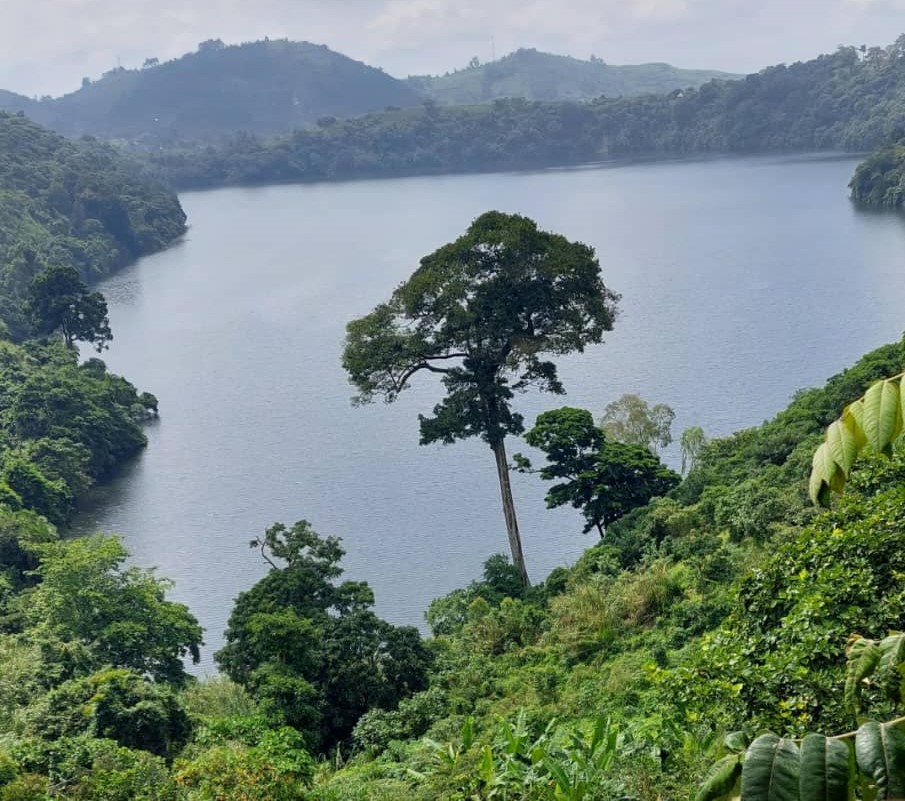
Where can I put my Donation for Conservation Project in Africa
Environmental Conservation at Kitara Foundation Kitara Foundation for Regional Tourism is implementing an Environmental Conservation Project in Fort Portal in Tooro and Buliisa in Bunyoro both located in the Great Kitara Region of Western Uganda. As an environmental conservation project at Kitara Foundation, we create opportunities for communities and local people to support Natural and rainforest conservation, climate change actions, environmental education, sustainable livelihoods, Nature conservation, organic farming and tree planting projects within communities in Kitara region of…
-
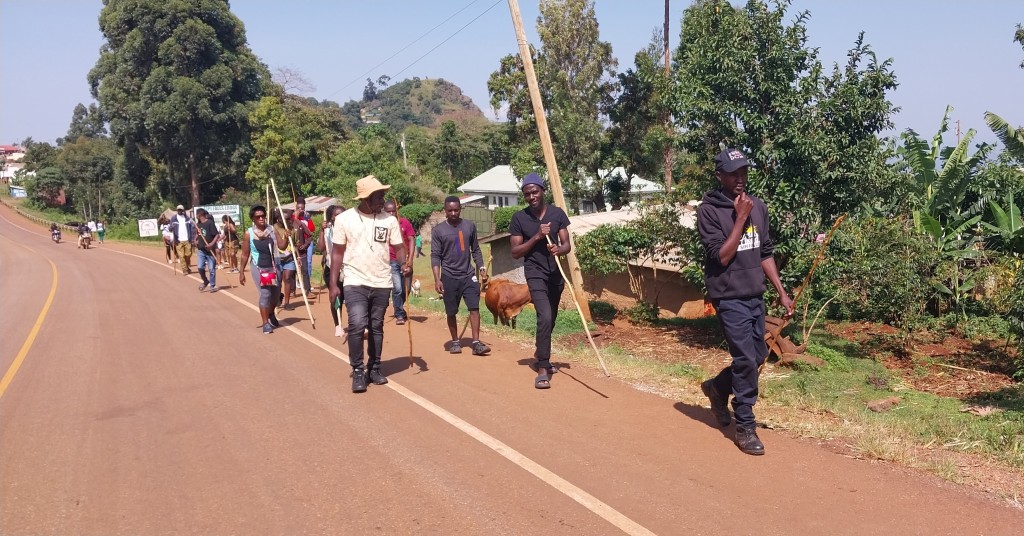
Best Volunteer Program in Fort Portal
Volunteer Tourism At Kitara Foundation We Host Volunteers from Abroad: Embarking on a journey to offering yourself to serve free of charge can be quite a daunting experience. However, with the right mindset, tools and preparation, it can be an incredibly rewarding experience with many lessons along the way. That’s why Kitara Foundation has developed a comprehensive volunteer program so that volunteers have a safe, enjoyable, productive time that is helpful to the communities and rewarding to the…
-
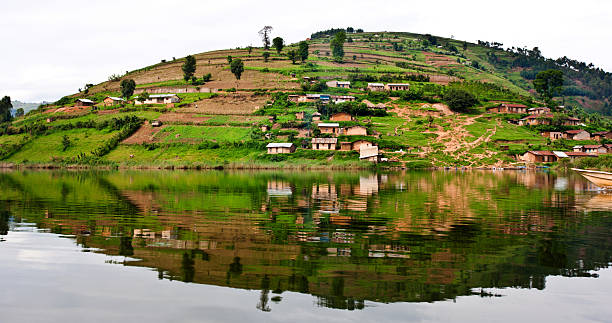
Best Schools for Education Volunteers in Africa
We congratulate all teachers of the world, we celebrate you. We welcome you to experience education in Africa with us. Welcome to Mackay Education Volunteers Network (MEV-NET) in Uganda. Your contribution to Education development in Uganda is needed now than before. As a result of the Covid-19 disruption in the country, Ugandan education will never be the same. Many Ugandan children have lost on their education and so on their future goals. Kitara Foundation is currently working with…
-
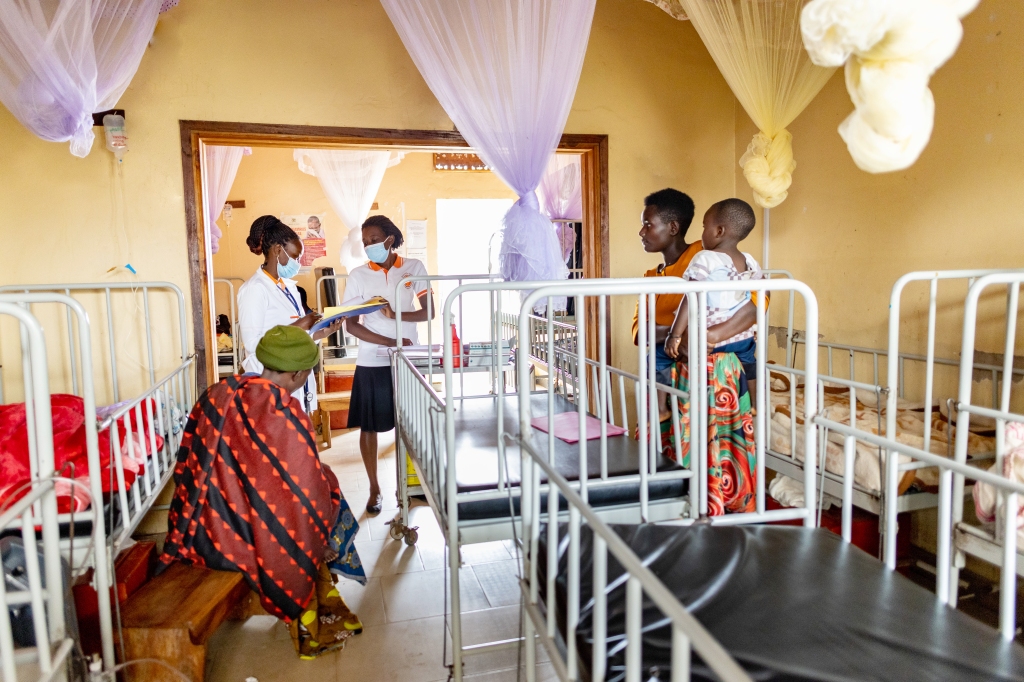
Best Hospitals for Volunteers work in Africa
While there are many hospitals in different countries in Africa hosting volunteer medical professionals, Uganda has been a good destination for volunteer medical workers as well as other professionals. We will share with you some hospitals in Uganda and later we shall show you more hospitals in other African countries. While the country has made inroads into poverty and health, life expectancy at birth is still extremely low, currently around 48 years. Uganda has a very high population growth…
-

Best Countries to Visit in Africa
Uganda: Uganda is number one, no wonder its named the Pearl of Africa. Uganda is a landlocked country in East Africa whose diverse landscape encompasses the snow-capped Rwenzori Mountains and immense Lake Victoria. Its abundant wildlife includes chimpanzees as well as rare birds. Remote Bwindi Impenetrable National Park is a renowned mountain gorilla sanctuary. Murchison Falls National Park in the northwest is known for its 43m-tall waterfall and wildlife such as hippos. Mountain gorillas have become endangered over…
-
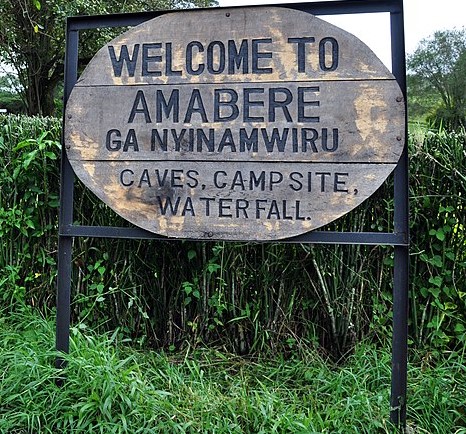
Best or Top Hotels and Accommodation in Fort Portal
Fort Portal is a charming and picturesque city located in the Western Region of Uganda. It is the main town in the region that comprises districts of Kabarole, Kasese, Kyenjojo, Kyegegwa, Kamwenge, Kitagwenda, Ntoroko, and Bunyangabu. Fort Portal is known for its stunning natural beauty, with lush green hills, tea plantations, and the backdrop of the Rwenzori Mountains. The city is named after a British fort that was built in the area in the 1890s. Fort Portal is a popular tourist…
-

Top Things to do in and Around Fort Portal
Fort Portal, nestled in the heart of Uganda, is a charming town that offers a rich blend of natural beauty, cultural heritage, and adventure. With its mesmerizing landscapes, friendly locals, and a vibrant wildlife scene, Fort Portal has become a popular destination for tourists seeking an off-the-beaten-path experience. The best adventures of Fort Portal also get outside Fort Portal town to the neighbouring areas to form a complete tourism circuit for whatever days you want to spend. One…
-
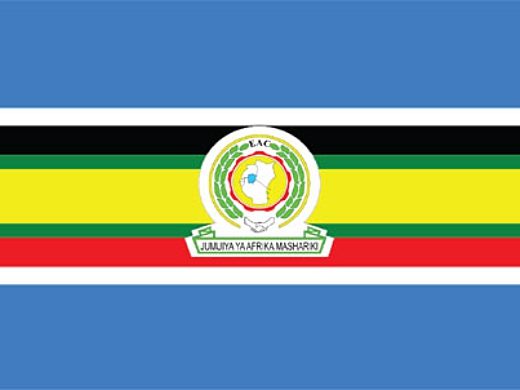
East Africa’s Tourism Potential on the Global Stage
East Africa’s Tourism and Wildlife arrival numbers remain dismal, which calls for a radical shift in how the region is marketed. “In the heart of Africa, where wildlife roams free and landscapes enchant, we find ourselves facing a challenge, a challenge of declining tourist arrival numbers. Our tourism numbers are dismal, and it’s time for us to reimagine our approach.” There is a vivid picture of the untapped potential that East Africa holds. There is need for collaborative efforts…
-
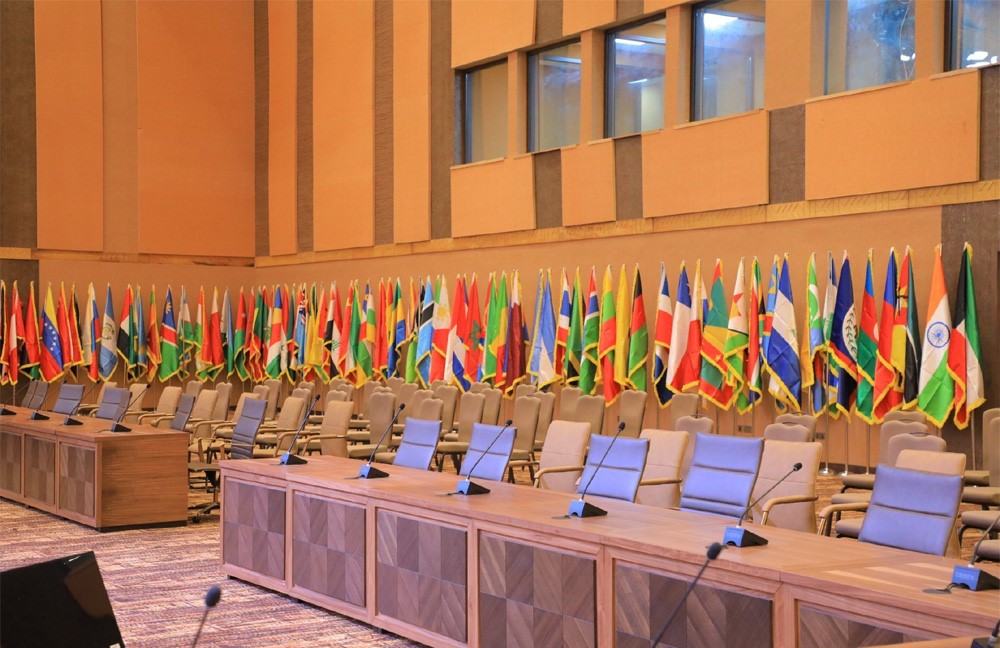
Visit Uganda and Discover the Pearl of Africa
The phrase Pearl of Africa was created by Winston Churchill an early explore after his visit to Uganda in 1908. He found Uganda with a unique environmental attributes and the moderate climate due to the country’s nearness to equator, color, hospitality of the people among others. Considered Uganda above all the countries in Africa. During the 1907 Winston Churchill had a trip in Uganda when he discovered that Uganda offers a lot more beyond once imagination. In 1908,…
-
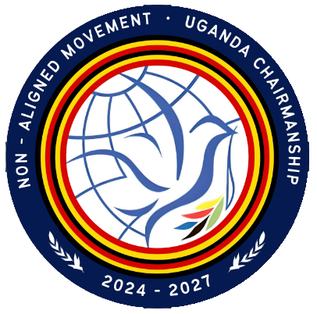
The World Comes to Uganda 2024
Uganda Hosting the 19th Non-Aligned Movement-NAM Summit and G77 in January 2024 Uganda hosts the 19th Summit of Non-Aligned Movement (NAM) Heads of State and Government, a forum of 120 member states from 15 to 20 January 2024, at the Munyonyo Commonwealth Resort. Then from 21 to 23 January, at the same venue, Uganda hosts the Third South Summit organized under the framework of Group 77 and China, a loose alliance of developing countries. The two summits provide…
-
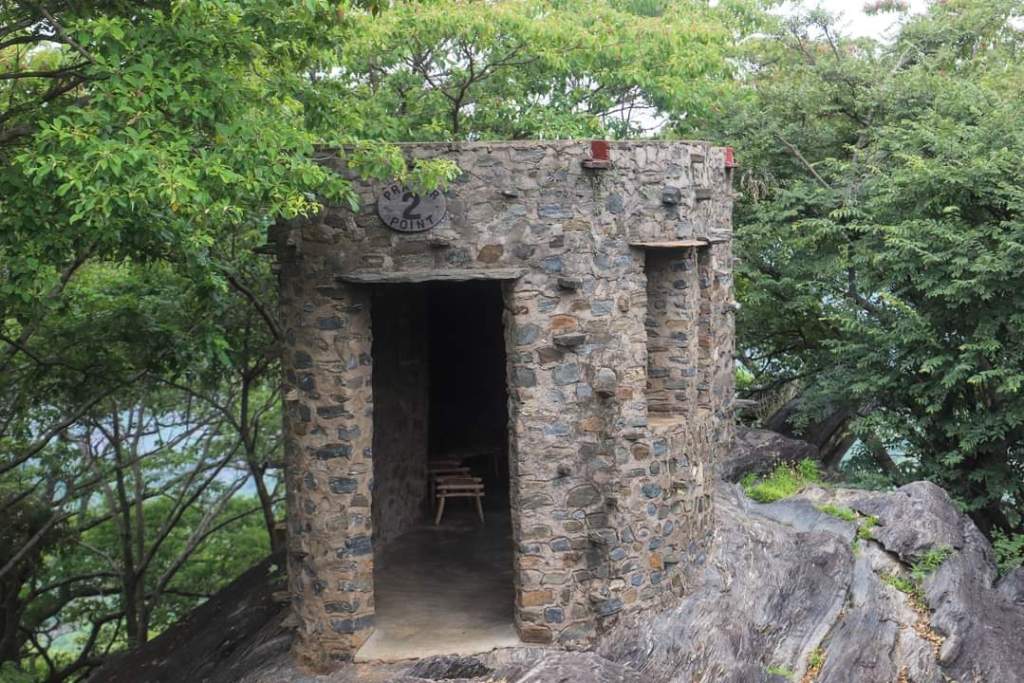
Bethel Chapel-The Smallest Church in the World
The world’s smallest church is in Uganda, Nebbi district. Bethel Chapel seats at jaw-dropping beautiful rolling hills of Biku, in Erussi subcounty in Nebbi district West of the Nile in Northern Uganda. Bethel Chapel ranks firster than the smallest church recorded in the Guinness Book of World Records found on the Niagara River in Canada which contains six people. Around this church are nine prayer points which allow people to pray, praise and meditate on the word of…
-
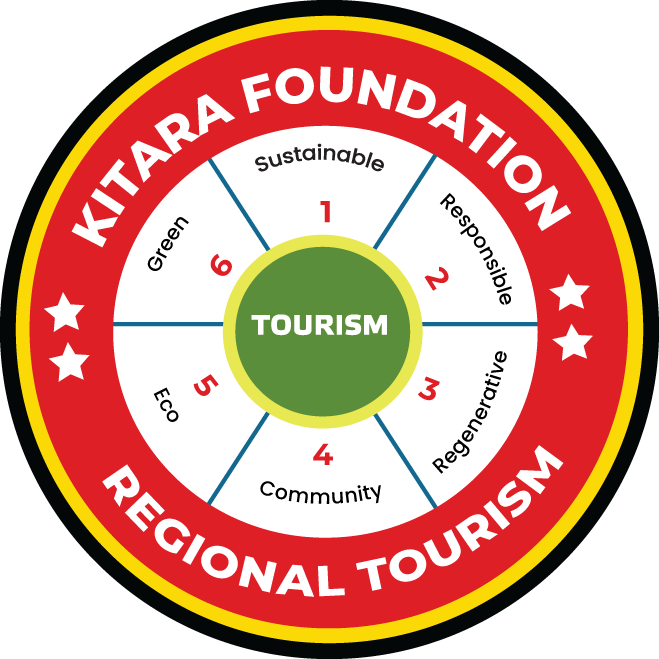
Kitara Foundation School of Tourism and Hospitality, Sustainable Tourism Training in Uganda
“Empowering Sustainable Tourism in Uganda: Introducing Kitara School of Tourism Description: “Develop local tourism skills with Kitara School of Tourism. Focus on sustainable development, eco-tourism, and responsible travel practices in Uganda.” At Kitara Foundation, we believe that tourism should benefit both people and the planet. That’s why we’ve established Kitara School of Tourism, a pioneering program dedicated to developing local skills, promoting sustainable tourism development, and fostering responsible travel practices in Uganda. Our comprehensive training focuses on: –…
-
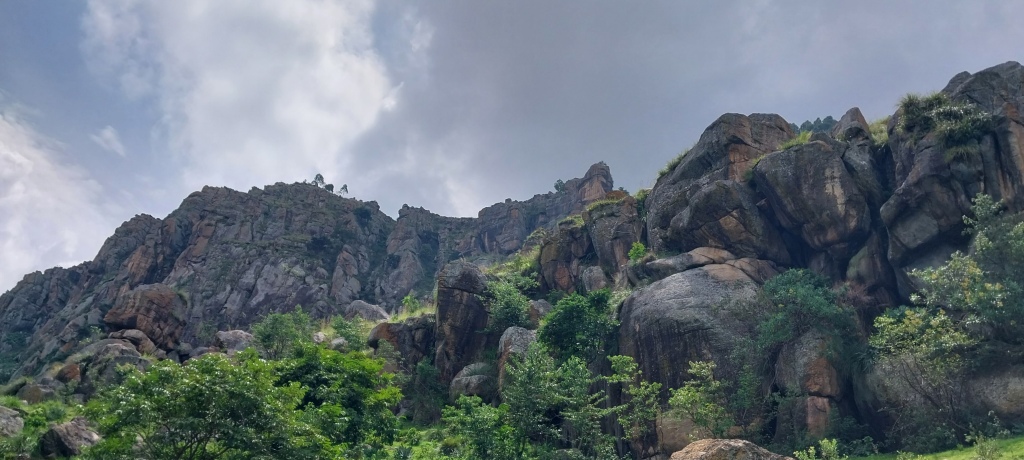
Tooro Visits Ankole on an Enchanting Adventure Travel to the last Home of Bacwezi in the Ancient Kitara Empire
All the way from Tooro, we recently took an adventure to Ibanda area of greater Ankole Kingdom. We were in a group travelers from Fort Portal City Walkers and were hosted by another team of Nature culture lovers of the Ibanda Hill Trekkers. We set the journey from Fort Portal with the excitement coursing through veins which was akin to a symphony, each beat promising an adventure that would forever be etched in one’s memory. It was a…
-
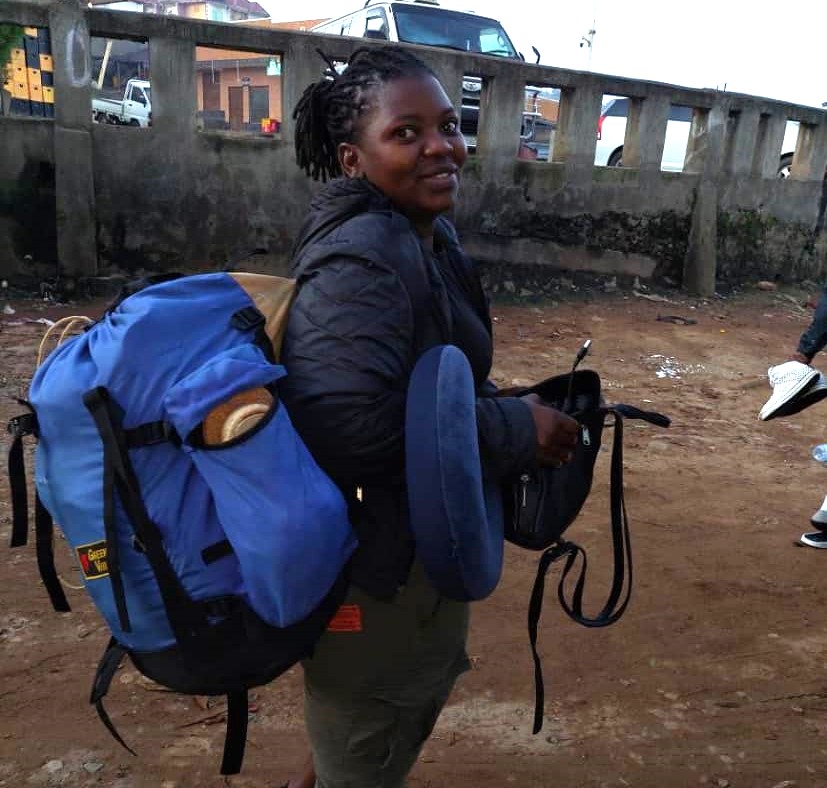
Unveiling the Enchanting Fort Portal; A JOURNEY TO REMEMBER:
A Story of Beauty and Adventure told by Gimba Liz the Tourist As the sun cast its golden rays upon the Ugandan landscape, I embarked on a journey from Jinja to the captivating city of Fort Portal, eager to unravel its natural wonders and immerse myself in its rich cultural tapestry. I took the journey among other travellers from FELLOW TRAVELERS UG. The excitement coursing through my veins was akin to a symphony, each beat promising an adventure…
-
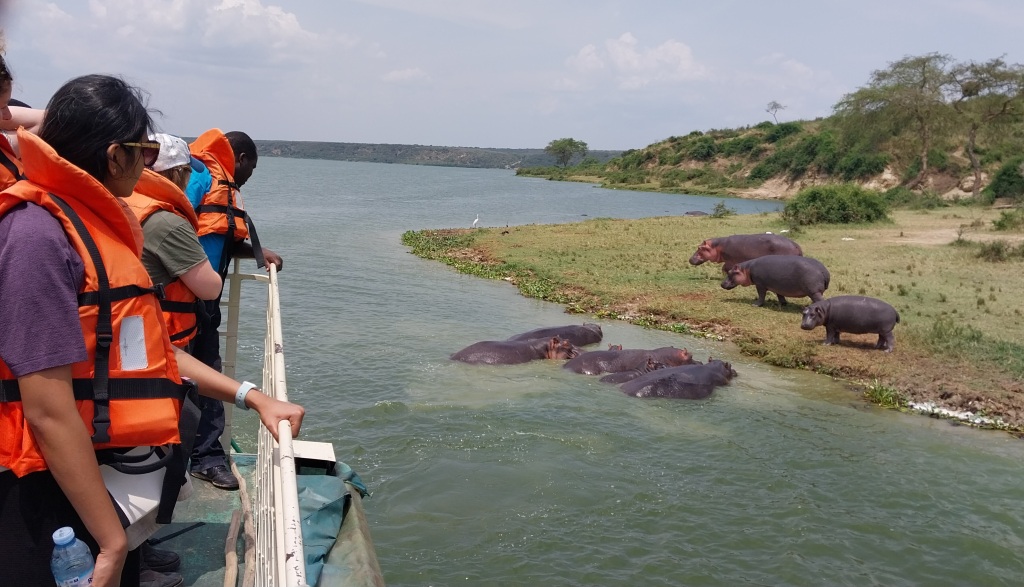
Uganda: Authorities Have increased security in Kasese District following armed attack in Queen Elizabeth National Park
Increased security likely in Kasese District after assailants kill foreign nationals in Uganda’s Queen Elizabeth National Park Oct. 17. Authorities in Uganda are likely maintaining an elevated security posture in the Kasese District after Assailants ambushed a tourist vehicle in Queen Elizabeth National Park along Katwe Road on Oct. 17, killing two foreign nationals and a Ugandan. Local officials confirmed the attack and launched a security operation to track the assailants. While no group immediately claimed responsibility for…
-
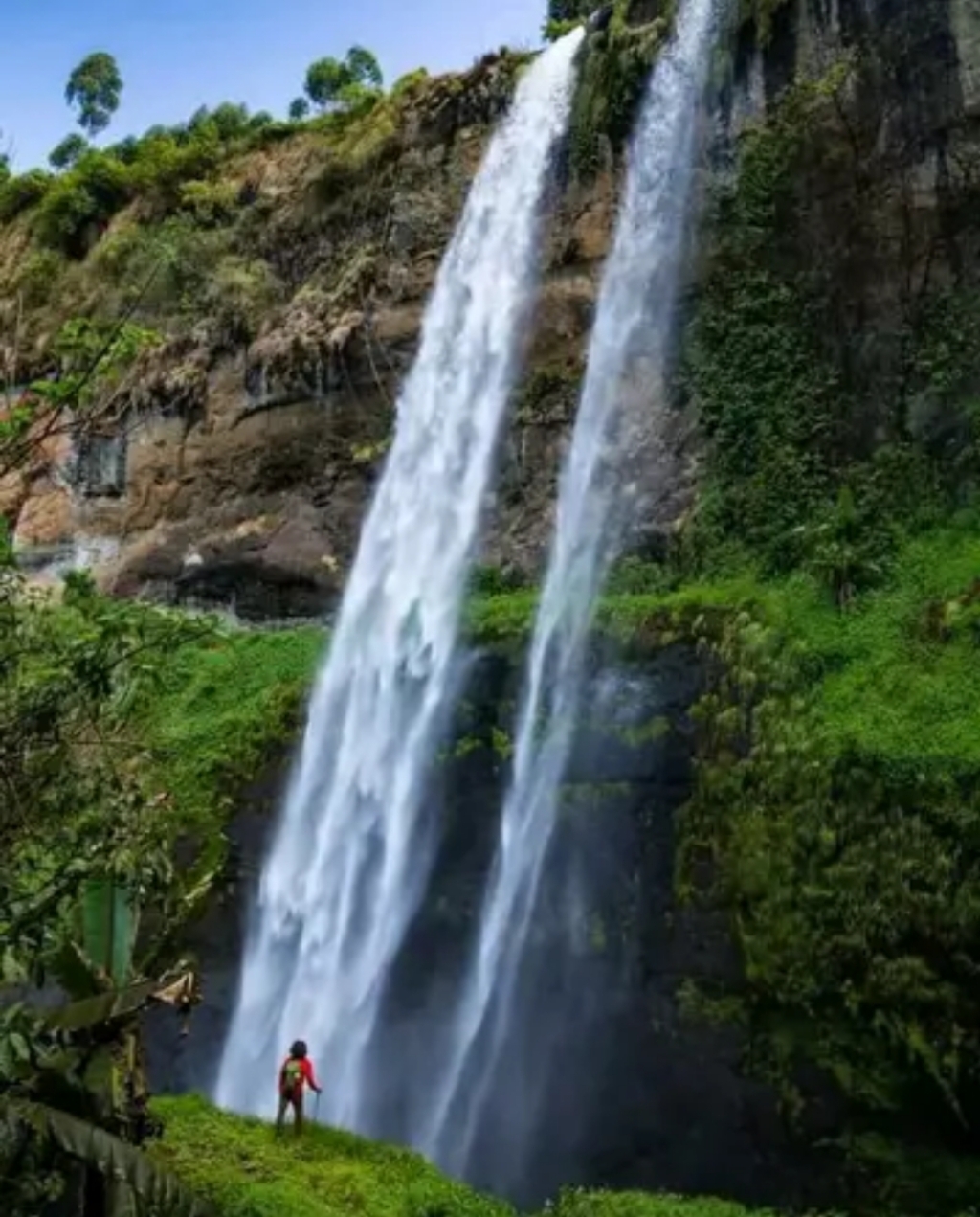
Sipi Falls, A Story of Beauty and Adventure, Told by Gimba Liz the Tourist
For the discerning world-class traveler, the allure of Africa often conjures images of majestic wildlife and breathtaking landscapes. While Uganda, the “Pearl of Africa,” undoubtedly delivers on these fronts, we invite you to discover a deeper, more profound connection that awaits you here: Community-Based Tourism (CBT).
-

Fort Portal City Walkers; where my Tourism journey begins
Also read “How Hiking Changed my Life” https://kitararcc.com/2024/08/06/how-hiking-changed-my-life/ My journey into tourism, specifically walking and hiking, began during the 2021 COVID-19 lockdown. I joined a domestic tourism group called the Fort Portal City Walkers in Western Uganda. While I had occasionally walked with colleagues before, this was different. The group’s intensive activities transformed my casual interest into a passion. Being in Fort Portal—a city nestled at the foothills of the Rwenzori Mountains and surrounded by major national parks…
-

Explore the Majestic Kororo Waterfalls and Local Culture
With Kasese Hikers Club, a Domestic Tourism Team in Kasese. The elegance, mystery and beauty of nature; From the thundering to the magical, you can find exactly what you are looking for when you visit Kyondo Community in Western Uganda. Whether you are looking to capture the immense power and majesty of the waterfalls or gaze at the soft white foam of a sparkling stream as it cascades down a mountainside, the selection of waterfall will bring the…
-
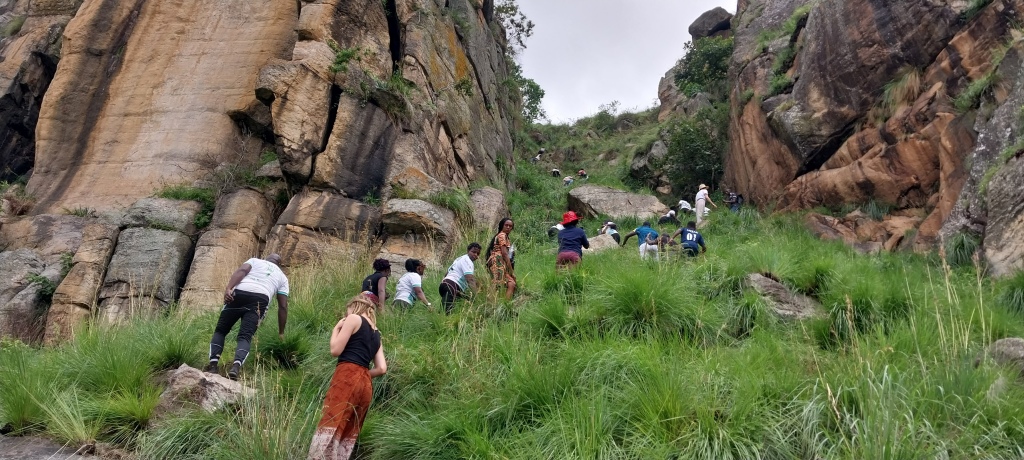
Hiking and Trekking Tips : Getting in Shape
Follow this link to become a member of Uganda Hiking Club and enjoy affordable and exciting travels and adventures. Whether you are a Ugandan or from any other country on the globe; https://ugandahikingclub.com/apply-for-membership/ Fitness for Hiking Hiking is an enjoyable hobby because it’s a sport that you can experience at your own pace. Getting in shape for hiking is necessary before hitting the trails. You don’t have to be an elite athlete to enjoy but you do need a…
-
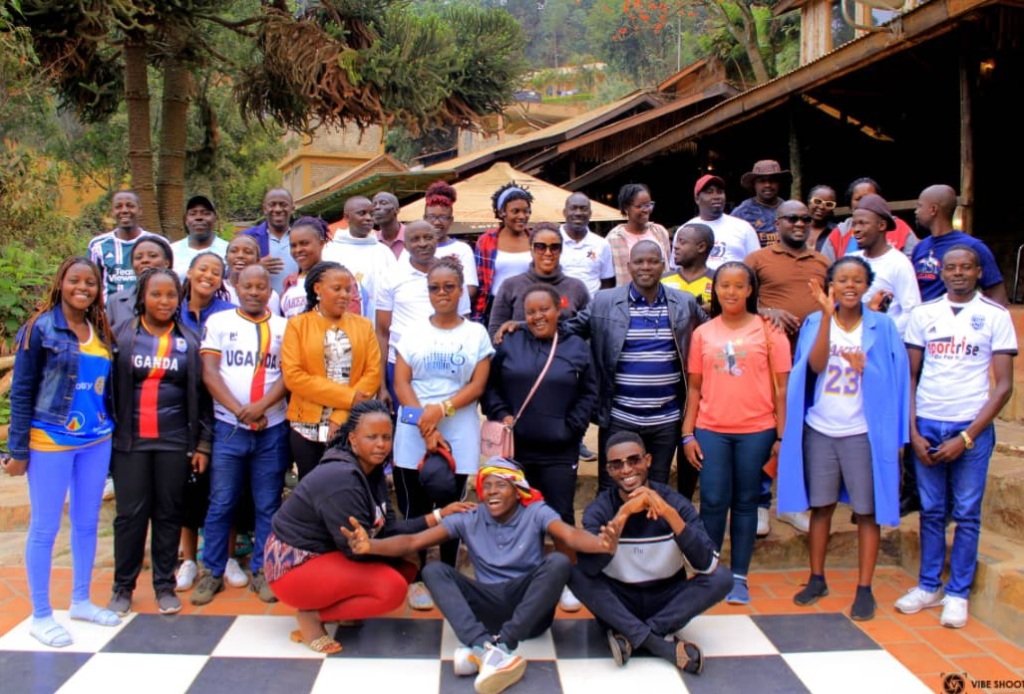
En Route to Kigezi- A Life Changing Experience for Trekkers in Uganda;
September 1st – 3rd was a weekend of adventure to South Western Uganda region of Kigezi, covering Kabale City, Lake Bunyonyi and Gatuna Uganda-Rwanda Border. the Travel that started from Ibanda District took us through districts of Mbarara, Rwampala, Ntungamo and Kabale before concluding the trip from Rwanda soil at Gatuna border. Organized by the Trekkers Club of Ibanda, participants were from across districts of Ibanda, Kamwenge, Fort Portal, Kyegegwa, Kiruhura and Isingiro. Ibanda Trekkers Club has since…
-

Chinua Achebe’s Literature; Eight books you must read
Chinua Achebe (16 November 1930 – 21 March 2013) was a Nigerian novelist, poet, and critic who is regarded as a central figure of modern African literature. His first novel and magnum opus, Things Fall Apart (1958), occupies a pivotal place in African literature and remains the most widely studied, translated, and read African novel. Along with Things Fall Apart, his No Longer at Ease (1960) and Arrow of God (1964) complete the “African Trilogy”; later novels include…
-

Waterfalls Tourism in Africa
Waterfalls Tourism There are many waterfalls in Uganda that have contributed to Uganda’s reputation as the Pearl of Africa, and they are all breathtaking. Most waterfalls are characterized by several rocks with sharp edges and a large pool below. The area around most of the falls is home to small primates such as monkeys. Snakes like the African cobra, green mambas and horned adder also call such places home. Most of Uganda’s falls are an important part of…
-
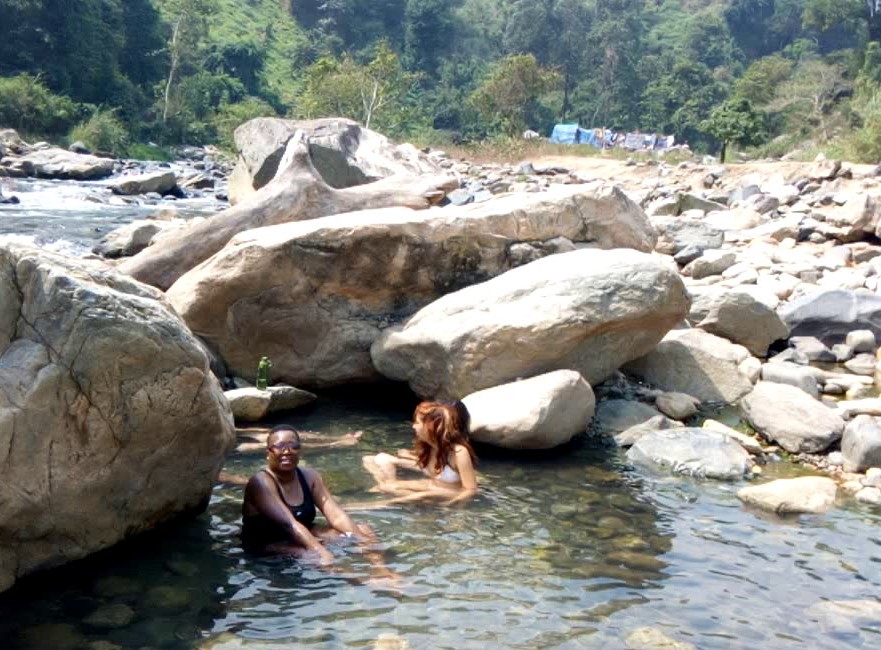
Magical Hot Springs in Africa
Hot Springs Tourism Magical Hot Springs Tourism in Uganda Hot springs in Uganda are one of the fascinating and mind-blowing features that attract many tourists. Uganda has a variety of attractions, but hot springs form one of the most beautiful attractions in Uganda. Did you know bathing in a hot spring in Uganda can help you relieve backaches and other muscle problems? Well, locals believe some of these hot springs have Devine healing powers from the gods to perform…
-
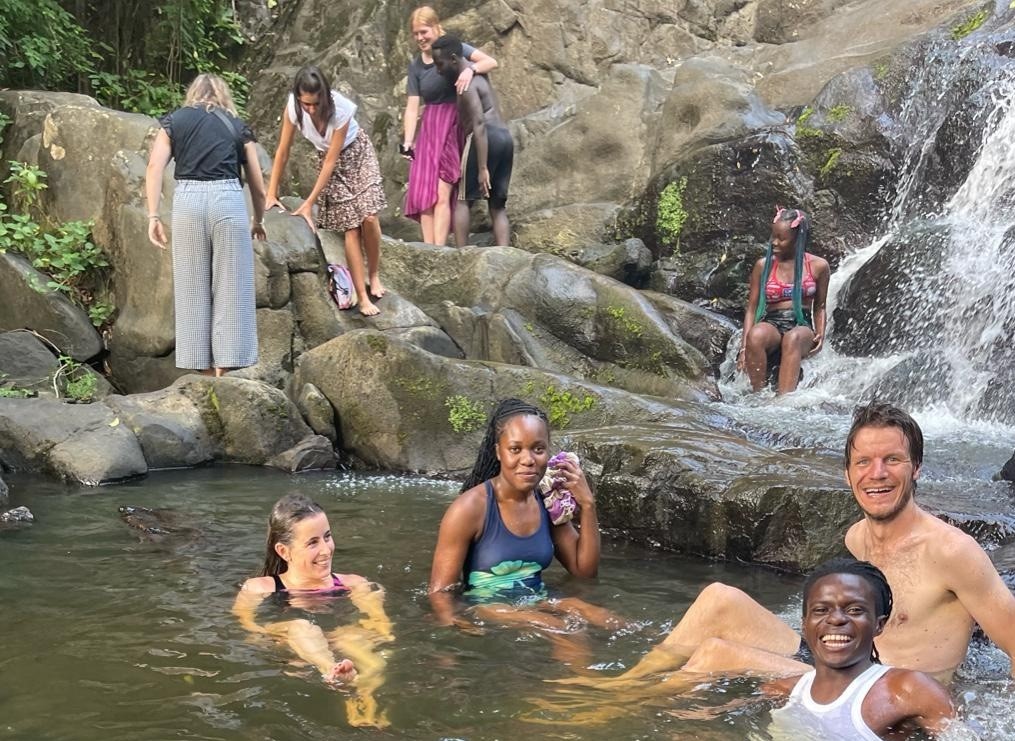
A Trip to the African Hydrotherapy Massage of Mahoma Water Falls in Uganda
Wondering where you would spend your time while in Fort Portal? Take a drive to Mahoma Falls in Kasenda. Enjoy the beautiful site, scenery of the falls and the surrounding area, as well as best weather and pristine nature of this village. The Mahoma Falls is located in a serene, lovely, and yet incredibly gorgeous location of Kasenda, in Kabarole near Fort Portal Tourism City of Western Uganda. Can be accessed from Fort Portal-Kamwenge Road branching at Kasisi…
-
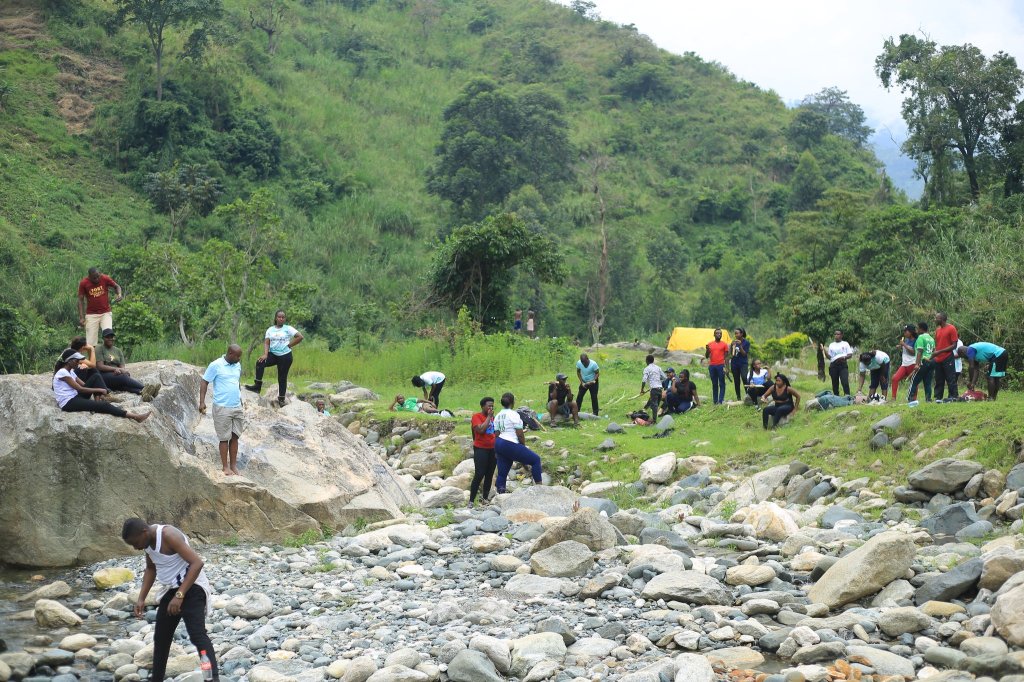
The Mystical Challenge to Rwagimba Hot Springs in Uganda
Rwagimba hot springs are found within the Albertine rift in the western part of Uganda, the magnificent springs are breathtaking with very interesting legend stories attached to them. They are found in Bunyangabu district in the Tooro Kingdom of Kitara Region. The hot springs whose water boil beyond 100 degrees in some part are adjacent to River Rwimi whose water runs from Rwenzori mountains as cold below -10 degrees. At a point where the hot springs water meets…
-

Hiking to Nyakahondogoro Caves Ibanda, home of the Bacwezi, founders of the ancient Kitara Empire.
Reaching to Nyakahondogoro Caves makes a Mega Hike Challenge for adventure travelers who visit this area. Nyakahondogoro caves are located on top of Mabanga Hill in Ibanda district of Western Uganda famously known as Kitara Region. The hike up Mabanga starts at Nyamirima and takes you through hills, gardens and homesteads right up to Nyakahondogoro caves with a brief but steep ascent to the top of Mabanga hill. From here, you will be able to take in 360-degree…
-
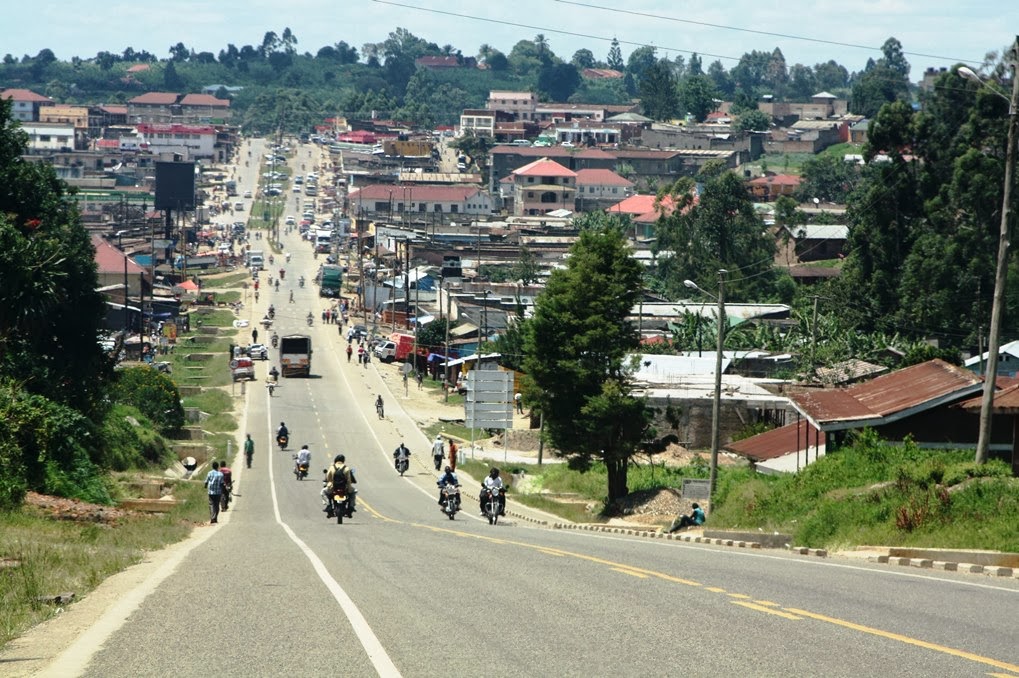
Fort Portal City; the Tourism Capital of Uganda
Fort Portal City; A Tapestry of Beauty: Crater Lakes, Mountains, and Warm Hospitality
-
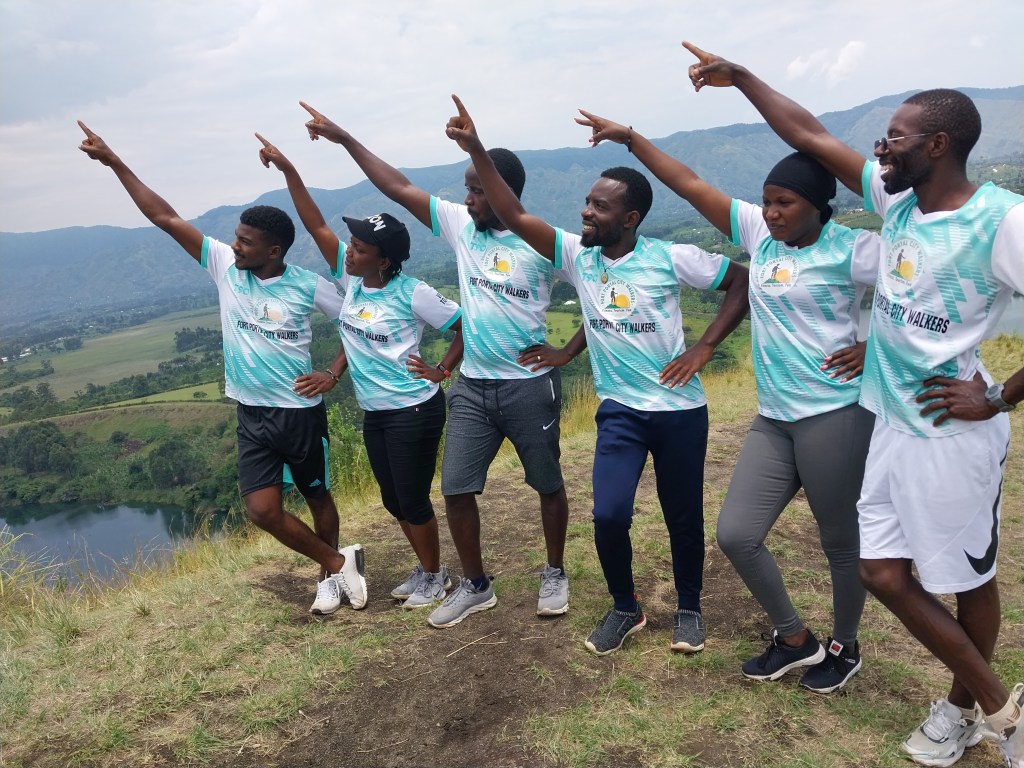
Fort Portal City Walkers; Fun and Fitness in Tourism
Welcome to Fort Portal City Walkers!
-
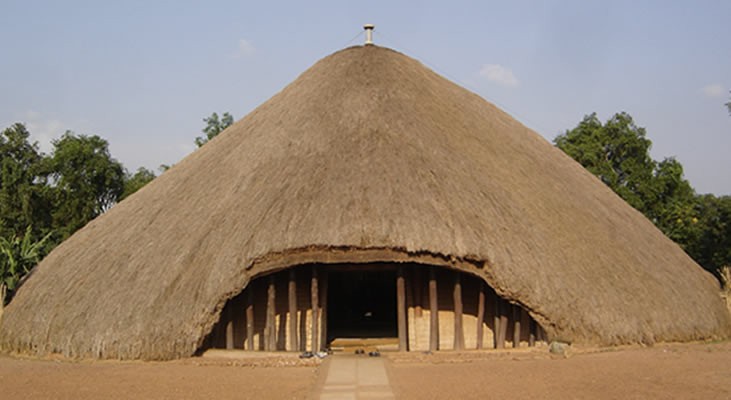
The Indigenous Bacwezi Rulers, Fighters and Wealth Creators
The Indigenous People of the Kitara Region -The Bacwezi Rulers, great fighters and Wealth Creators Preservation of culture is at the heart of Kitara Foundation for Regional Tourism. Culture is an important pillow in our operations ‘‘Traditionally the Bacwezi are thought to have drowned into lake Mwitanzige, but another school of thought believes that the Bacwezi did not just disappear. What is traditionally called disappearance should be viewed in the context of the difficulties of communication and mobility…
-

Ekyooto Ha Mpango Tooro
Ekyooto Ha Mpango is a Cultural Tourism Festival initially implemented by Talent Africa; https://mbu.ug/2021/10/08/talent-africa-take-on-fort-portal-with-ekyooto-ha-mpango-festival/. Experience the cultural tourism festival your way At Kitara Foundation for Regional Tourism, we respect any meaningful cultural experience in the region. Ekyoto Ha Mpango – a cultural festival showcasing Tooro Kingdom’s rich history and cultural heritage; exhibiting innovations that emanate from the wider Rwenzori region; marketing businesses and investment opportunities in the region; and providing a platform to engage in inclusive conversations on the…
-
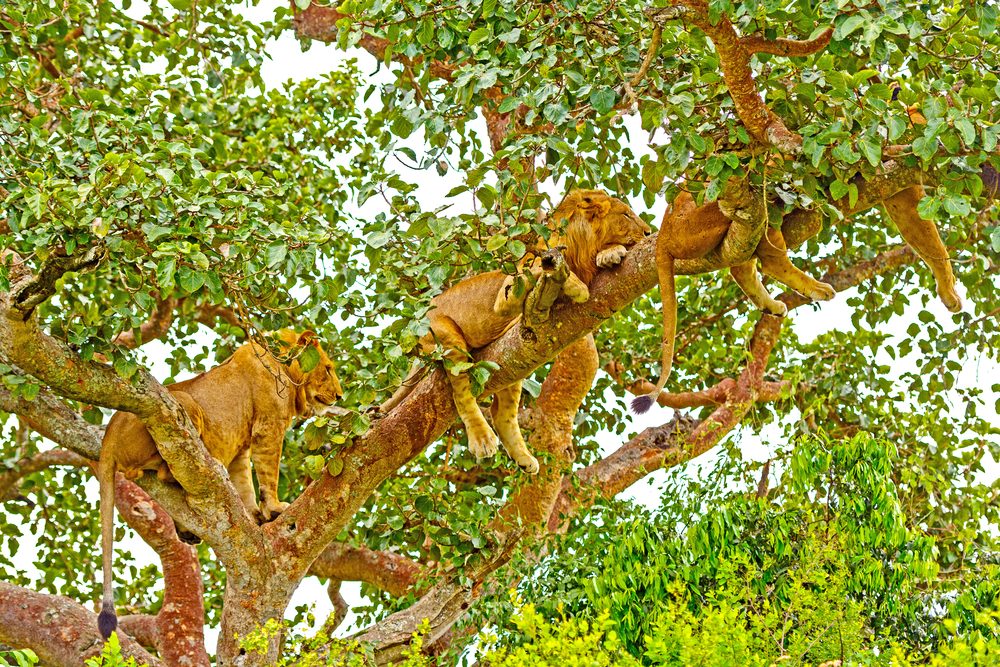
Where We Work- Kitara Region of Uganda
The Kitara Foundation warmly invites you to join us in a transformative journey. We believe that travel can be a powerful force for good, creating positive change for both visitors and host communities. We are reaching out to you to connect for sustainable tourism through meaningful travel partnerships. Why Partner with Us? At Kitara Foundation, we are at the forefront of Sustainable Community-Based Tourism (CBT) in Uganda. Our mission is to empower local communities by helping them develop…
-
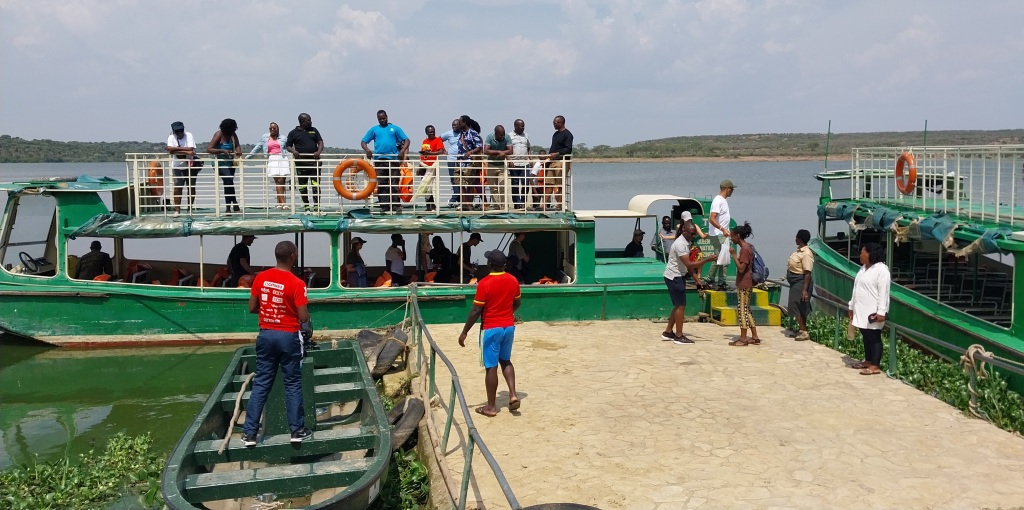
Volunteer work with Adventure- Your Travel Planner
OUR GUIDE TO WESTERN UGANDA’S NATURAL HERITAGE Our adventure program is unique from other adventure programs in Uganda in a sense that it is the only tour program that will balance your exploration between wildlife and human life. Whereas other adventure tours in Uganda will only take you to nature destinations and keep you in hotels, ours will offer you some days in various nature destinations but also give you a chance to stay with local people in…
-
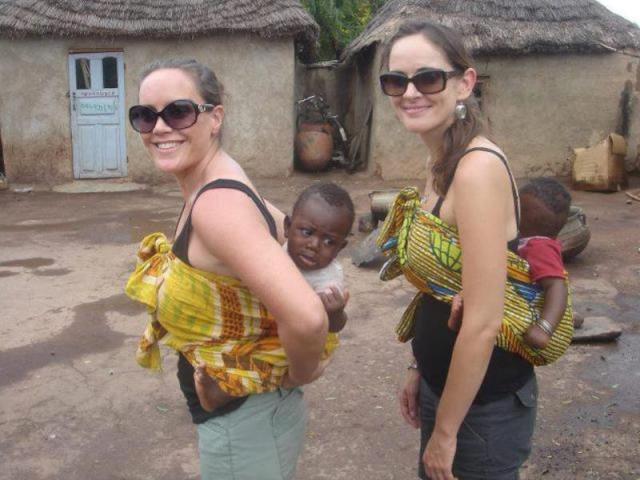
Friends of Children Volunteers needed in Uganda
Become a friend of learning; help make Ugandan children more creative for life. Every child has creative ability just waiting to be tapped. Majority Uganda children have untapped potential within themselves. Such children end up in unguided carriers which become unproductive for them in life. However, with the right educational play materials such as toys can bring it out. Infants, toddlers, preschoolers, early school age and older school age children all delight in opportunities for creative expression through…
